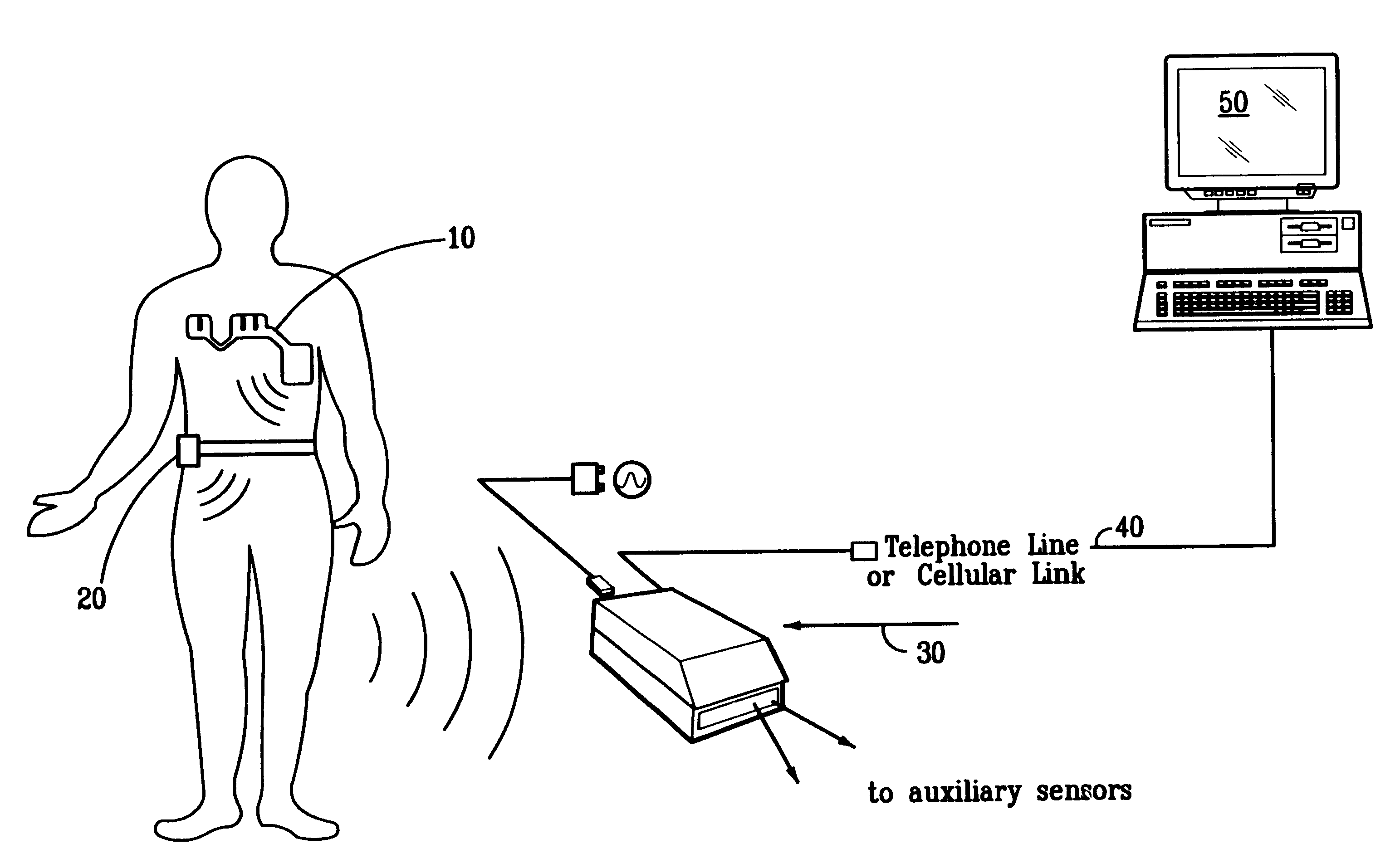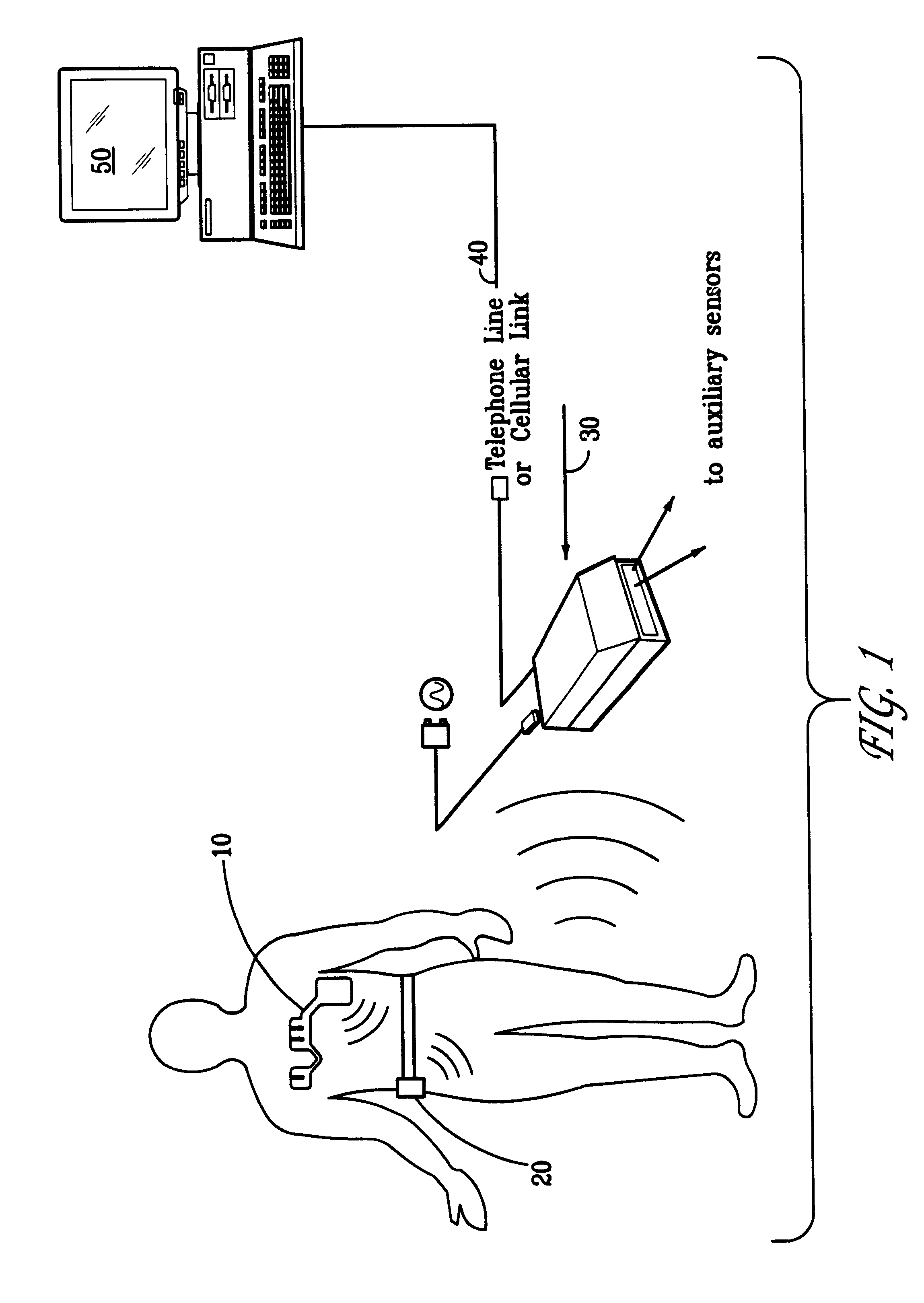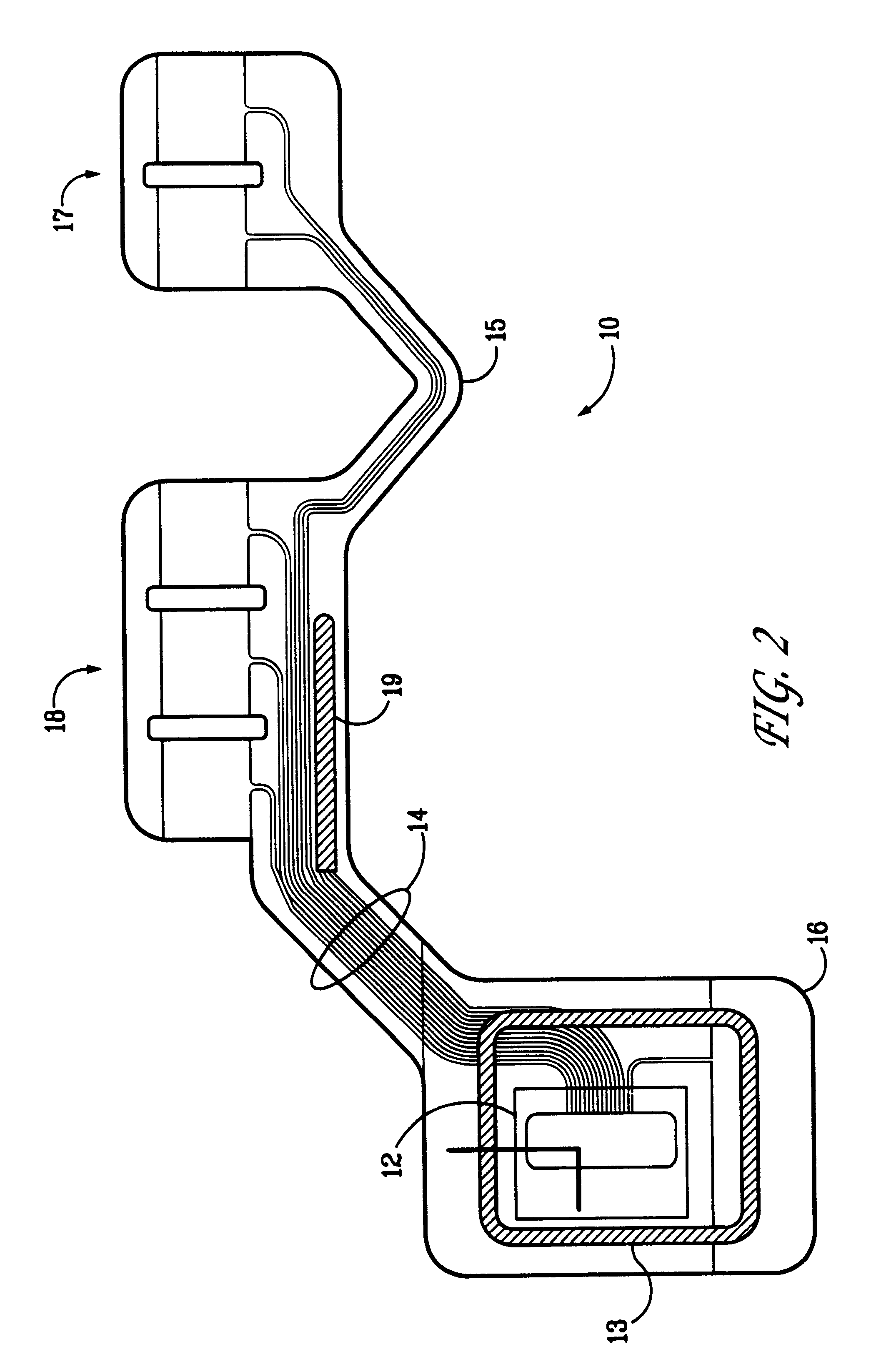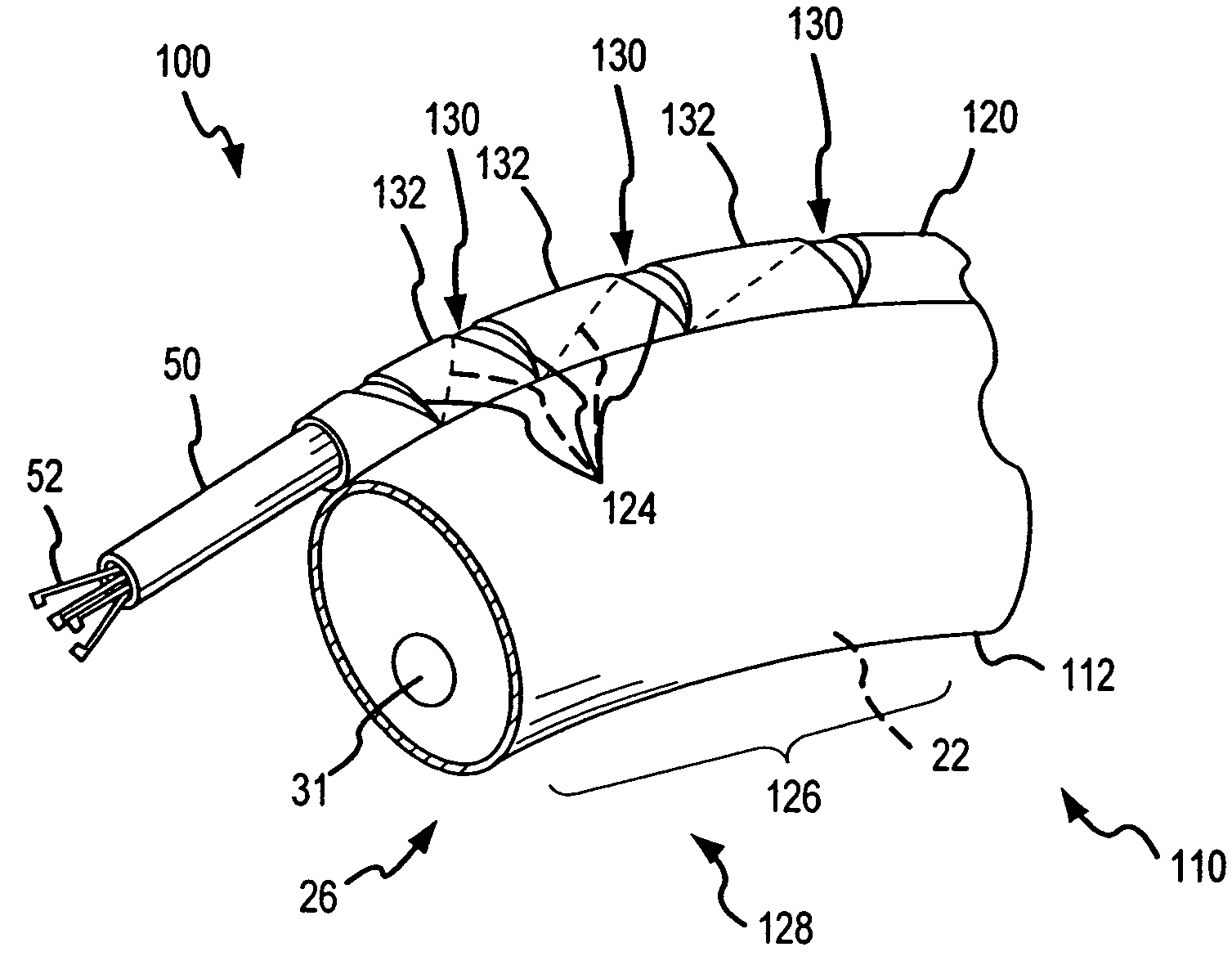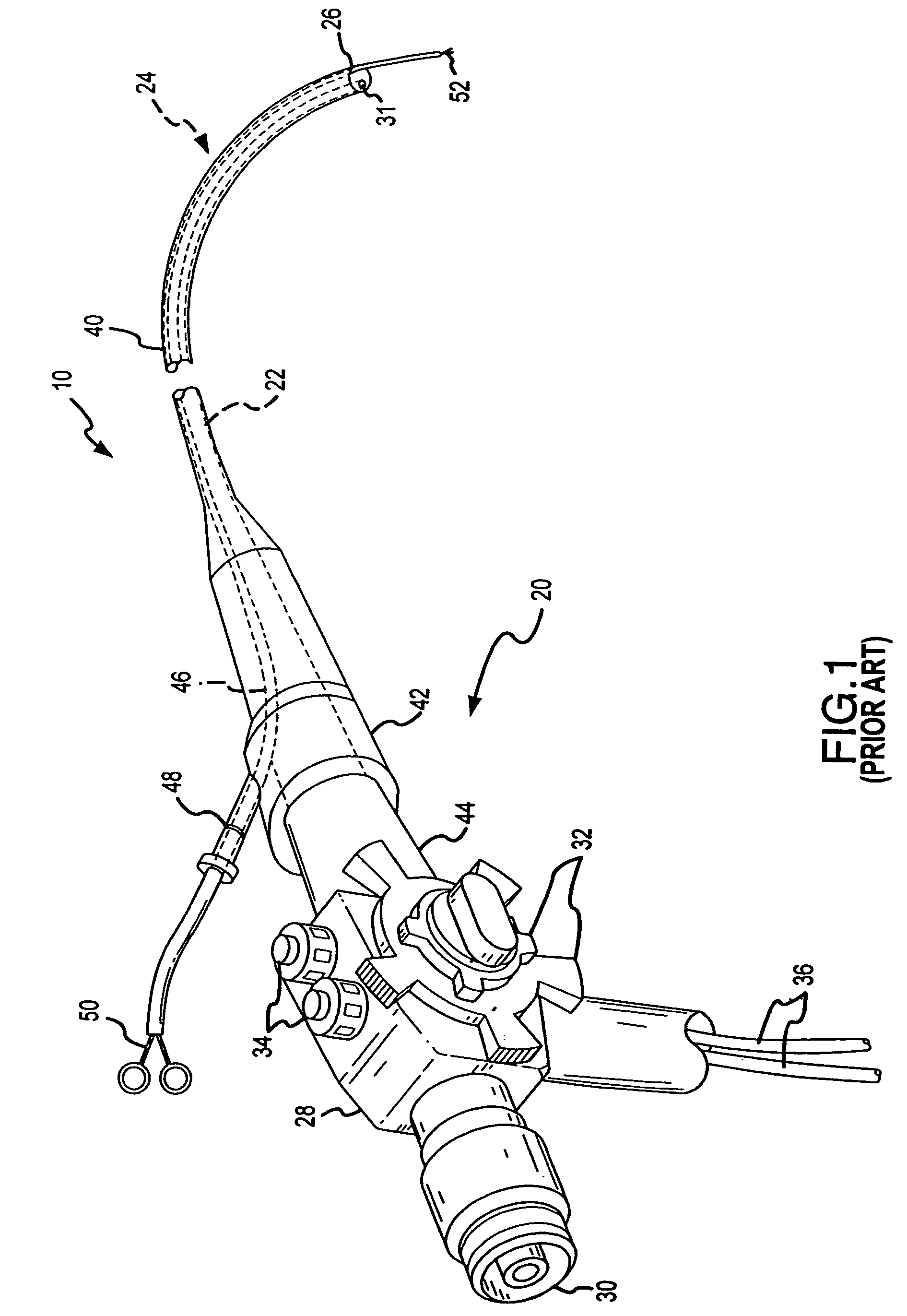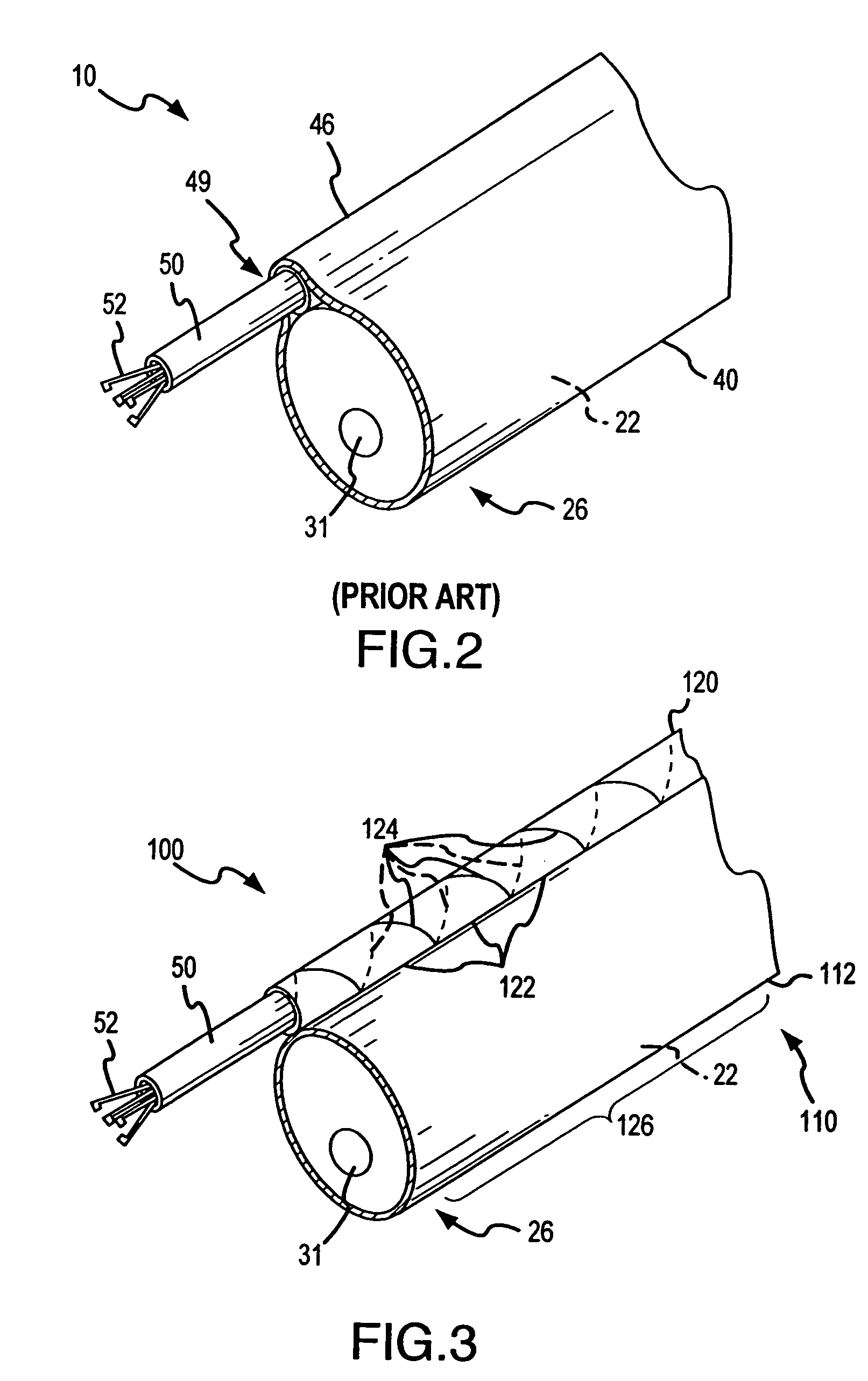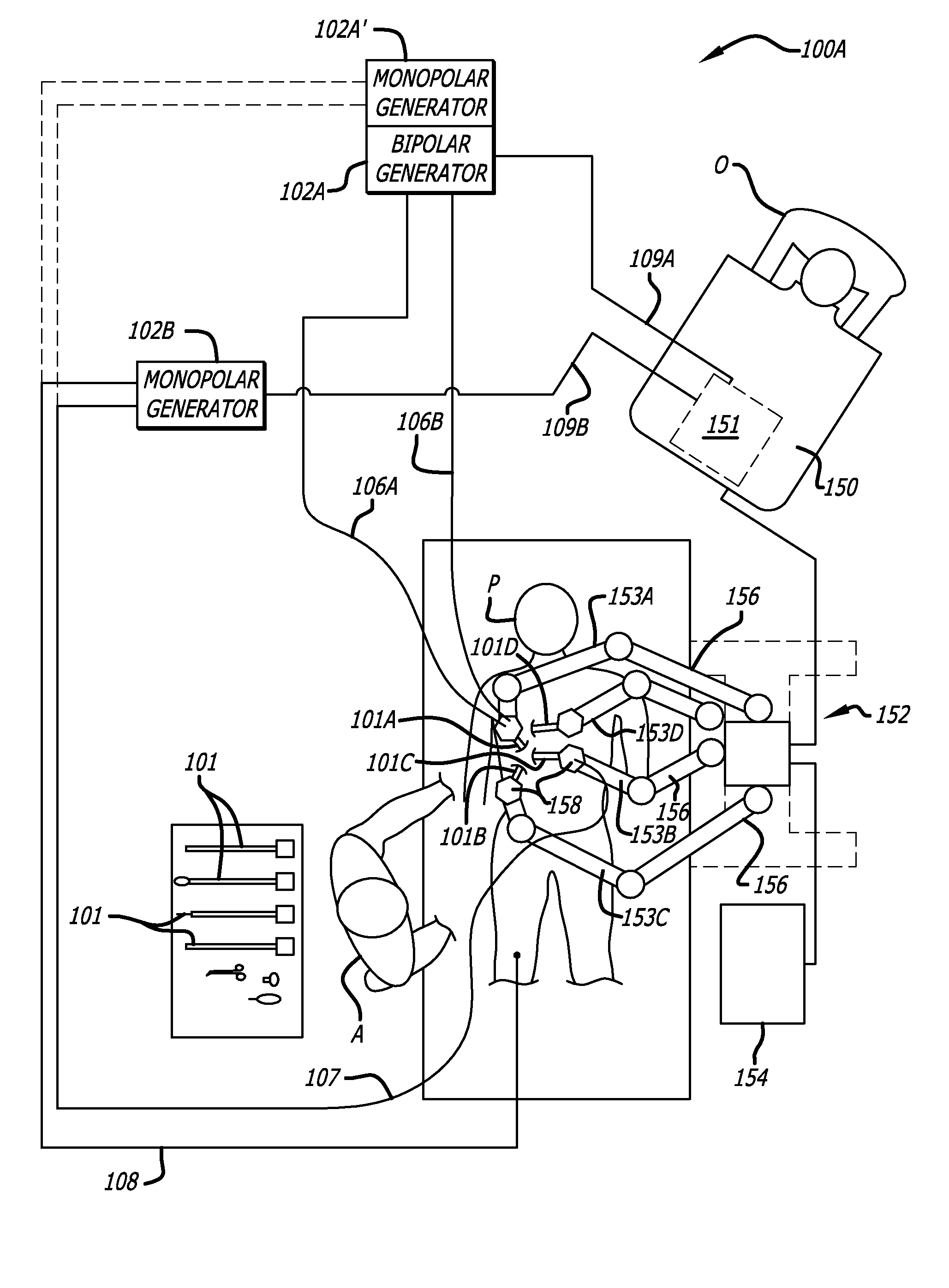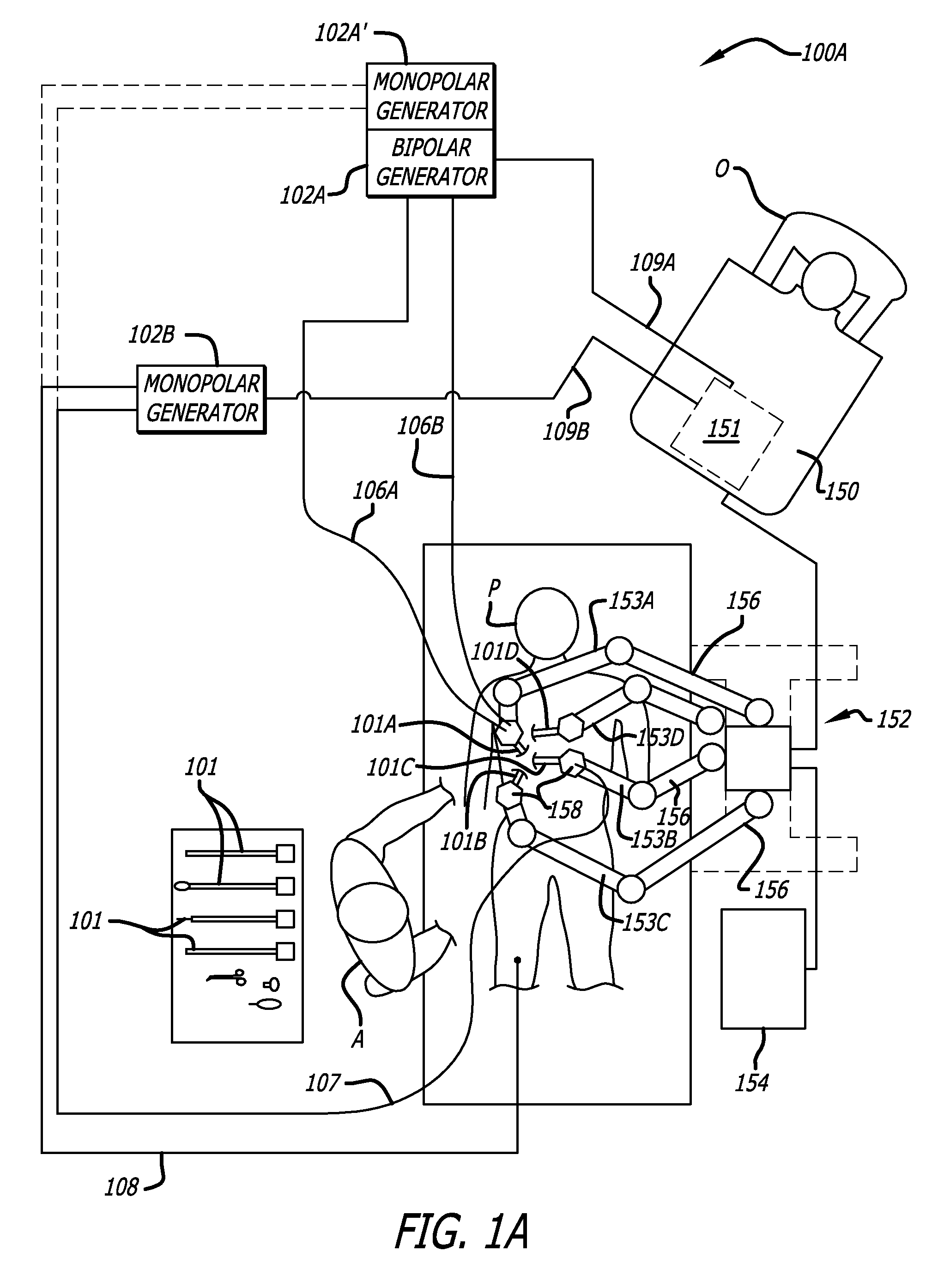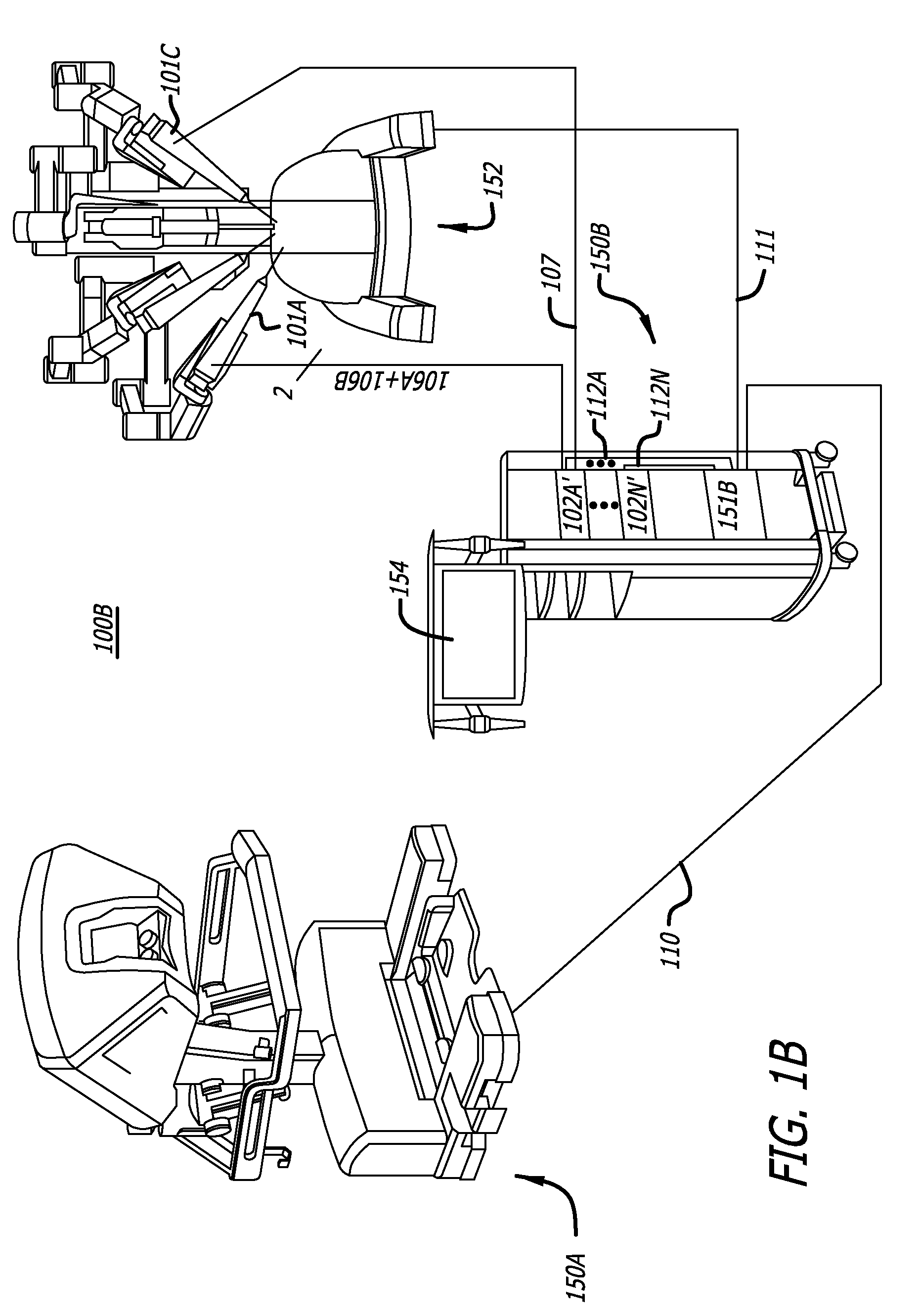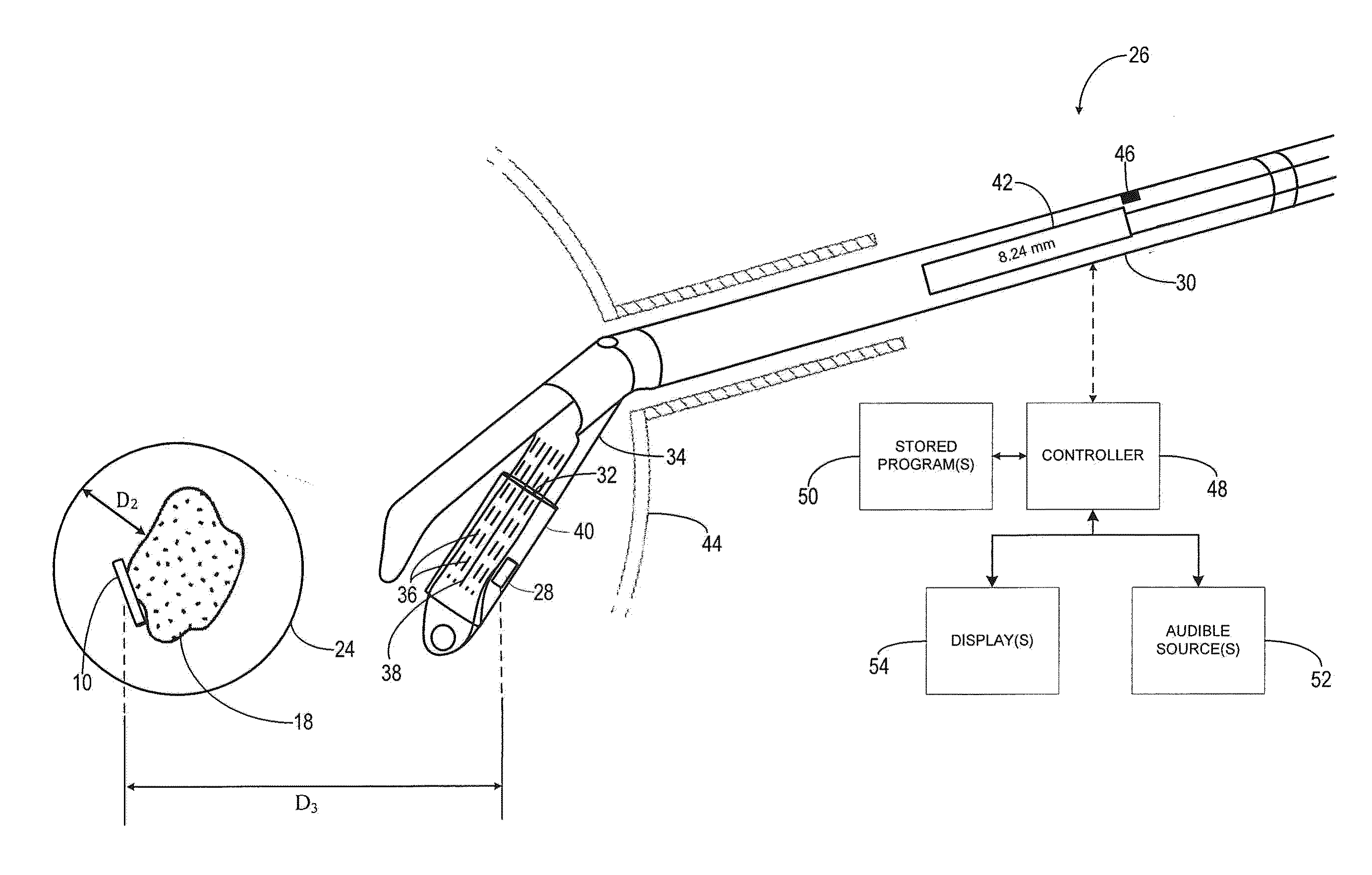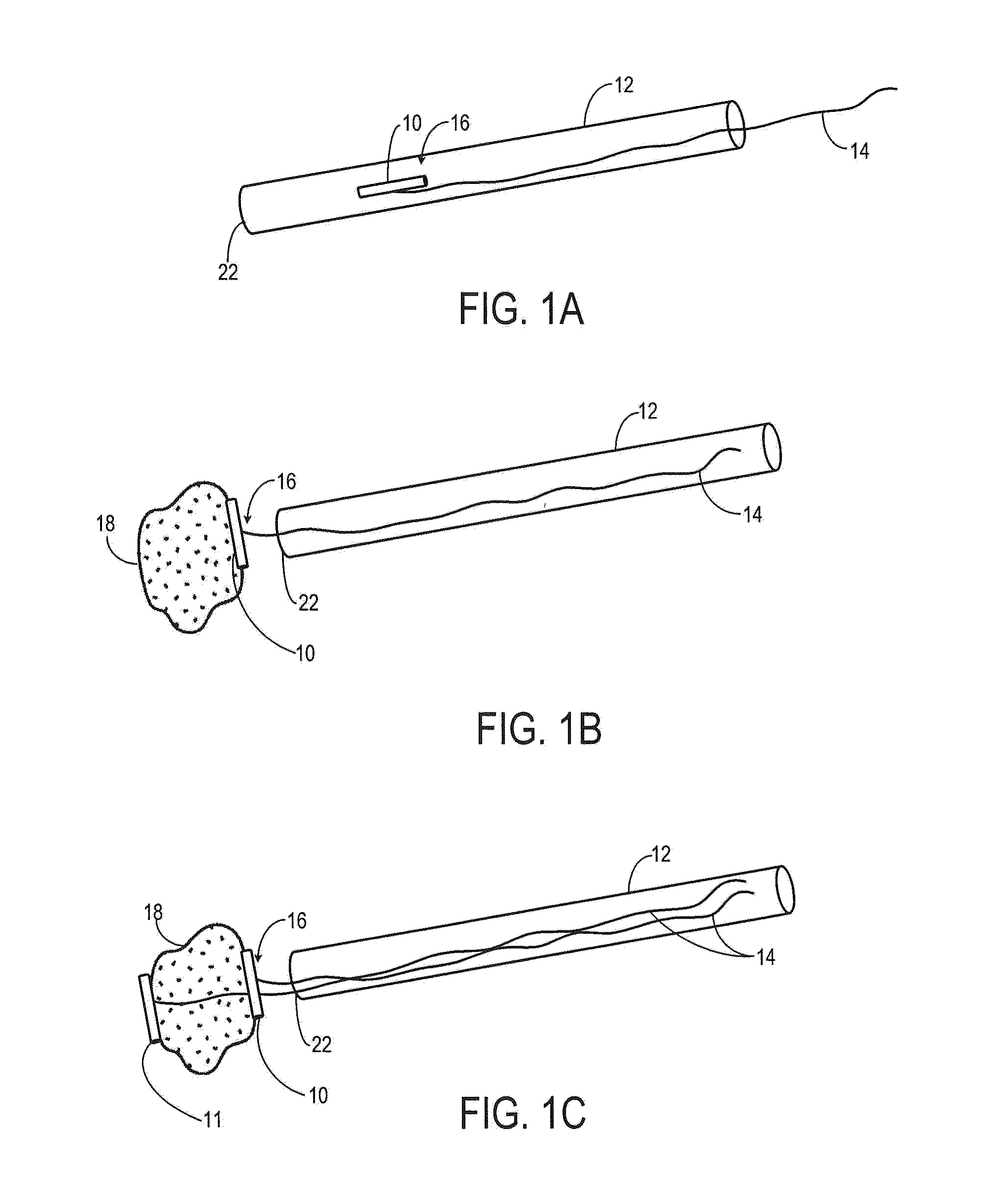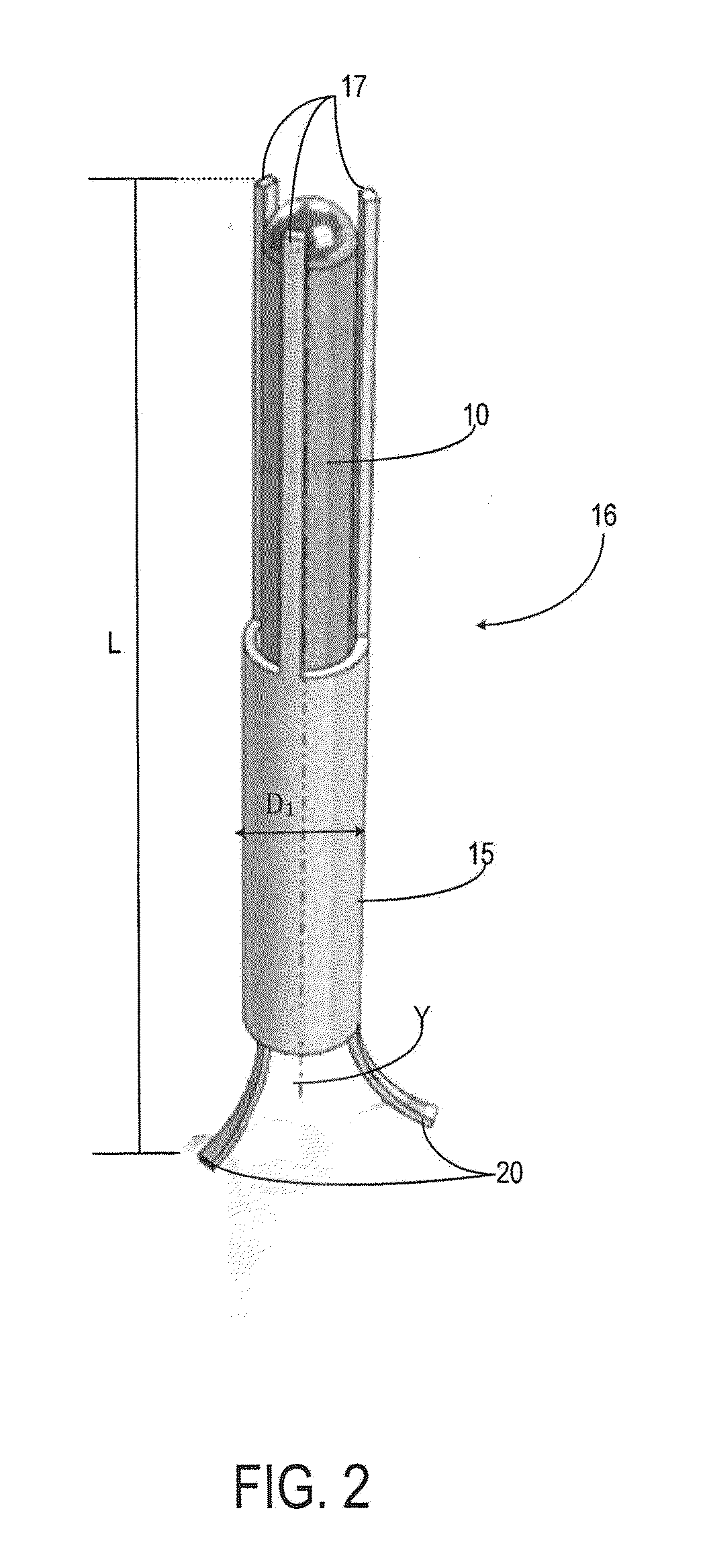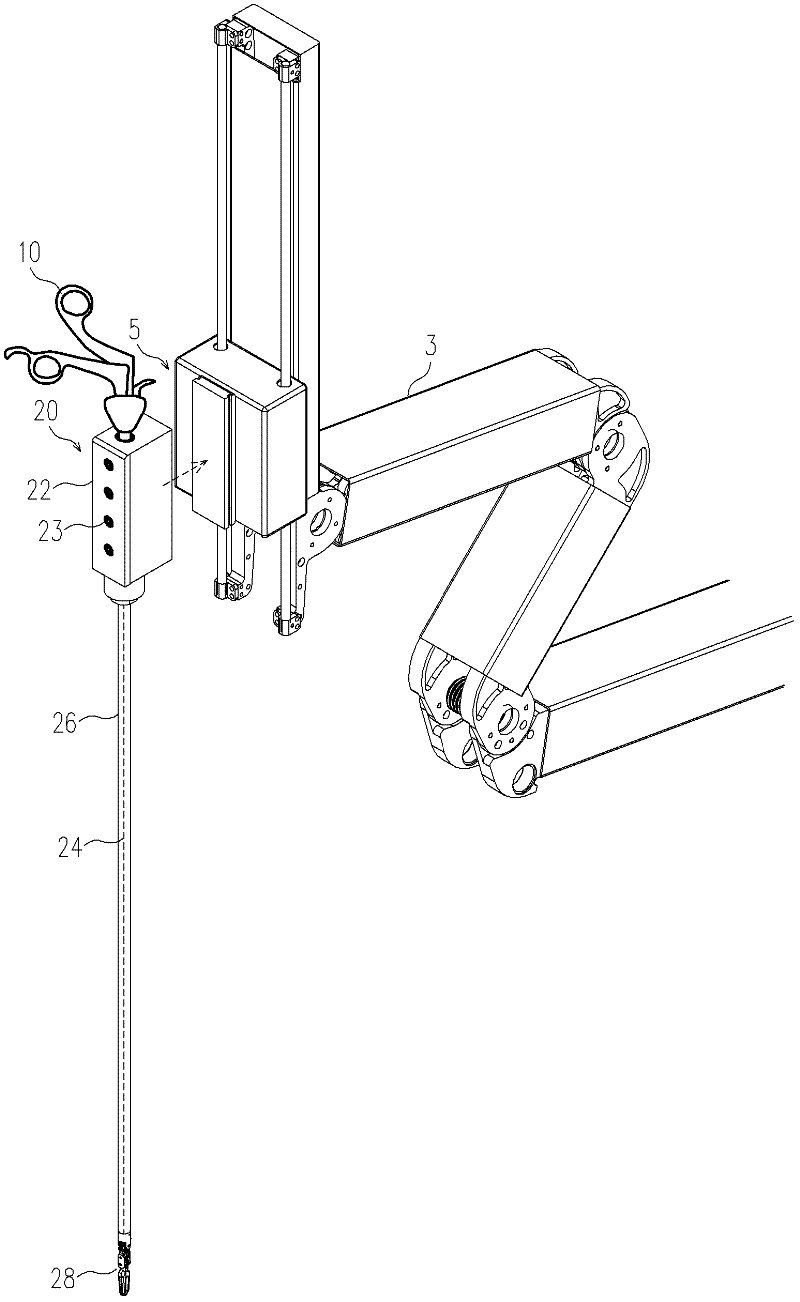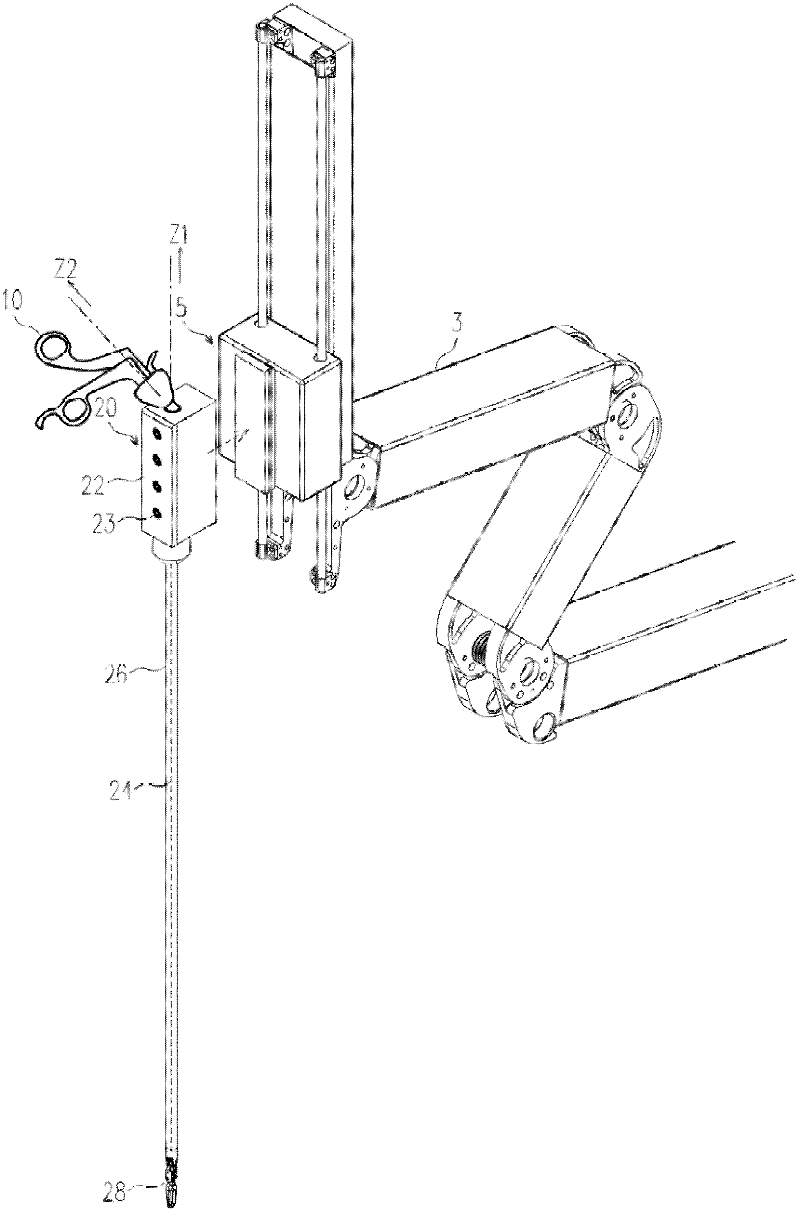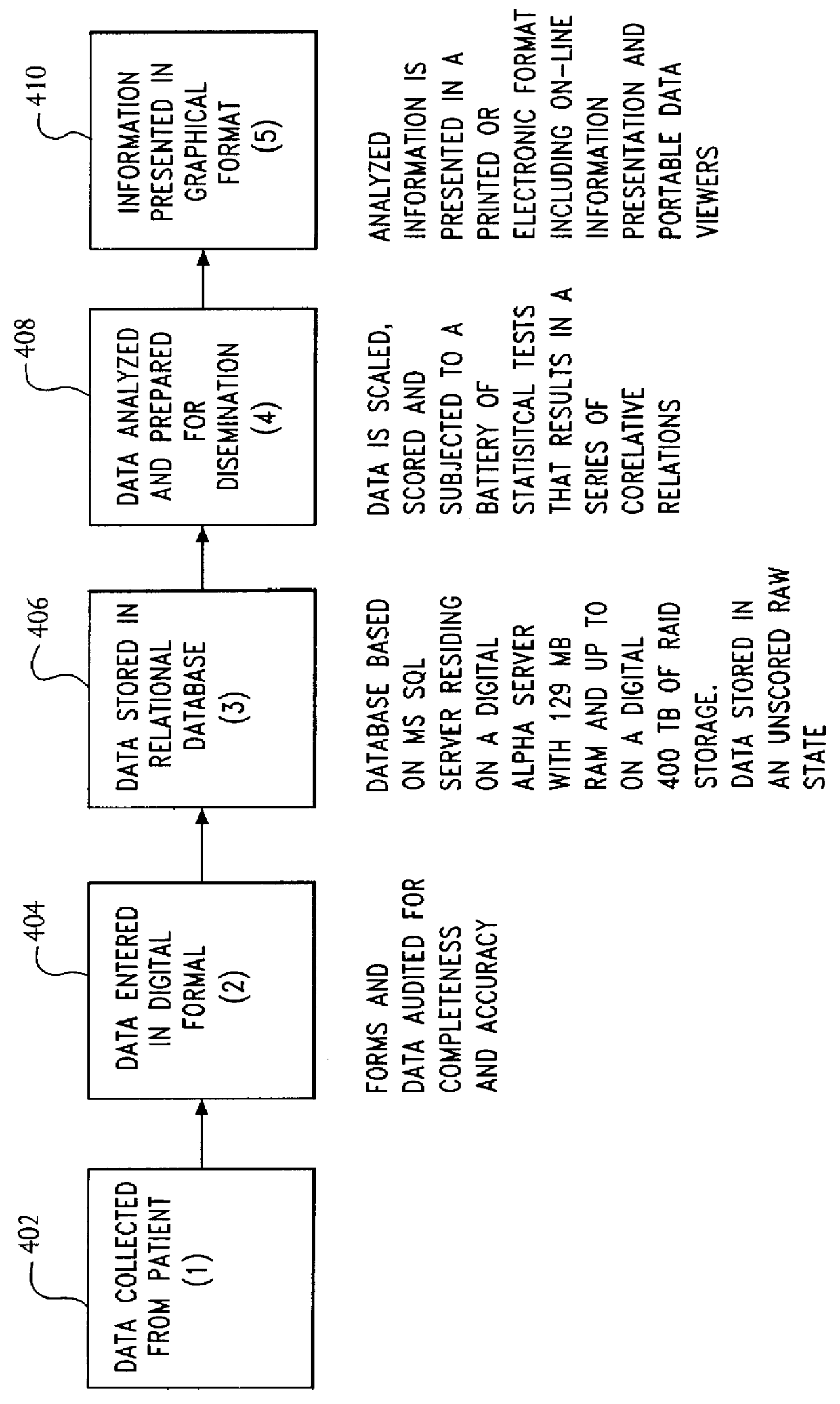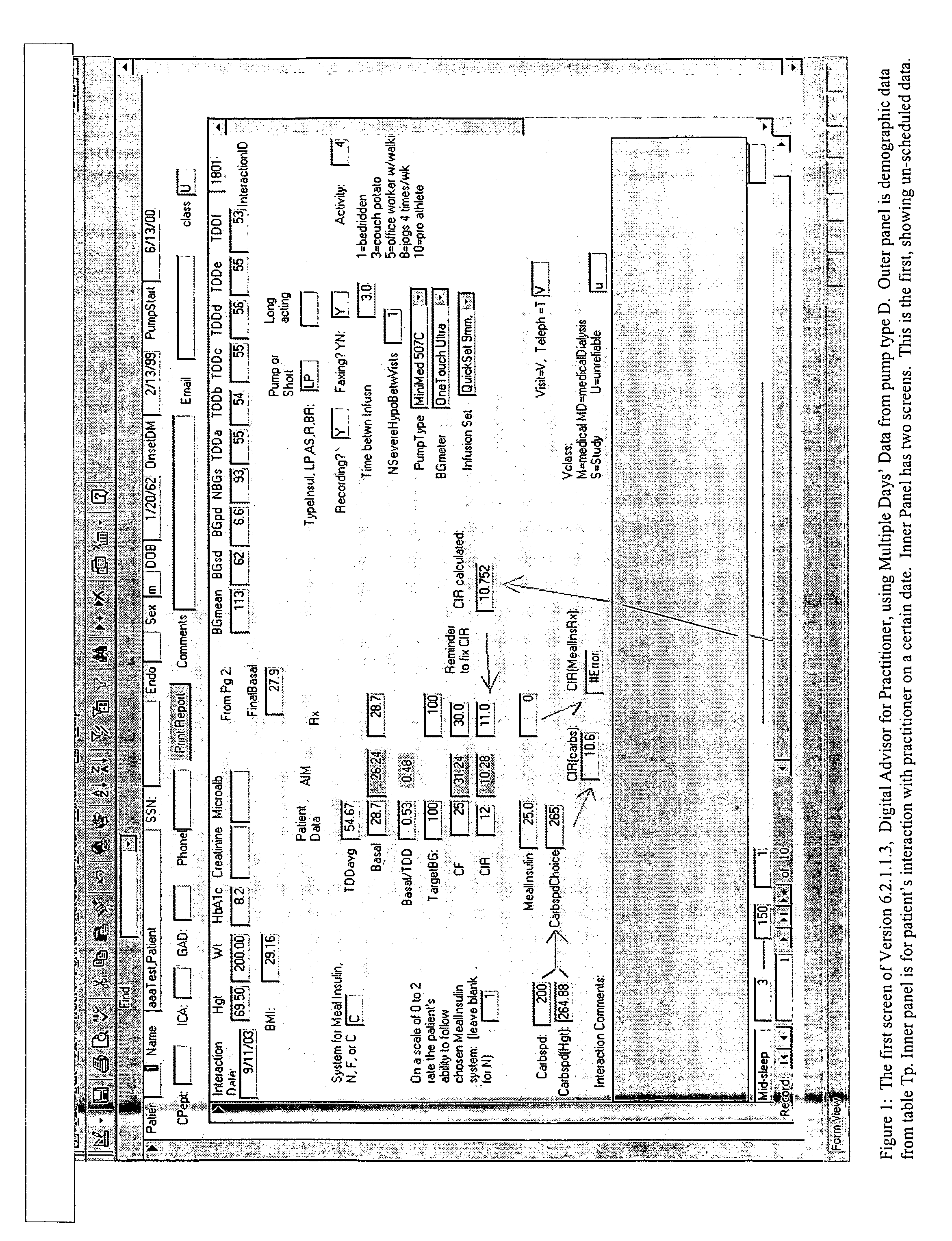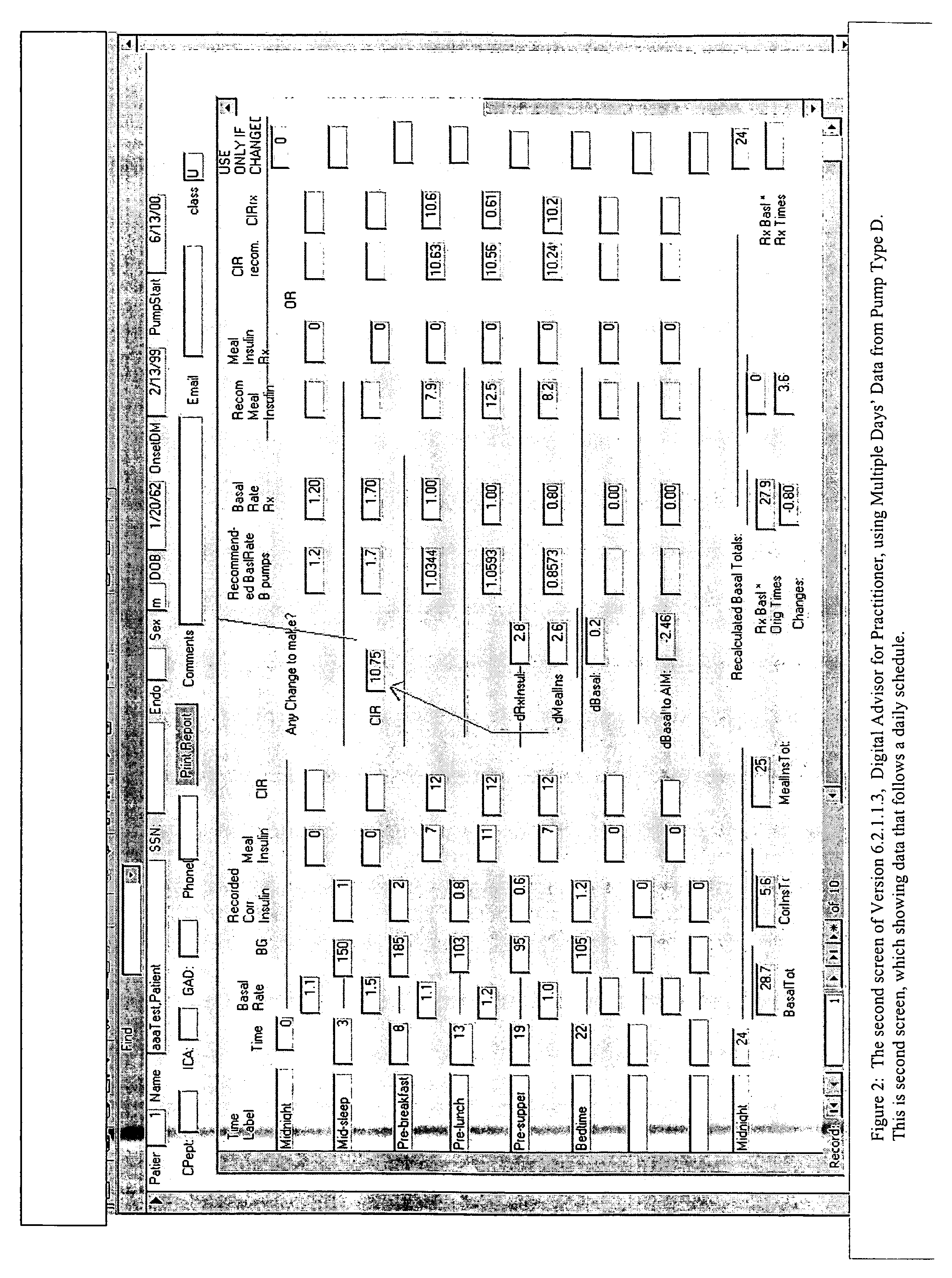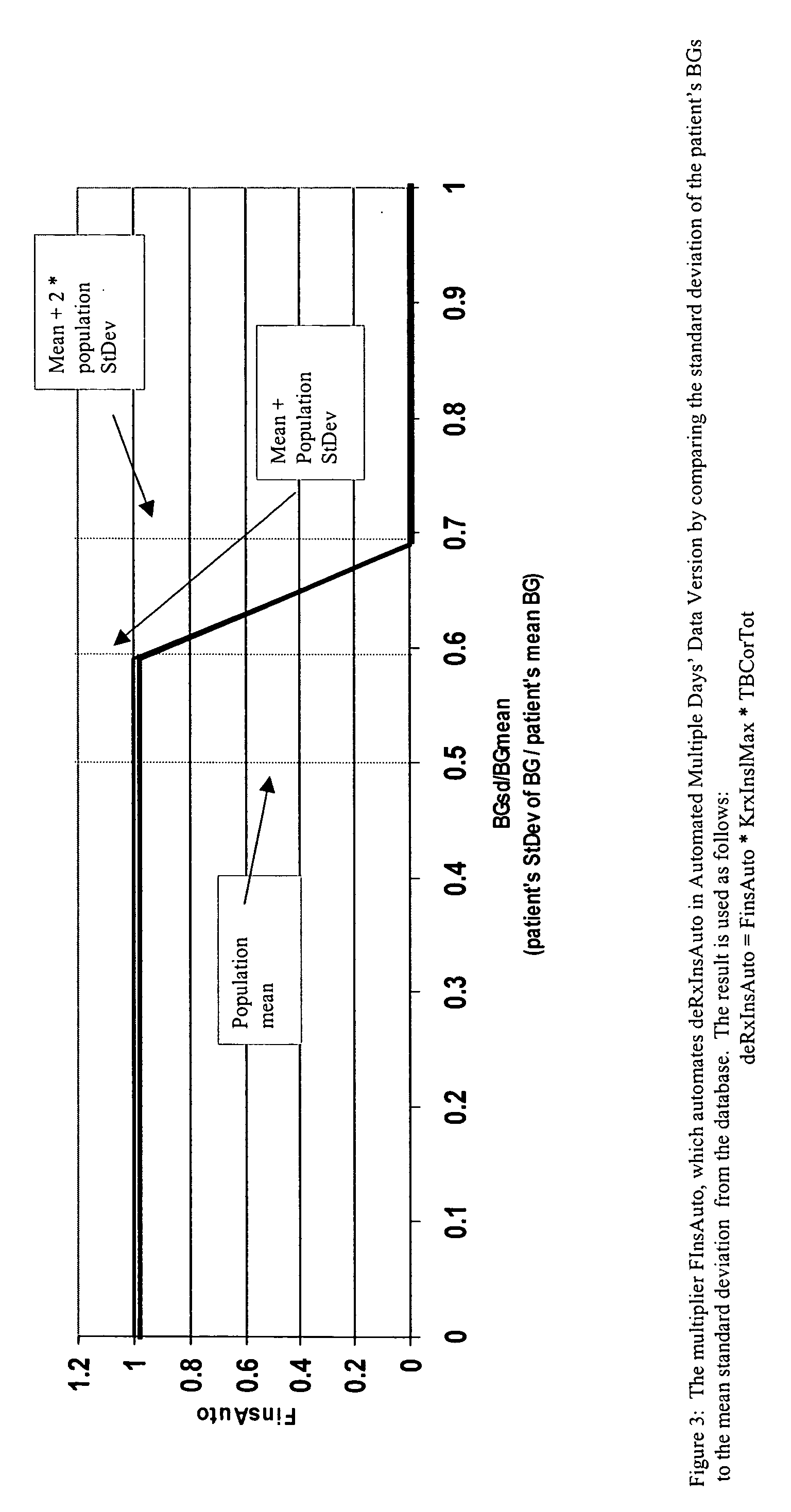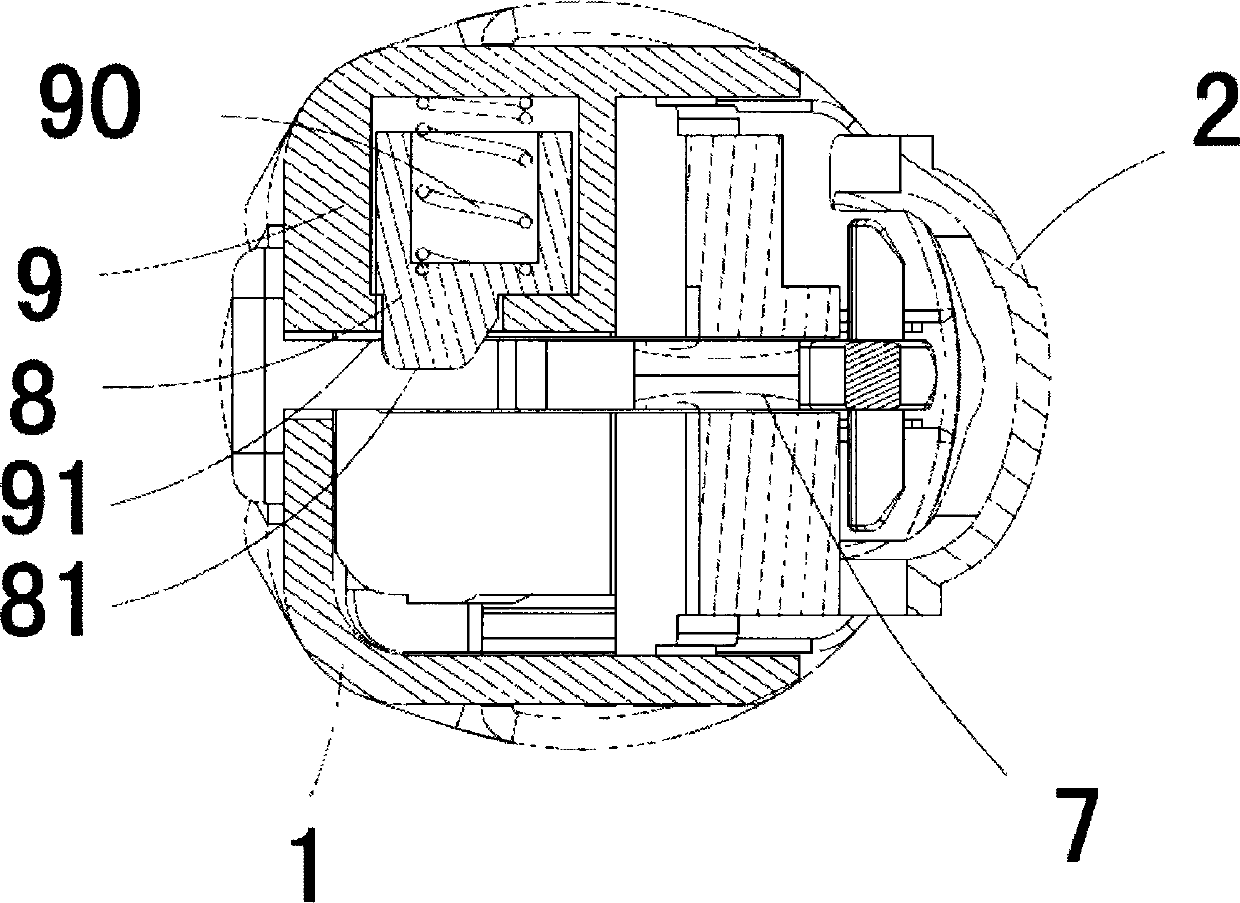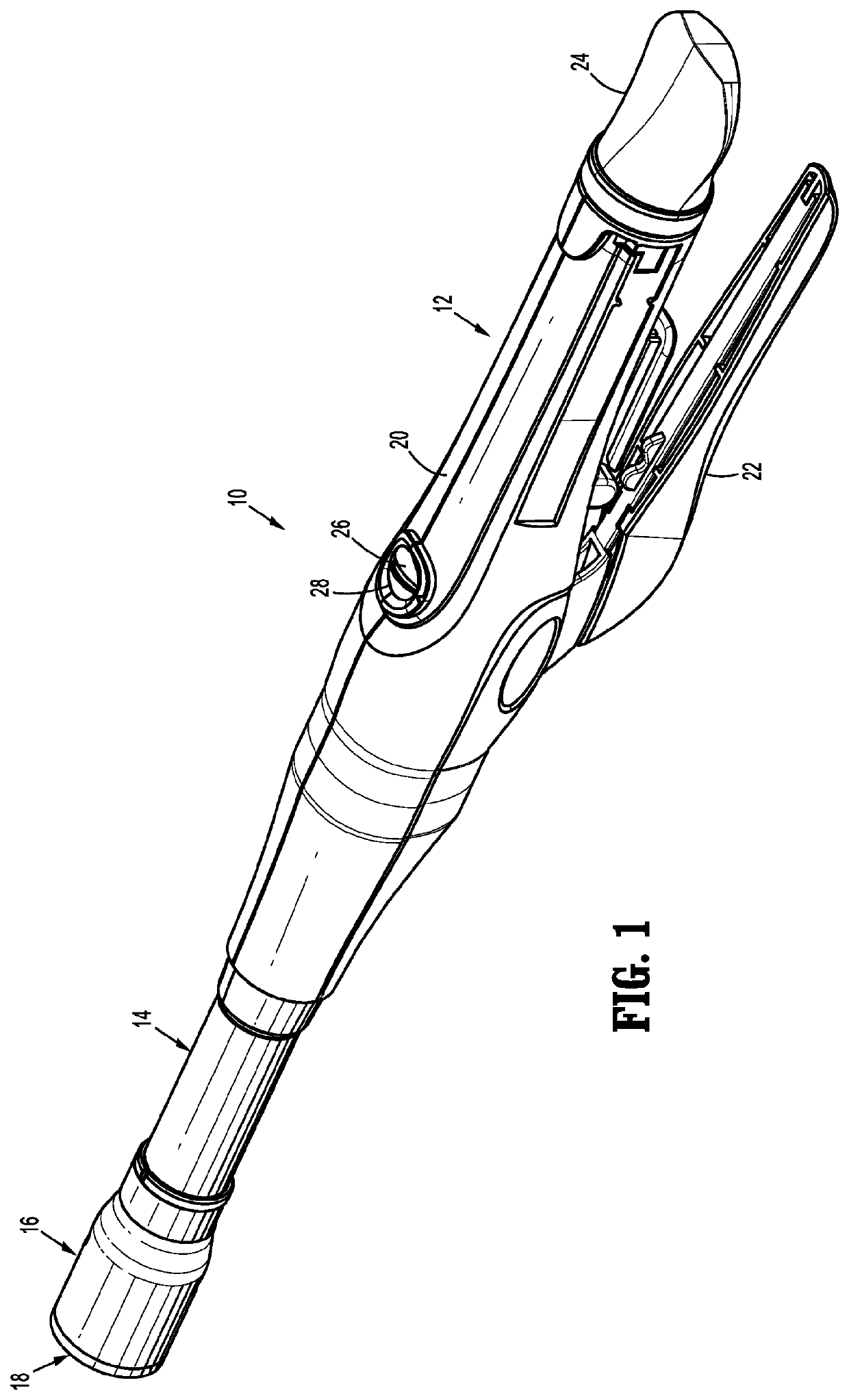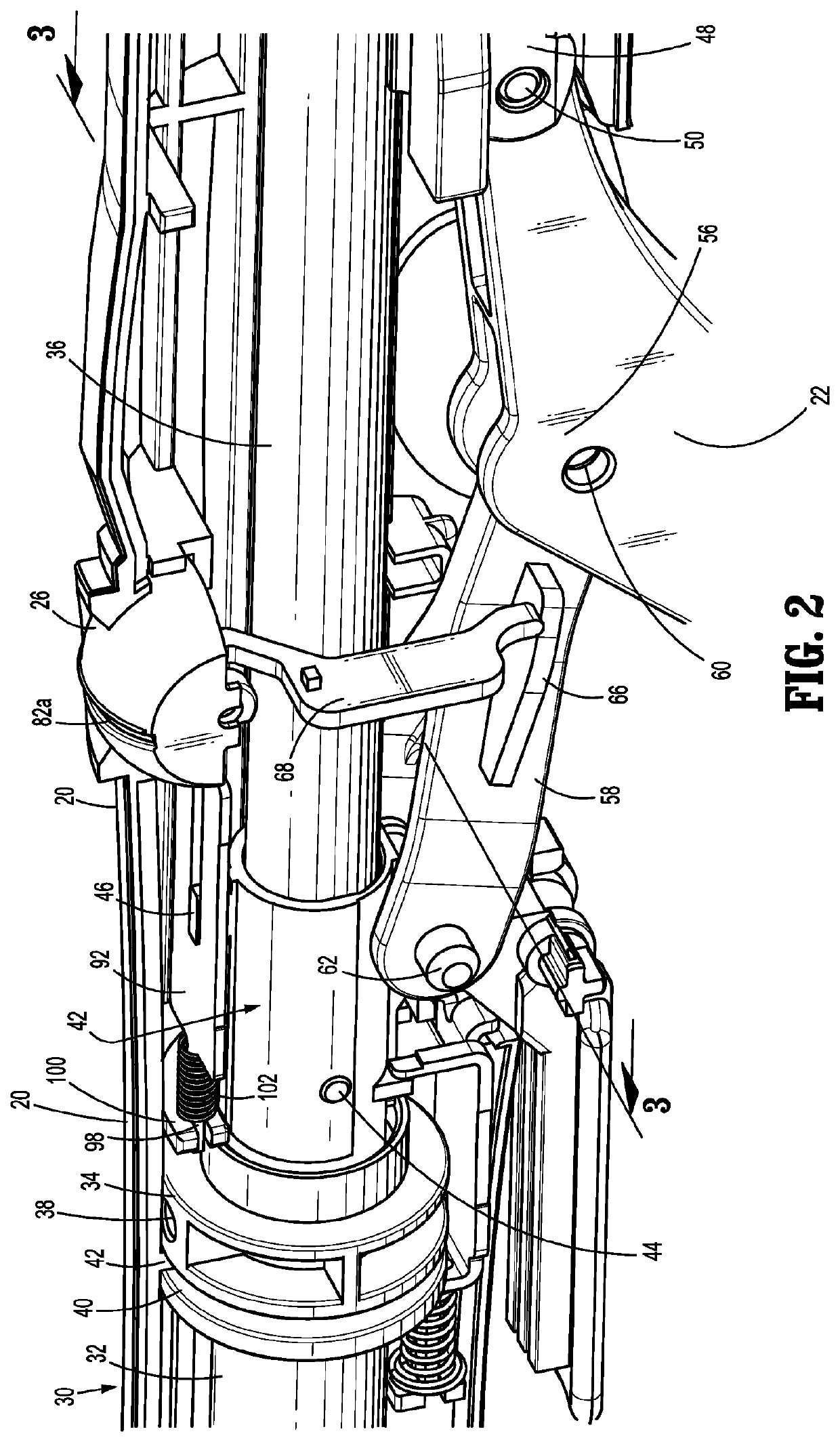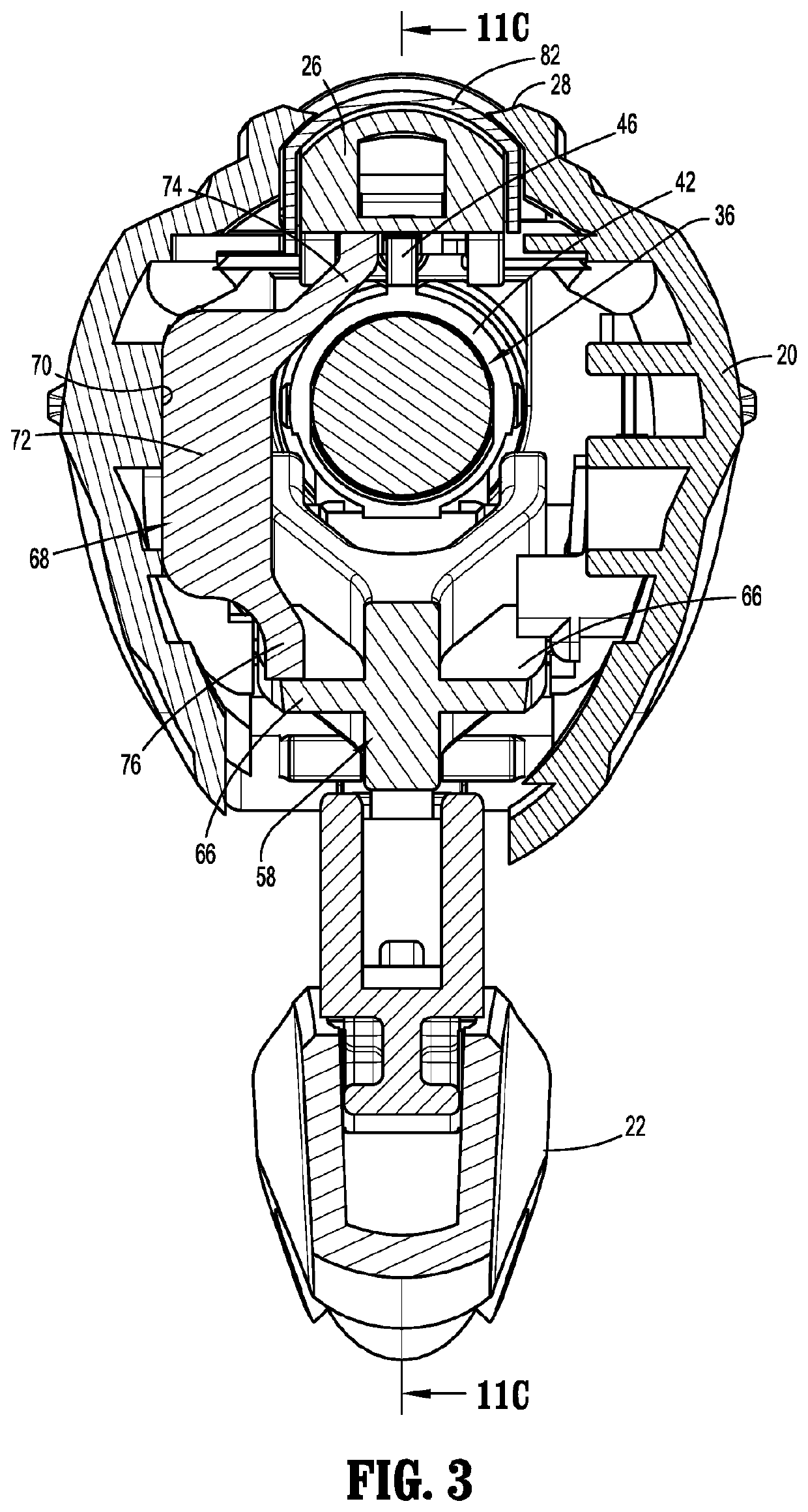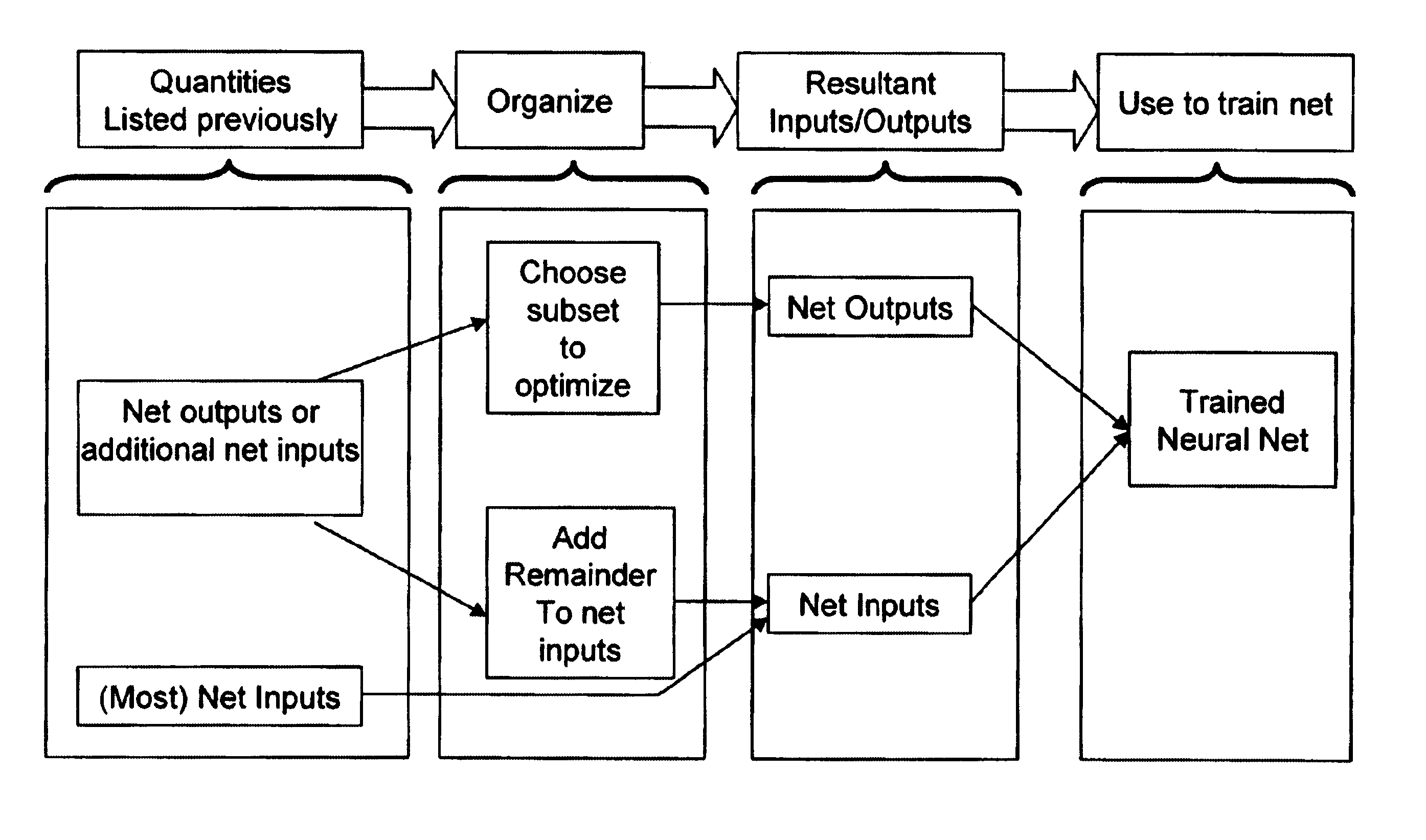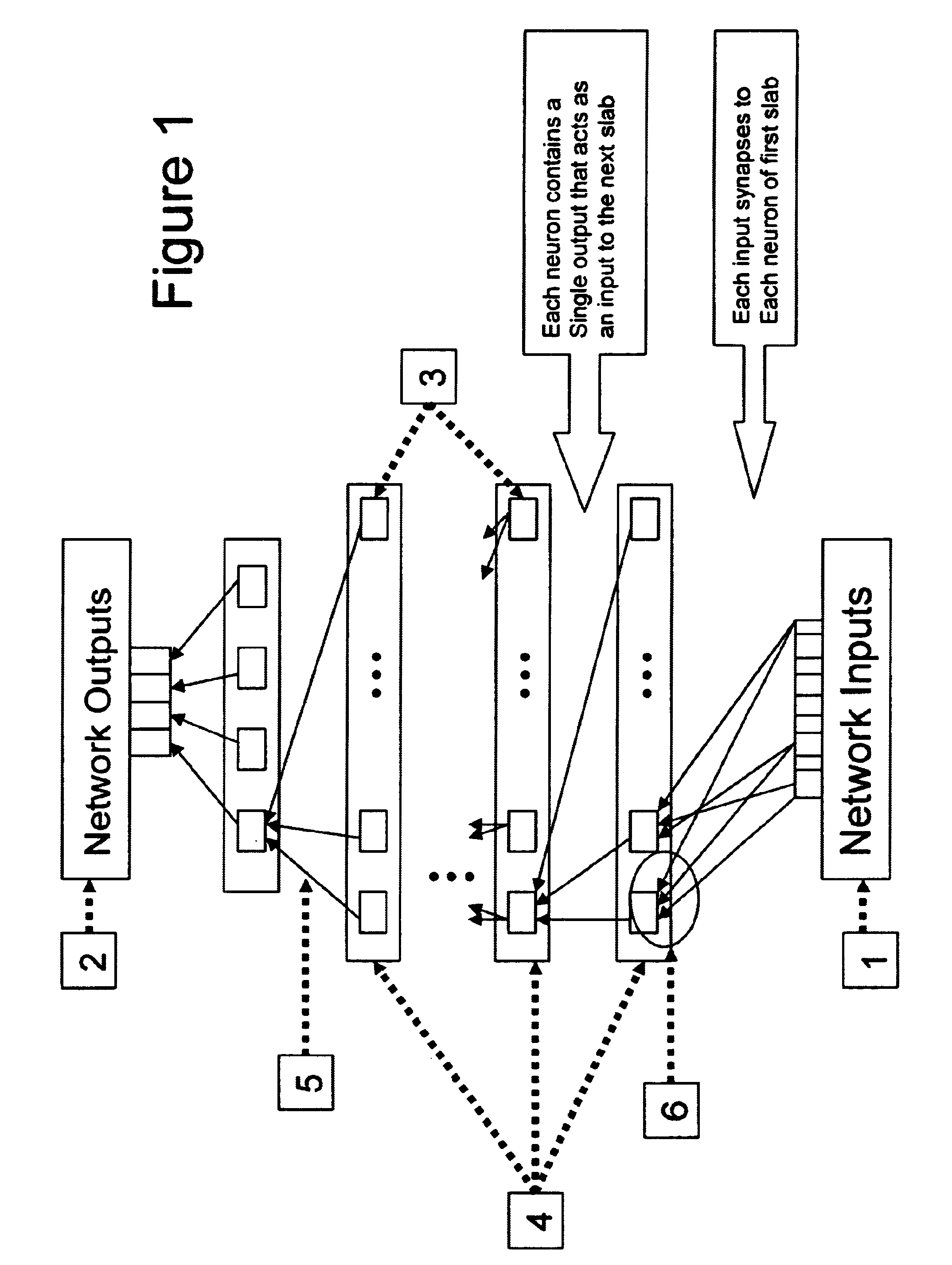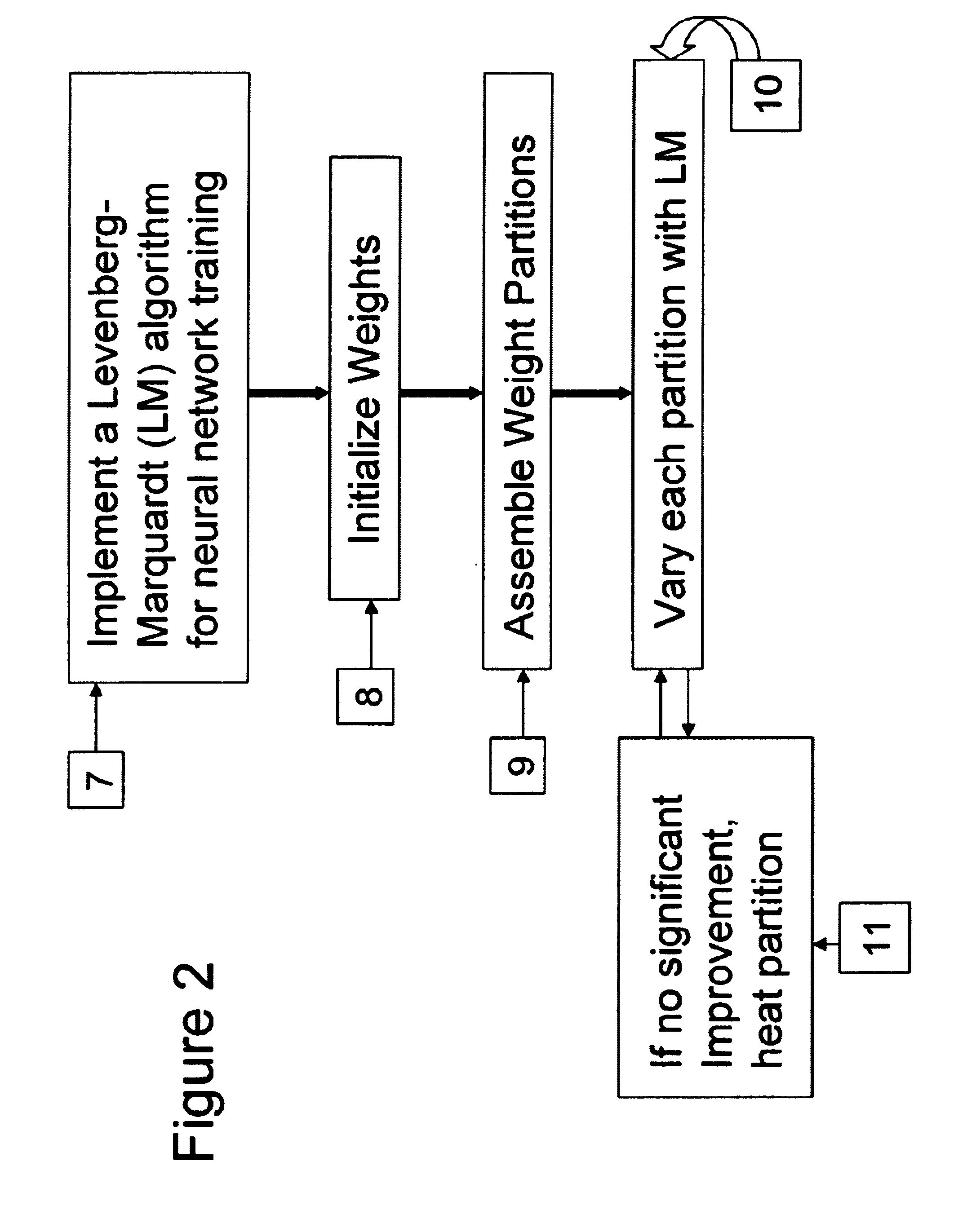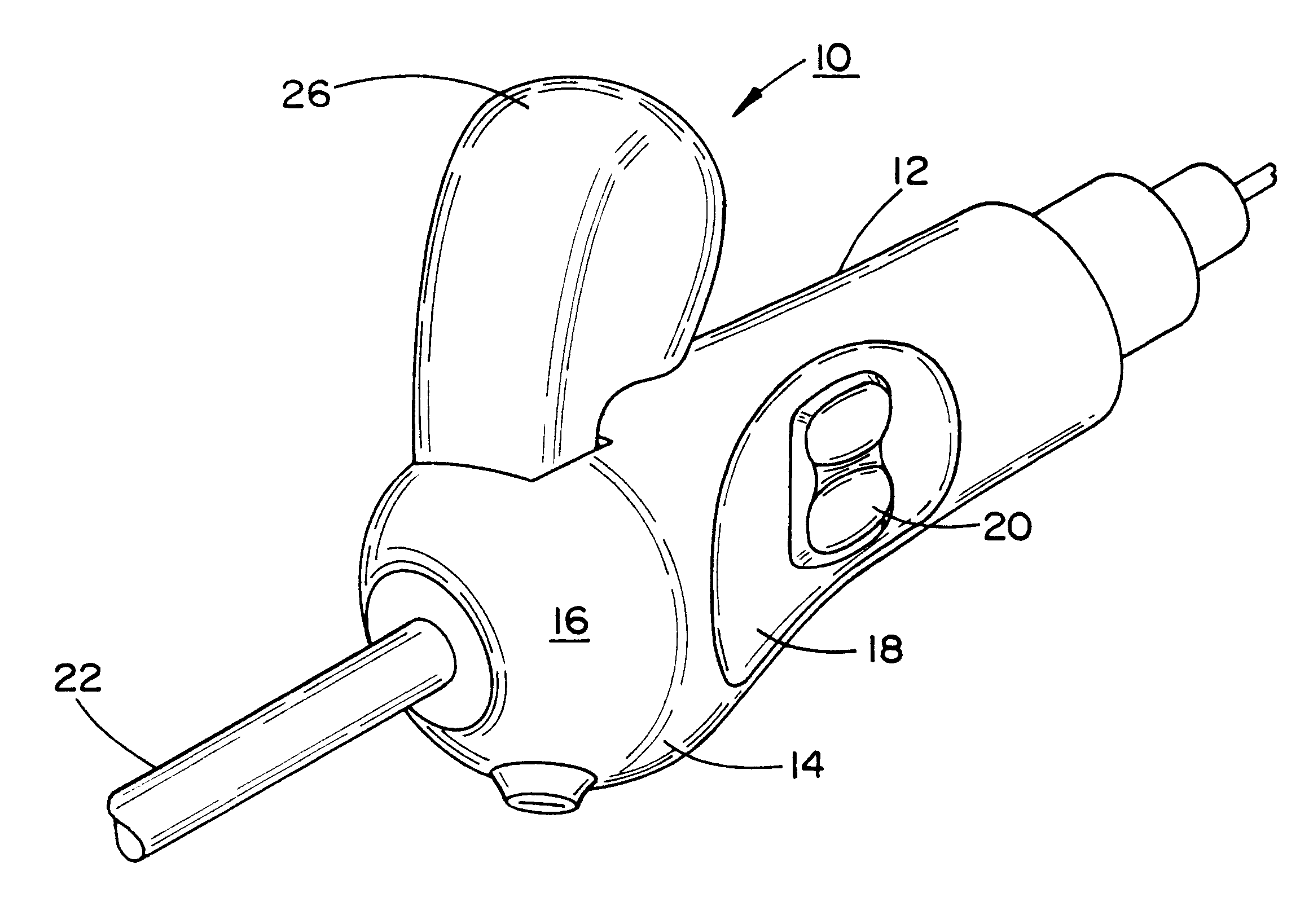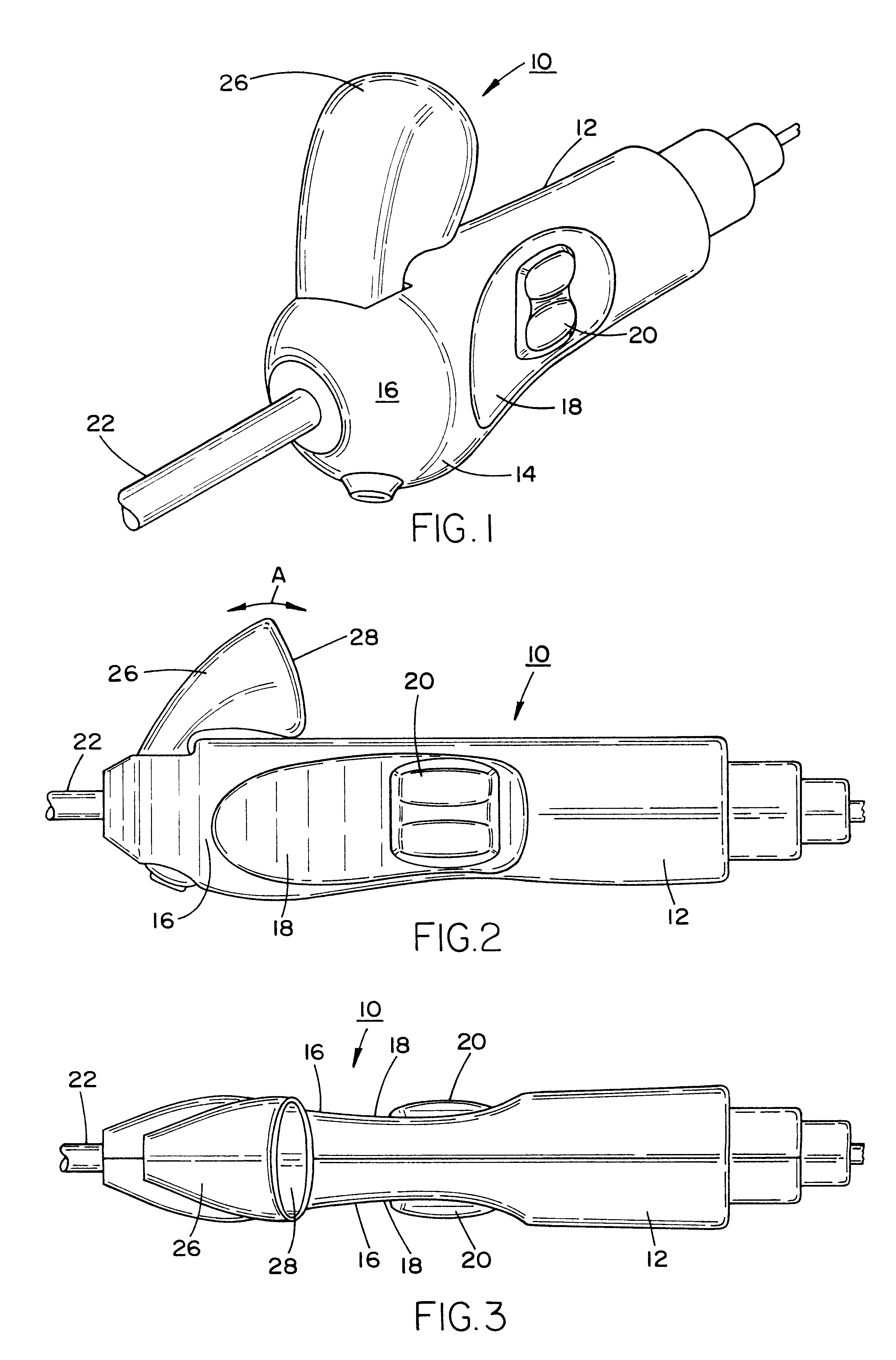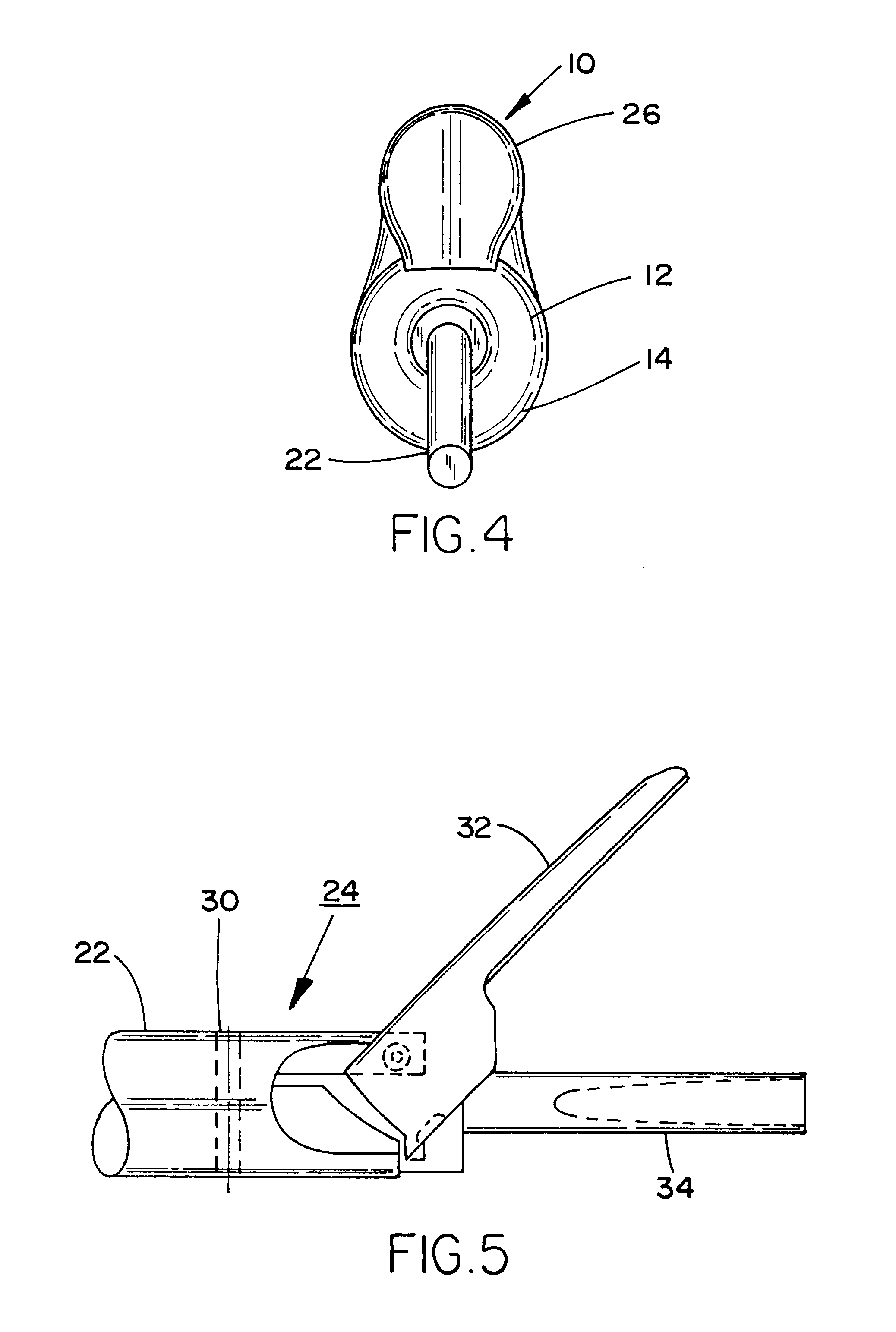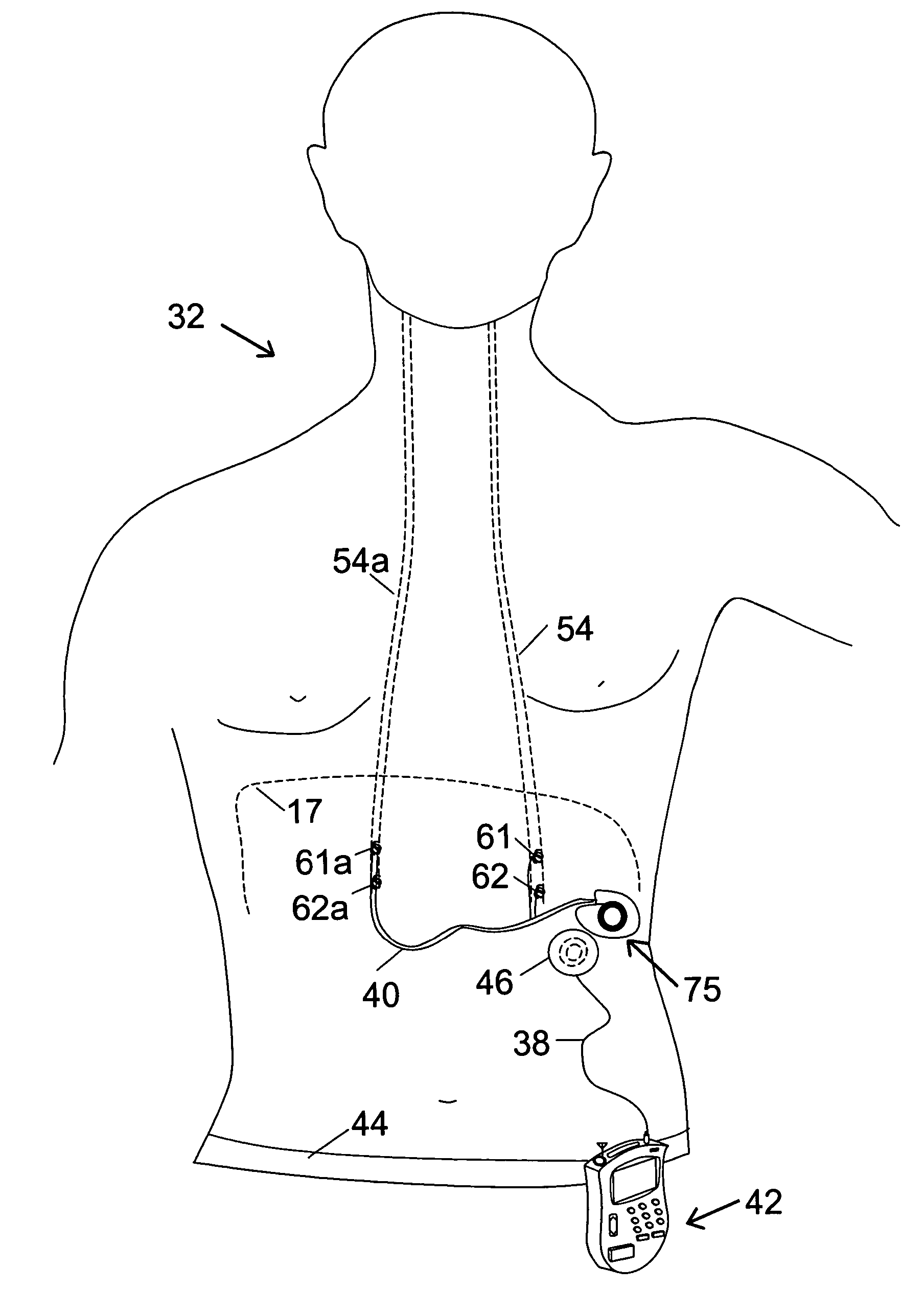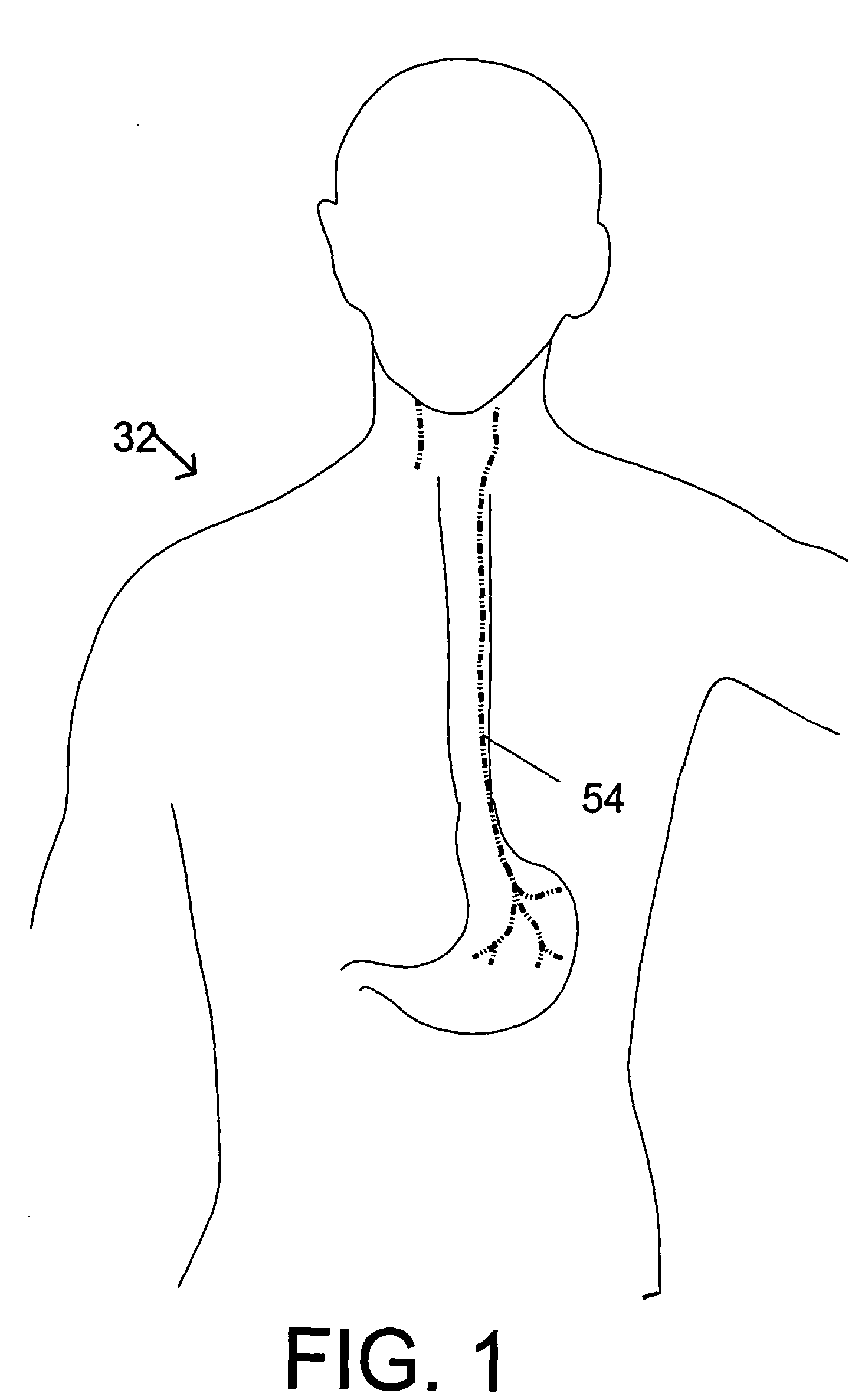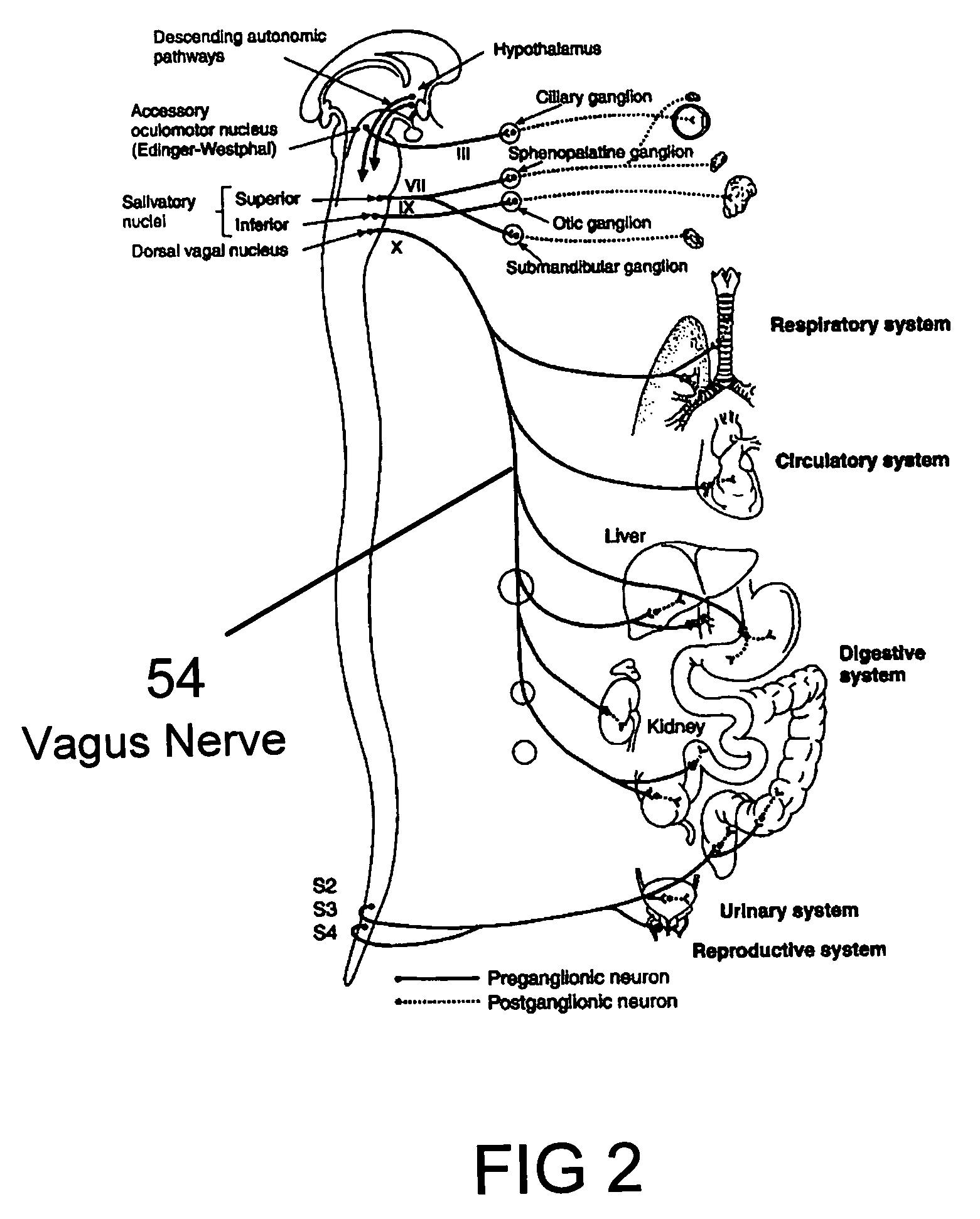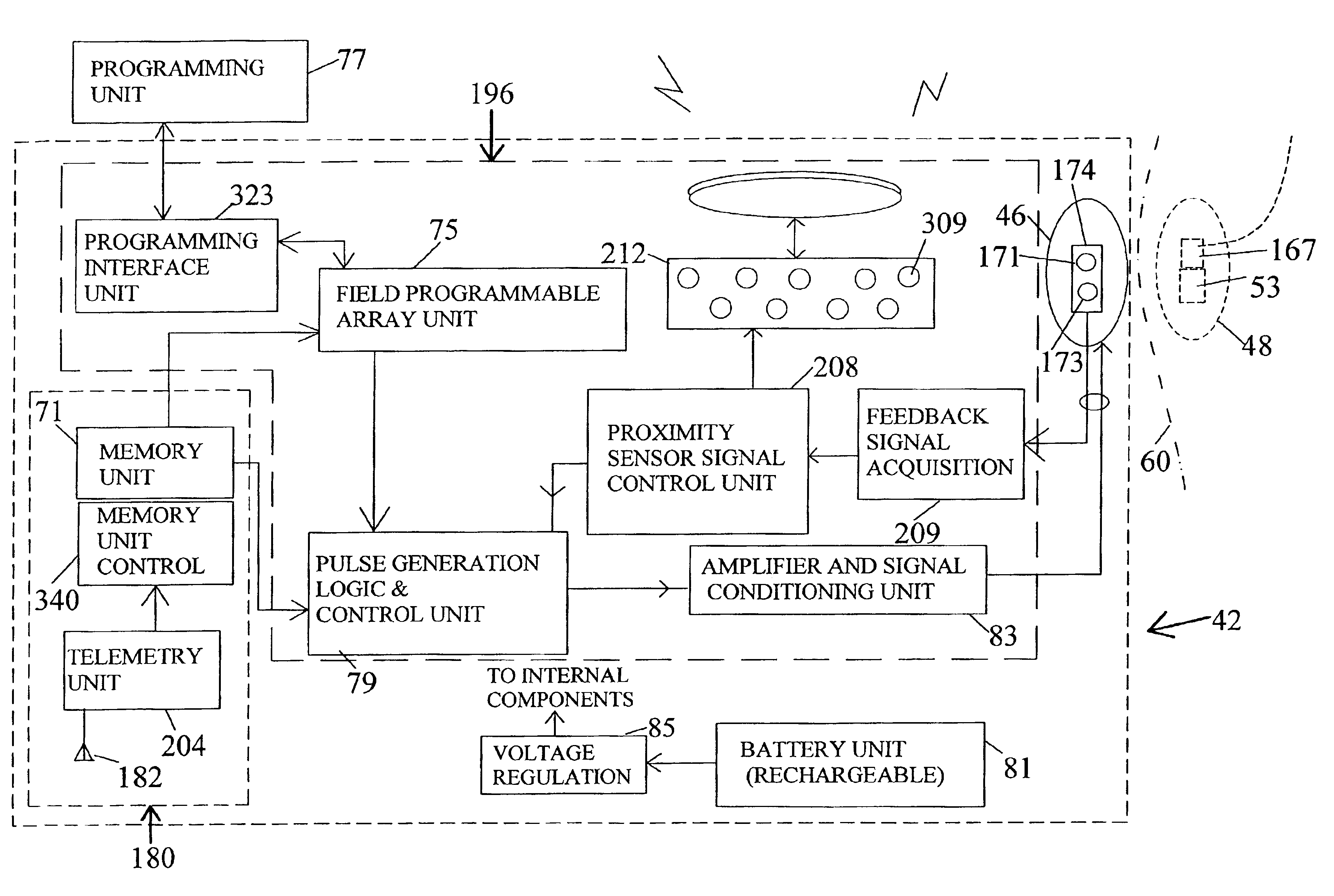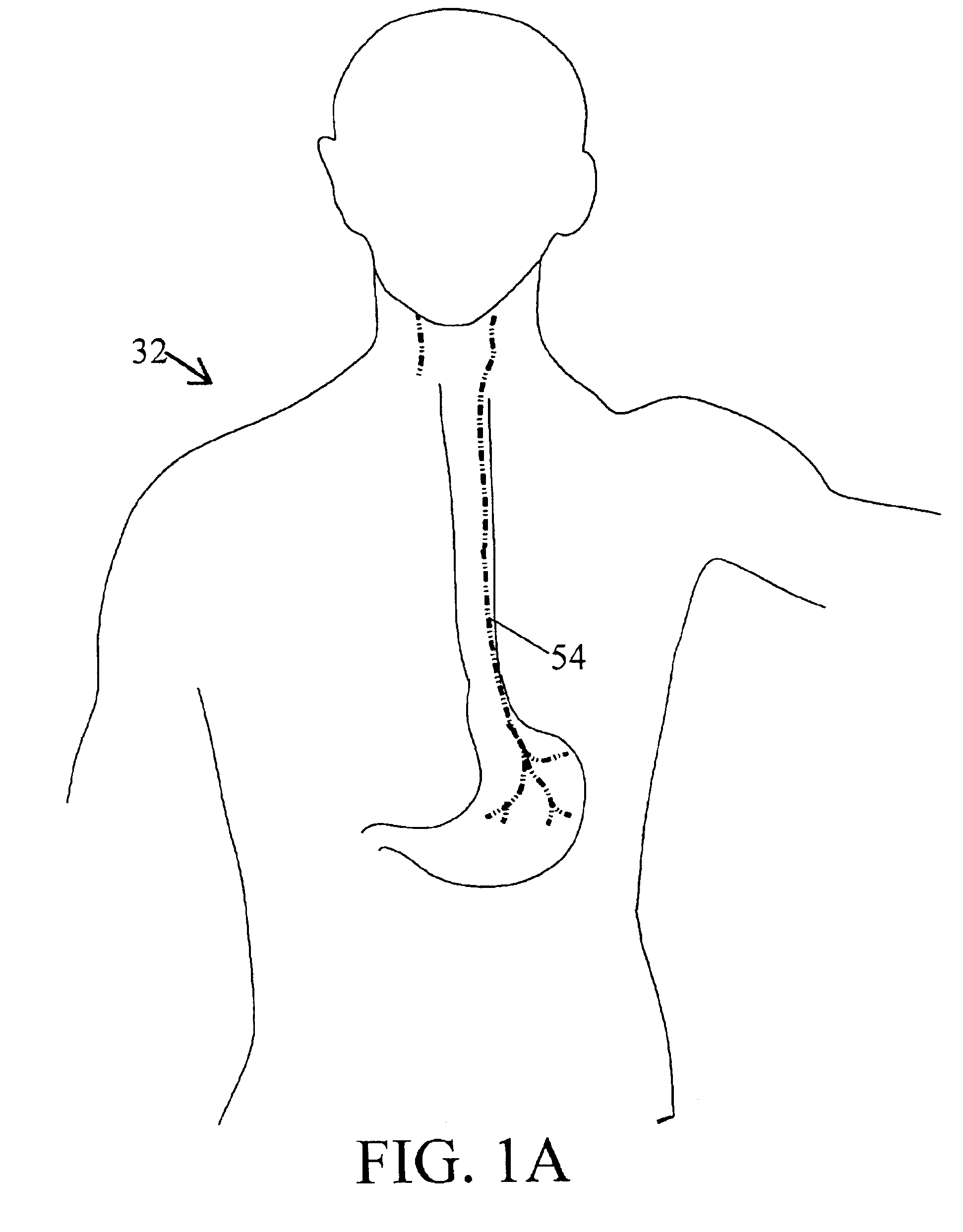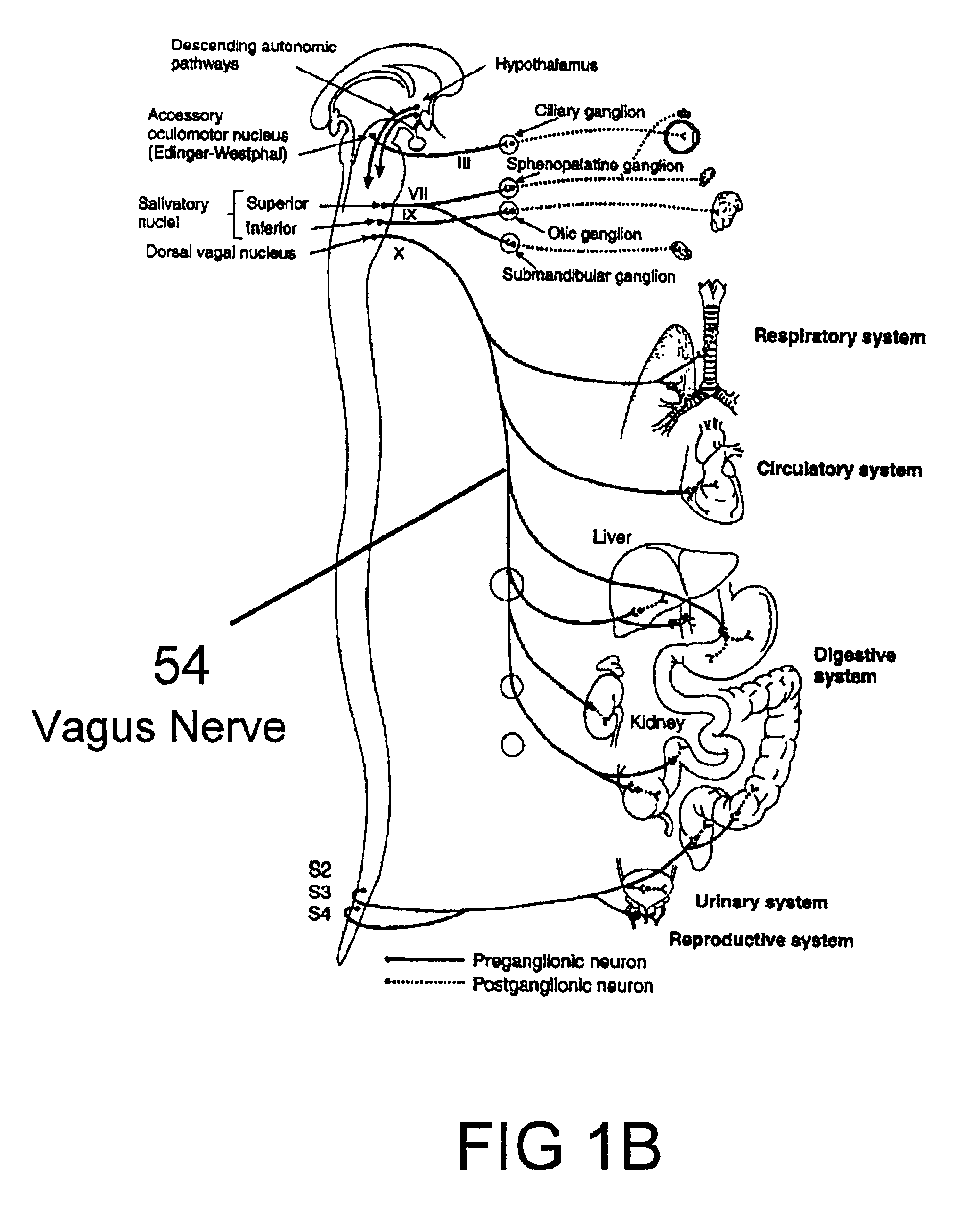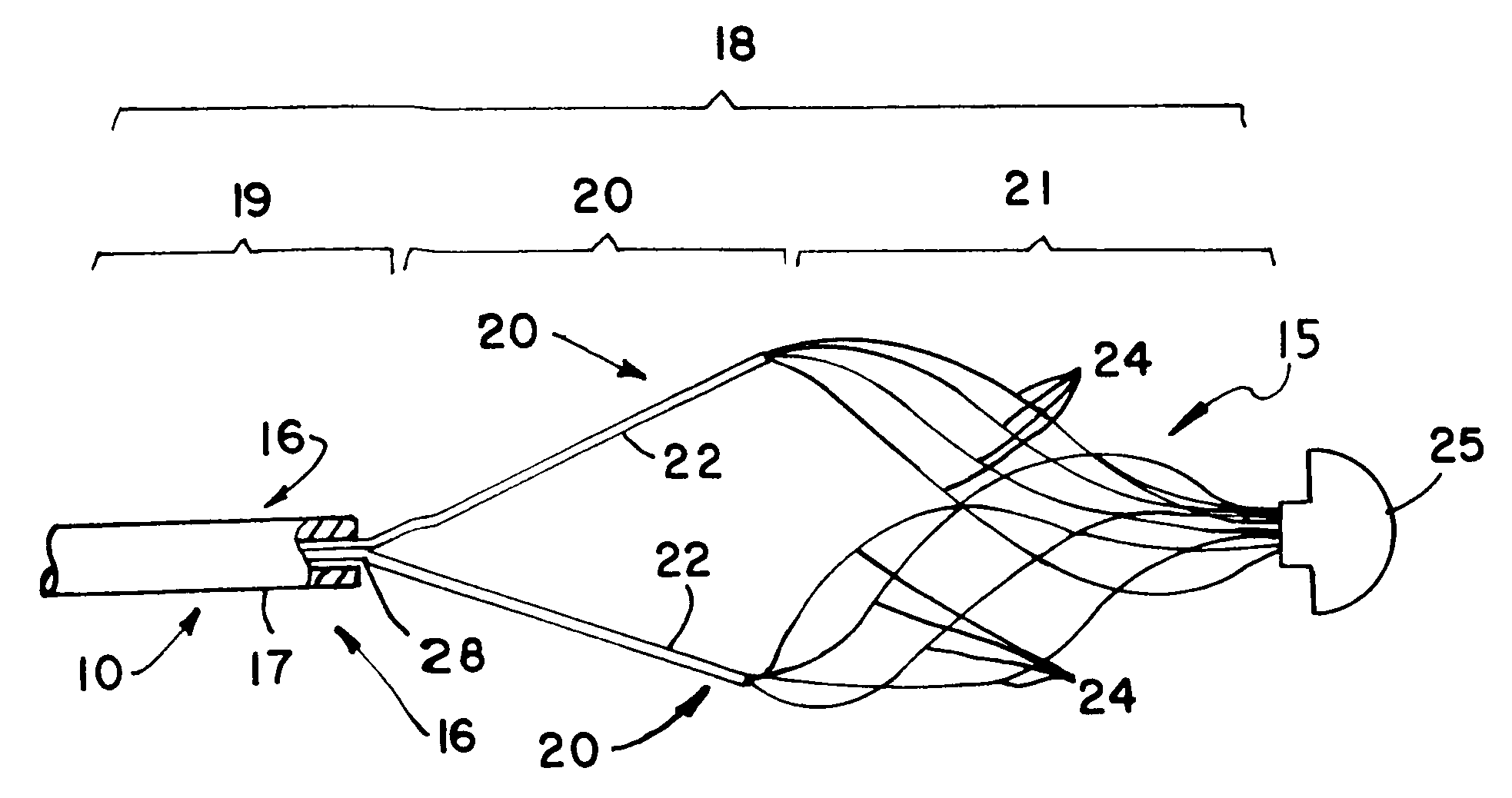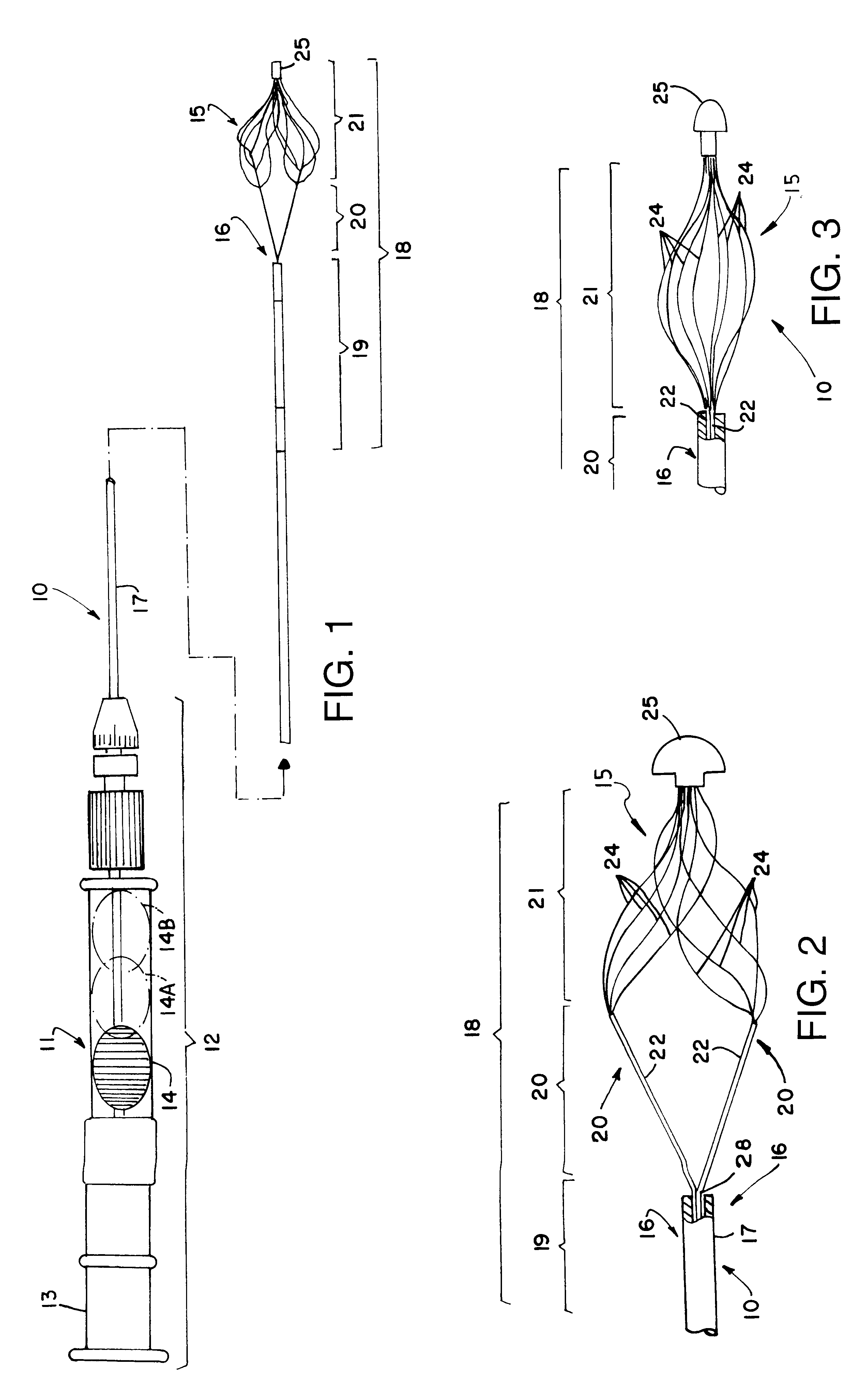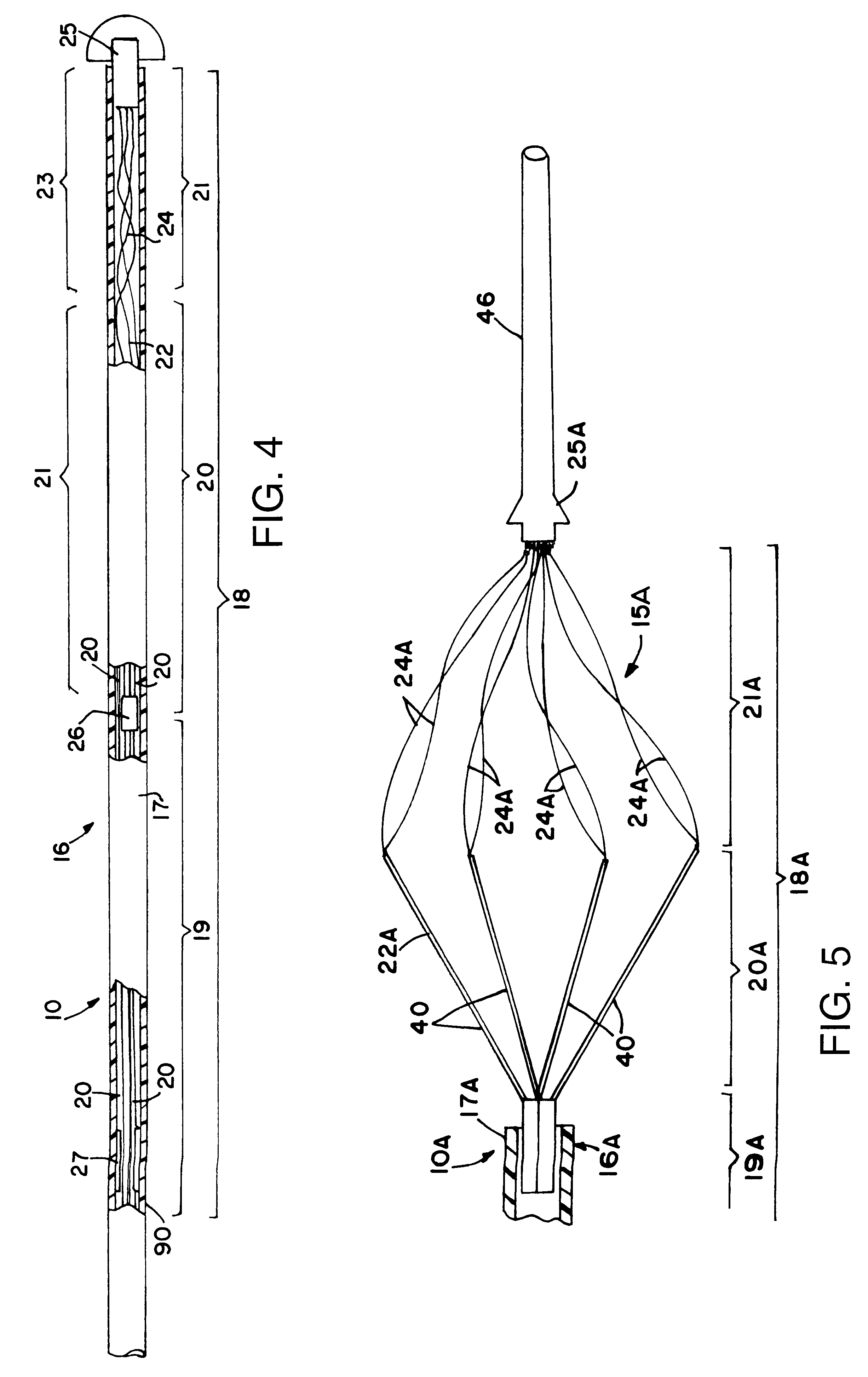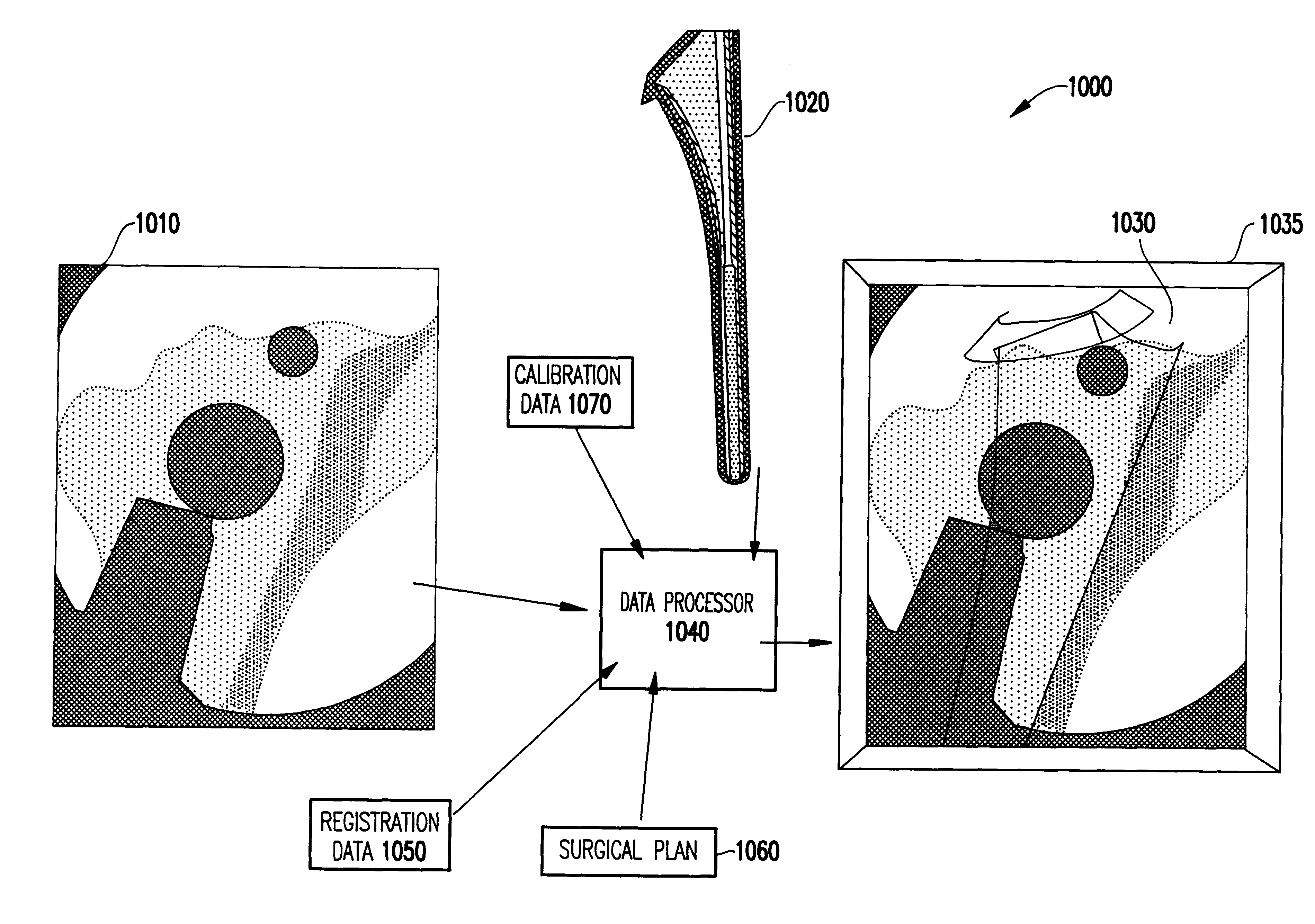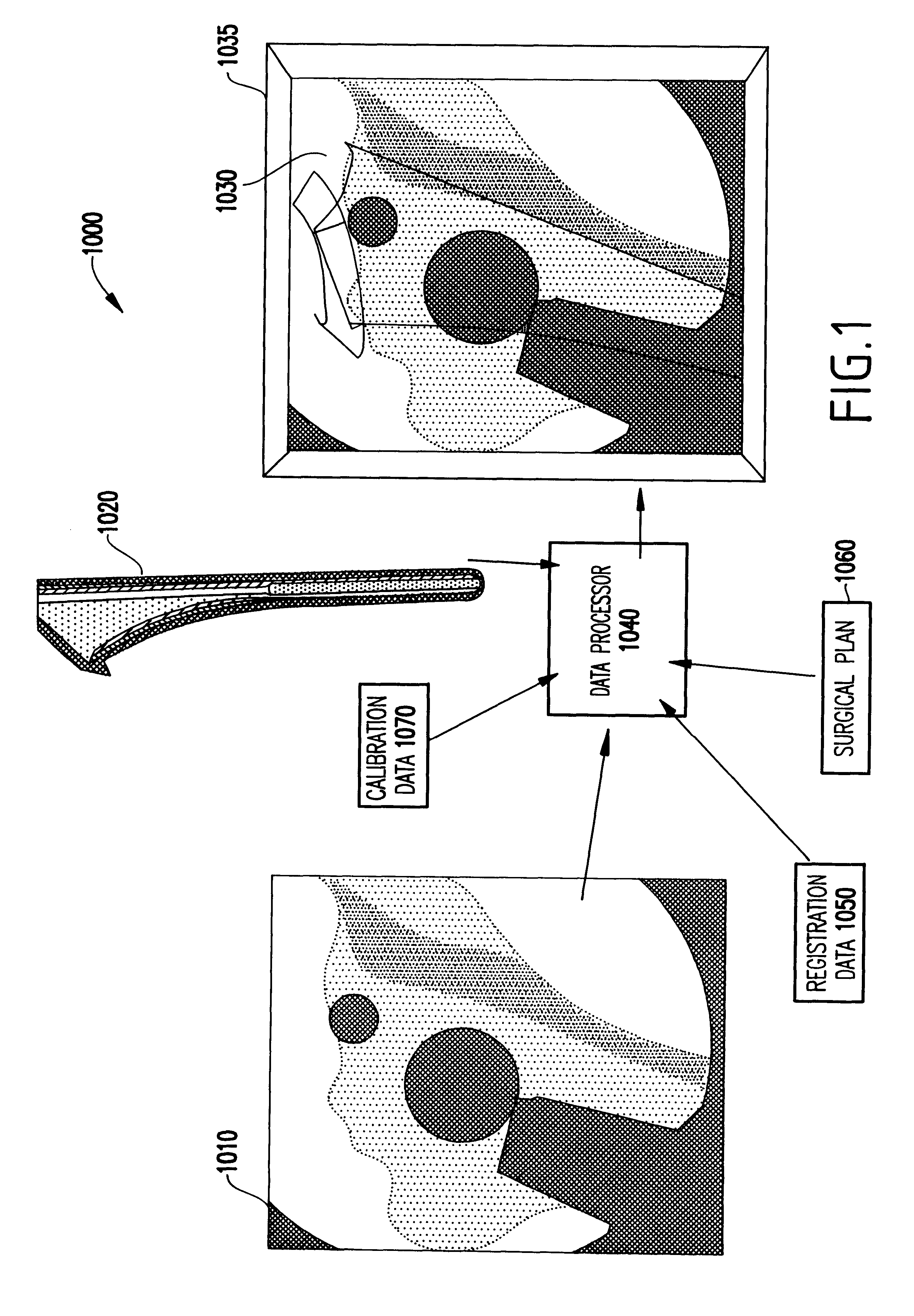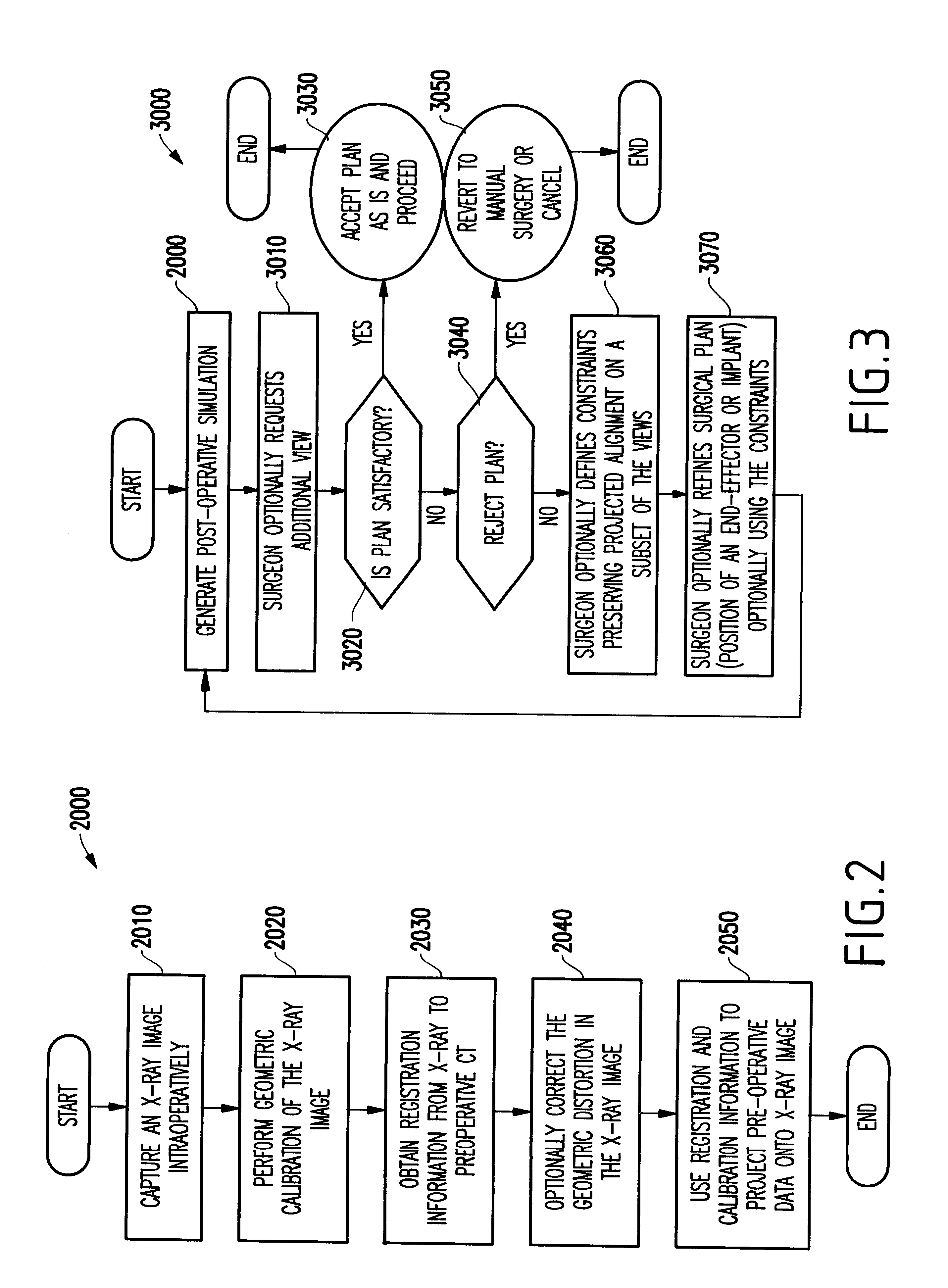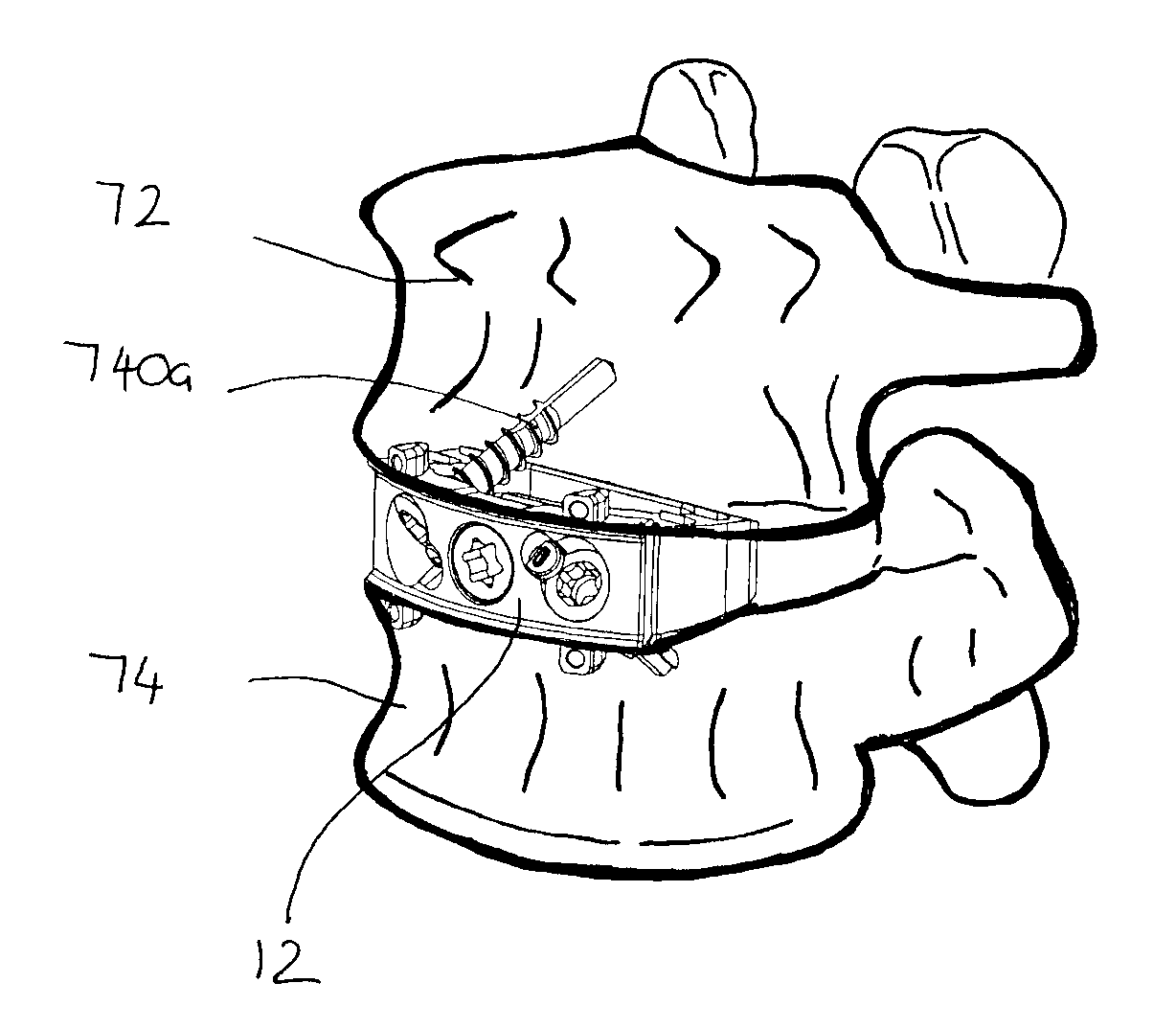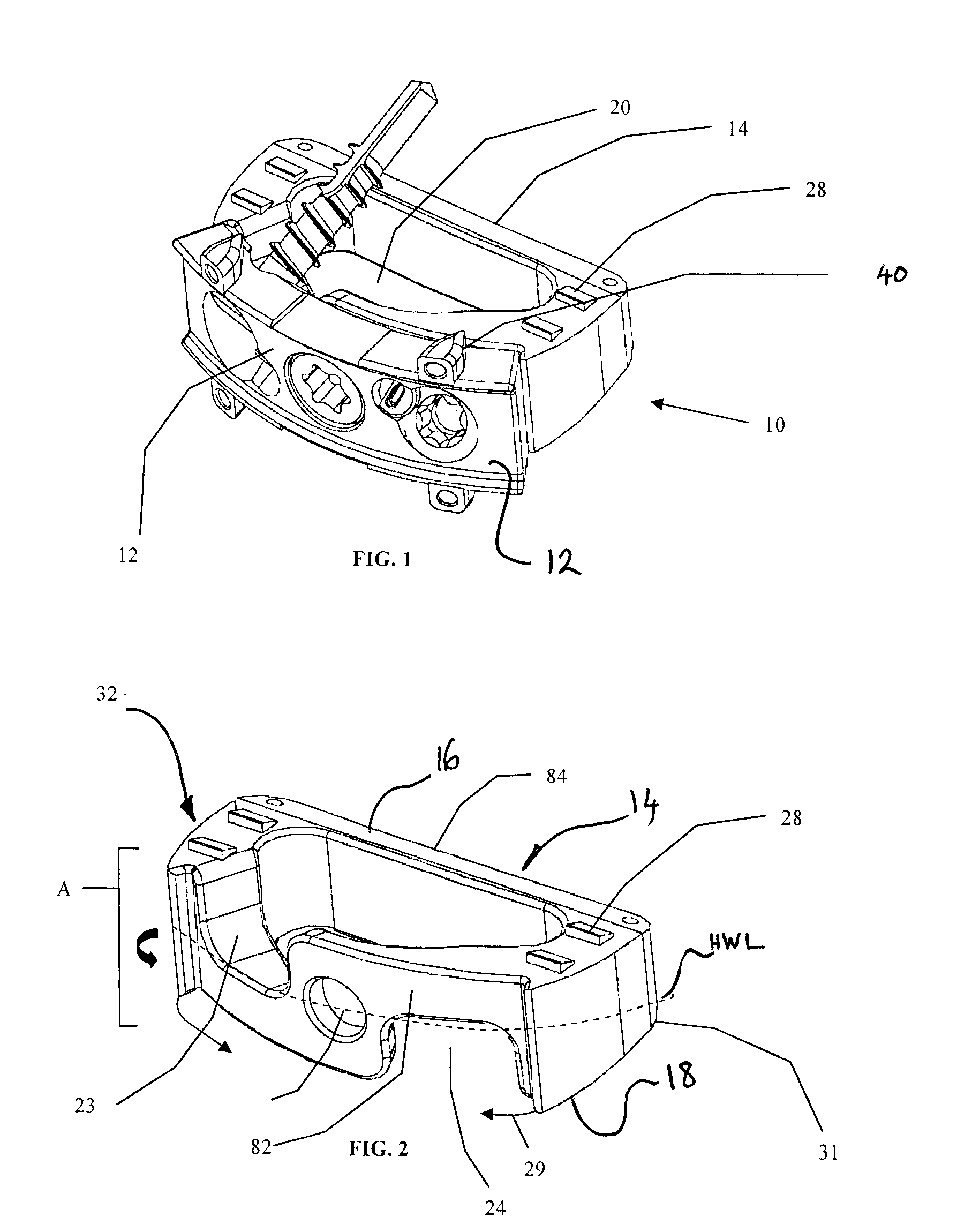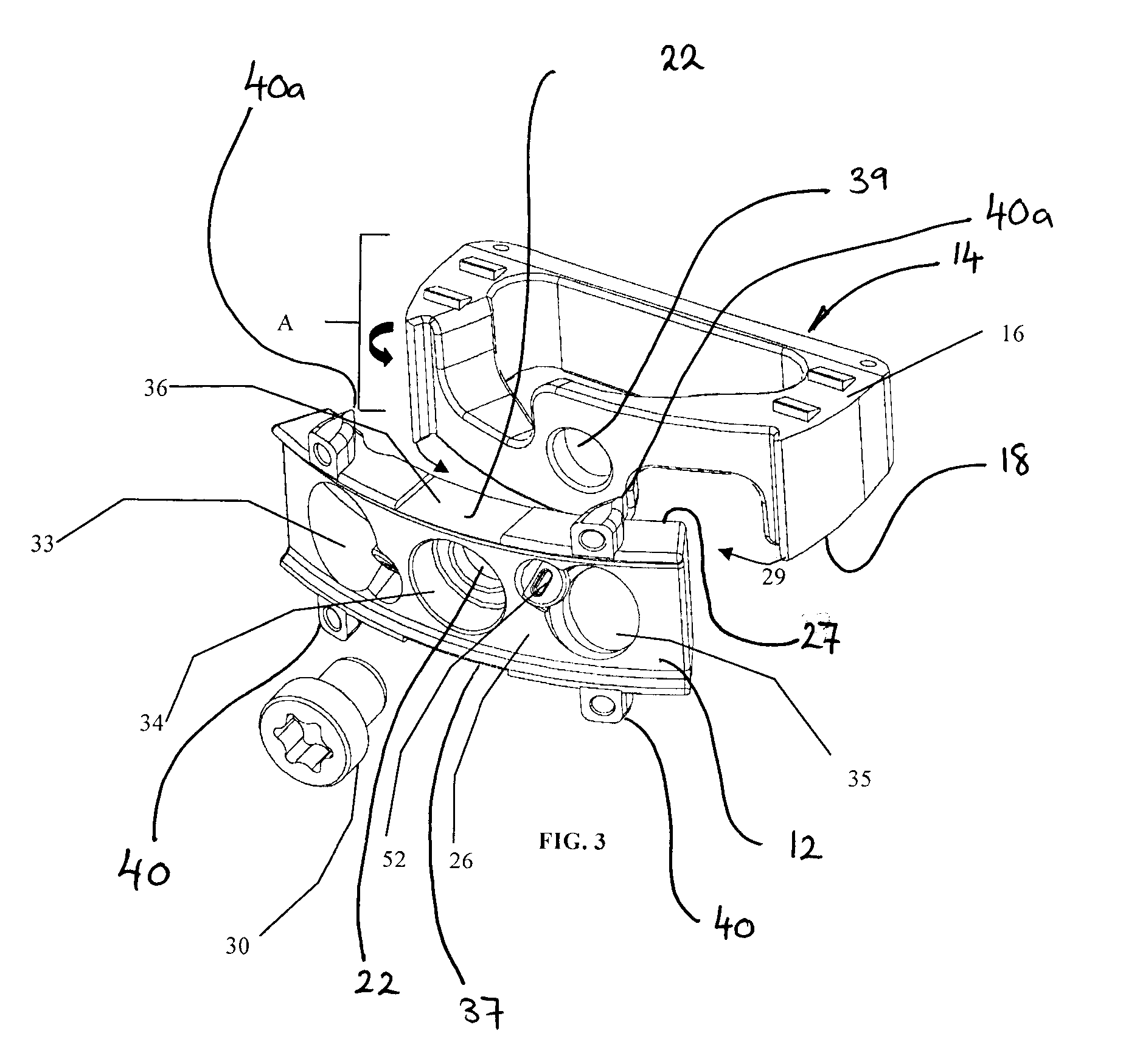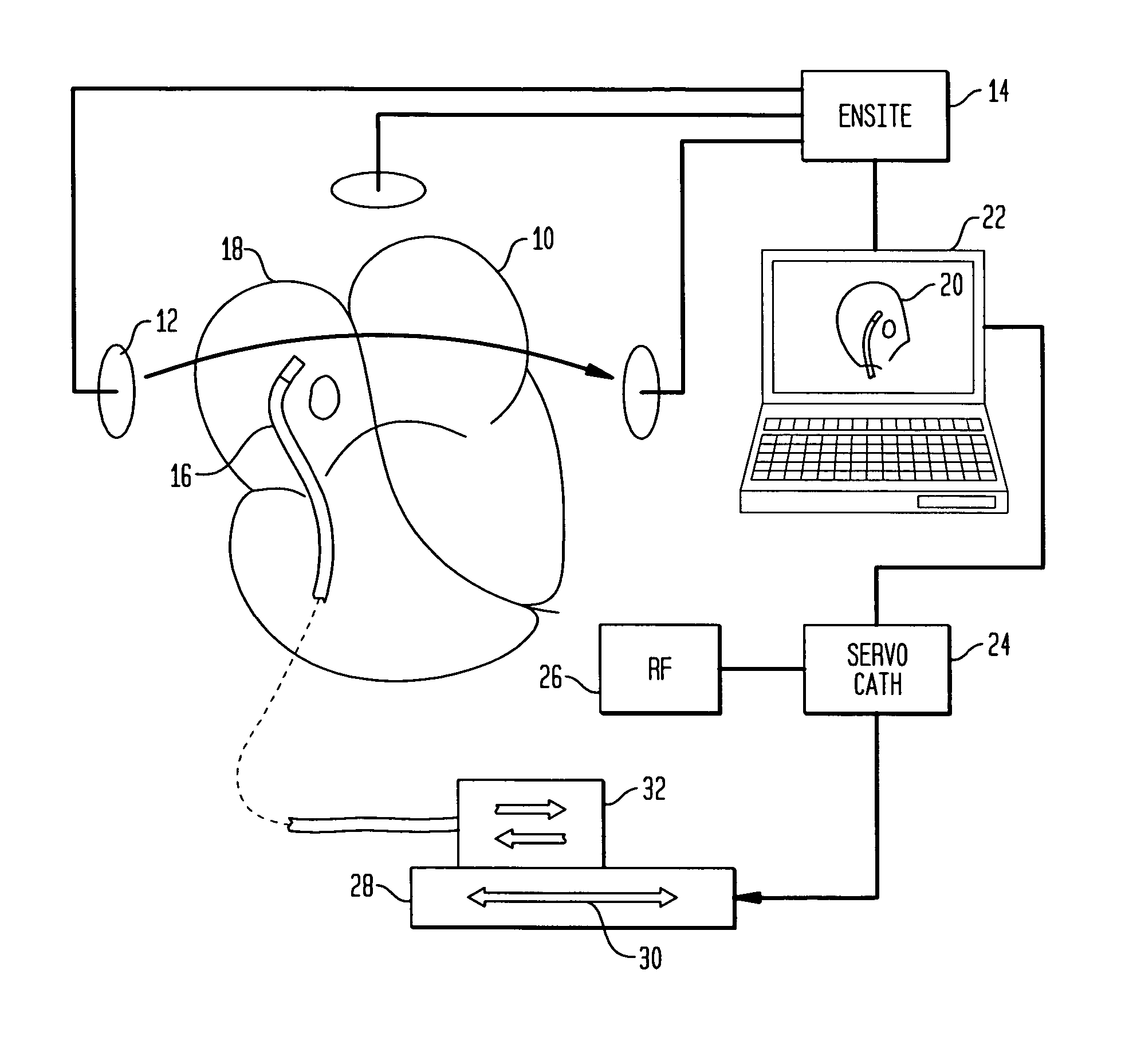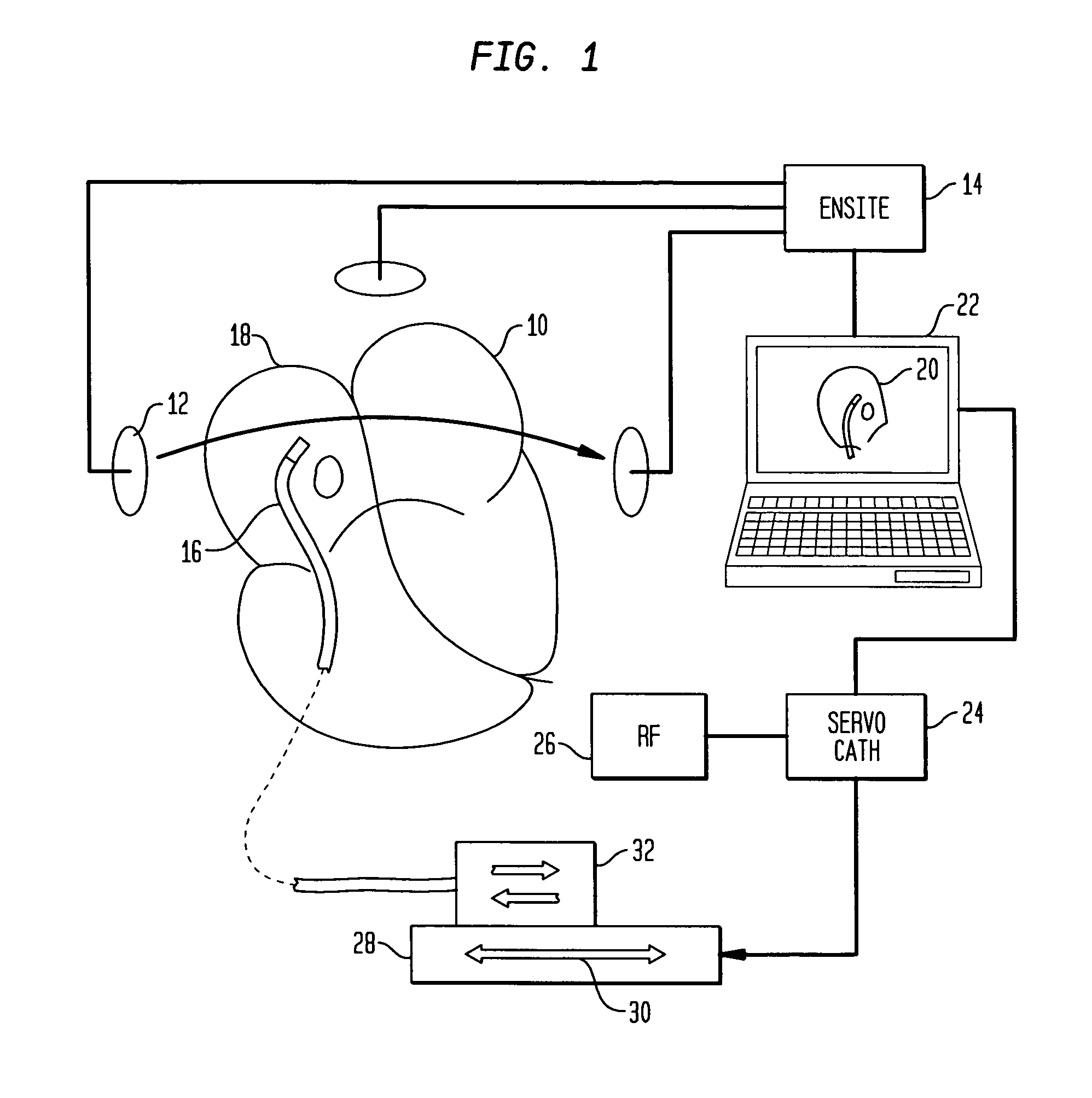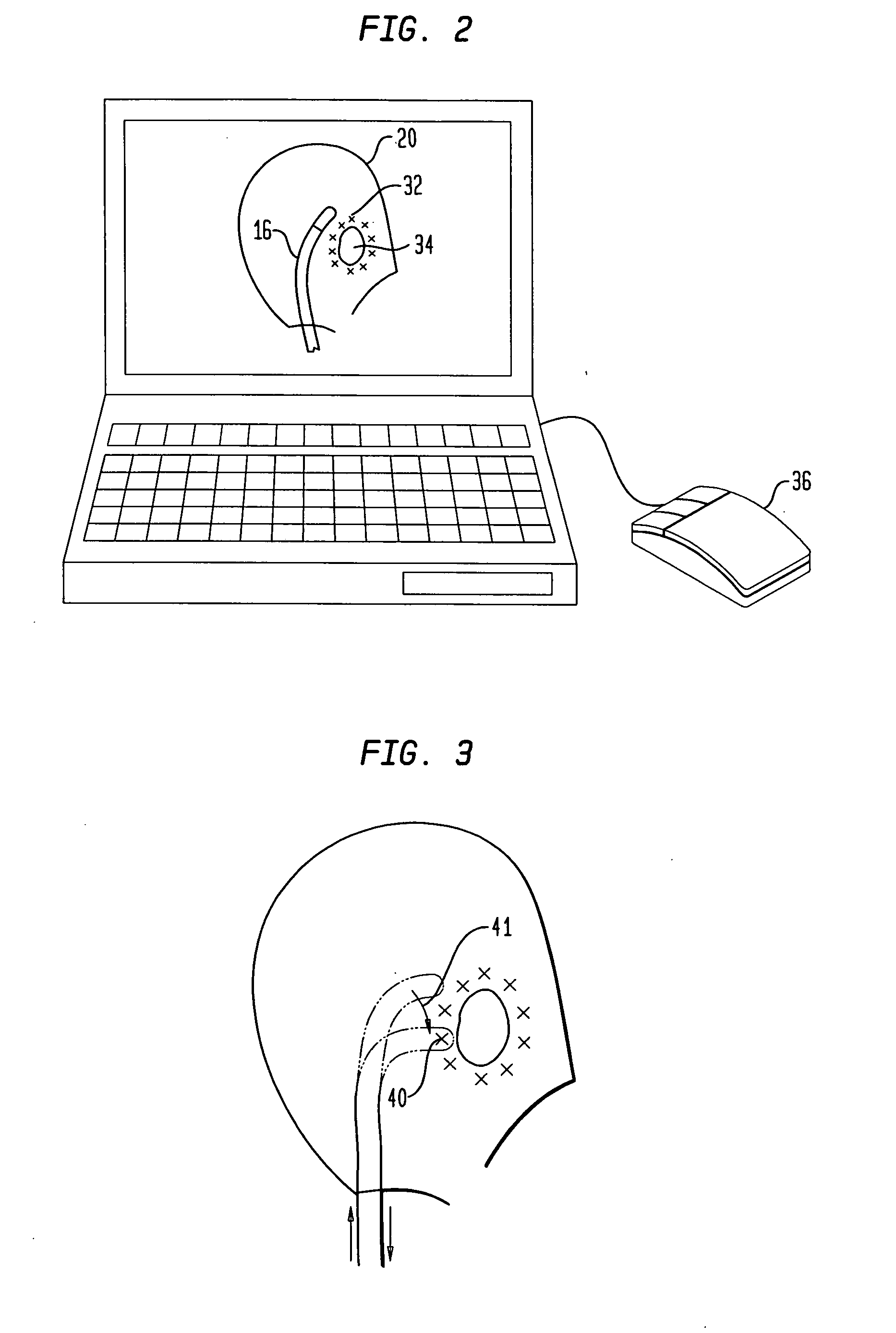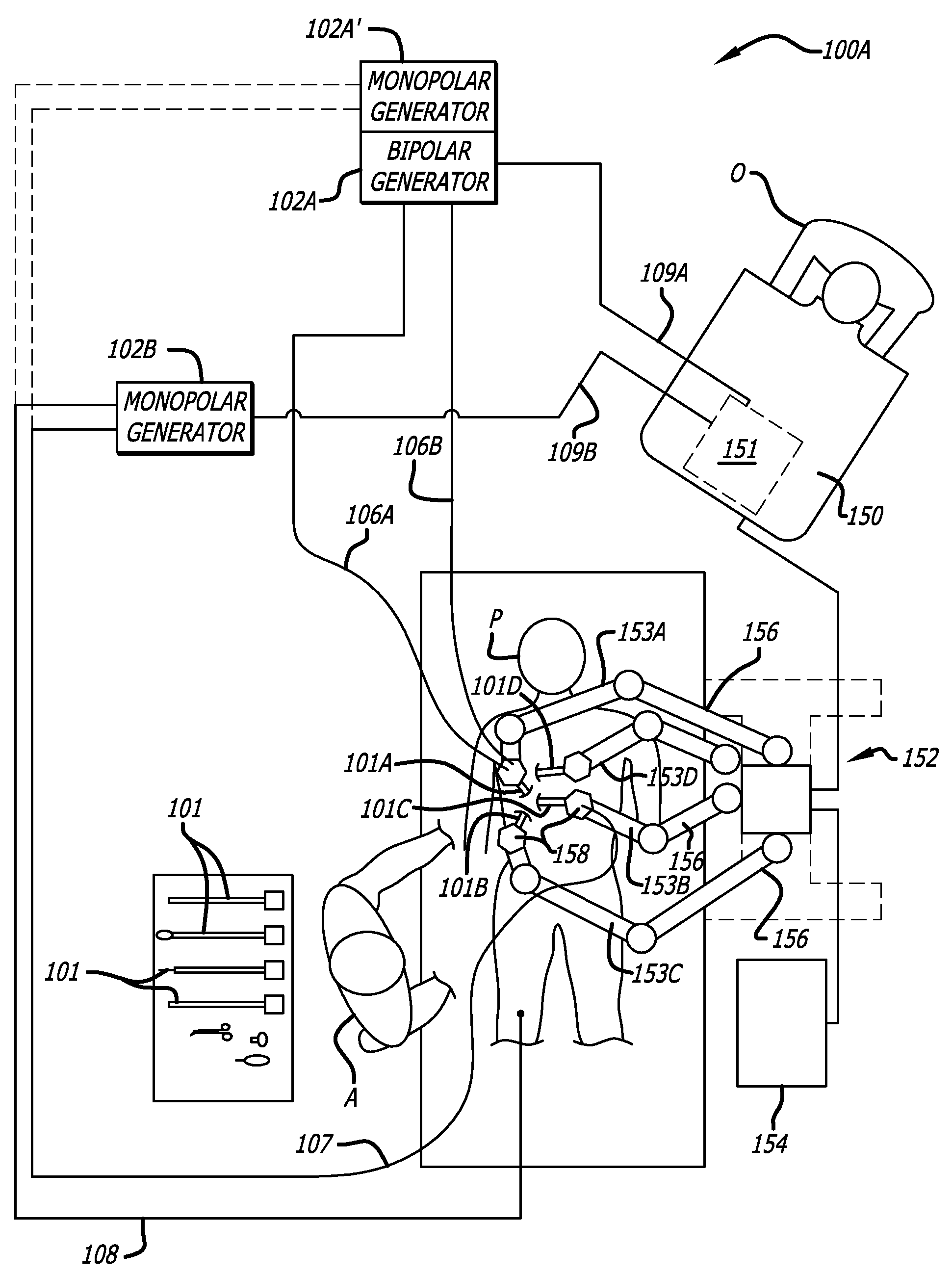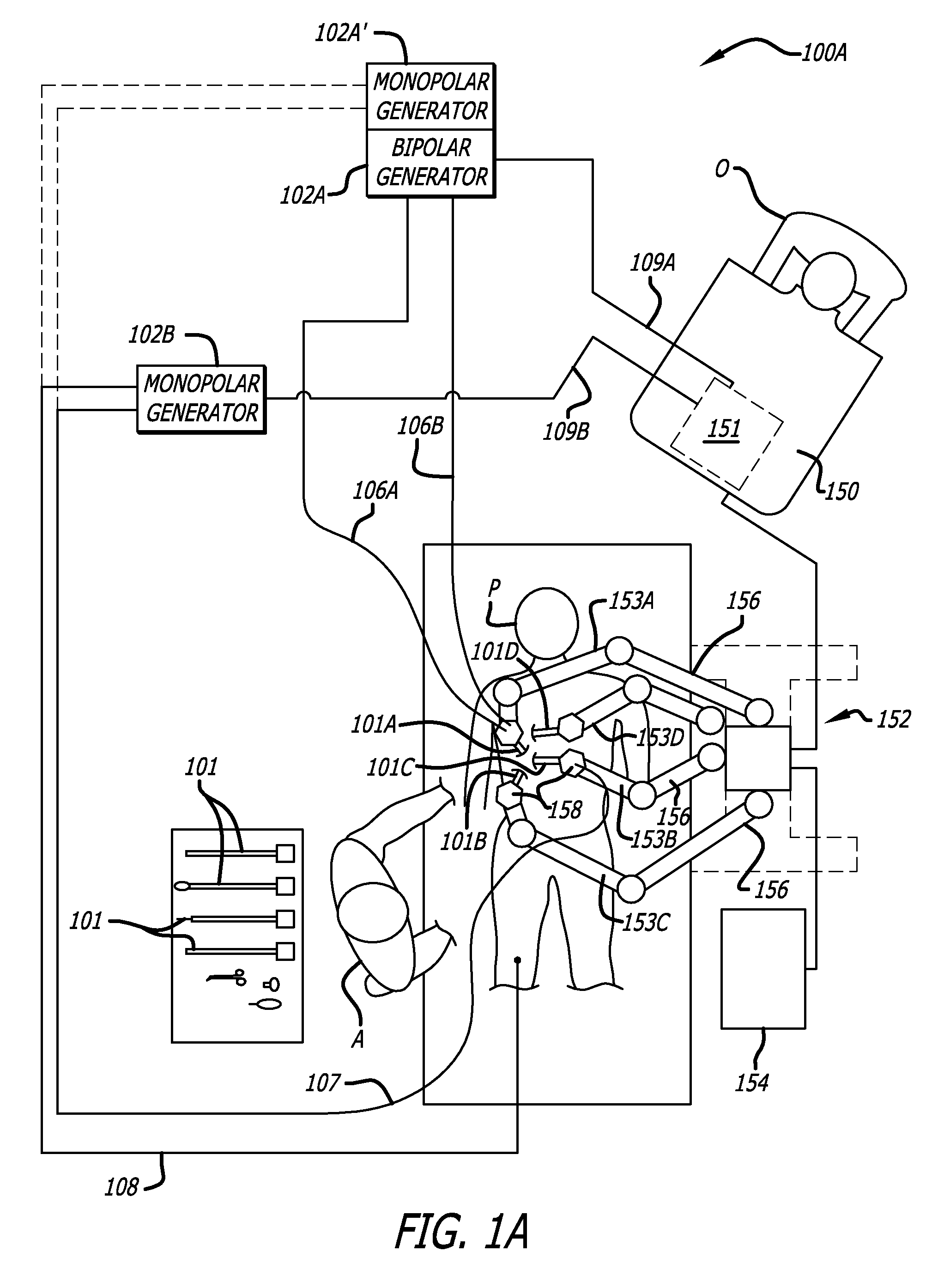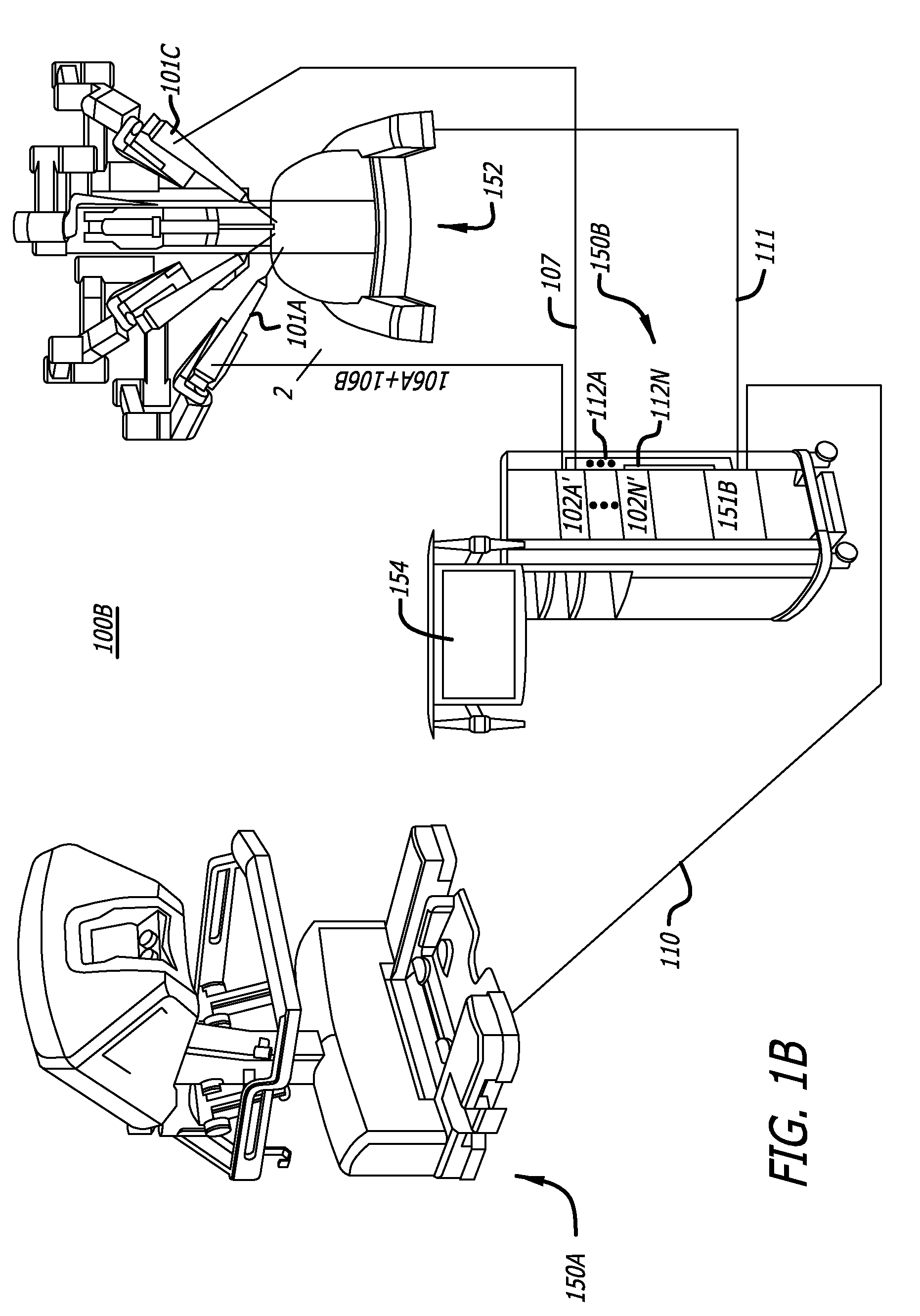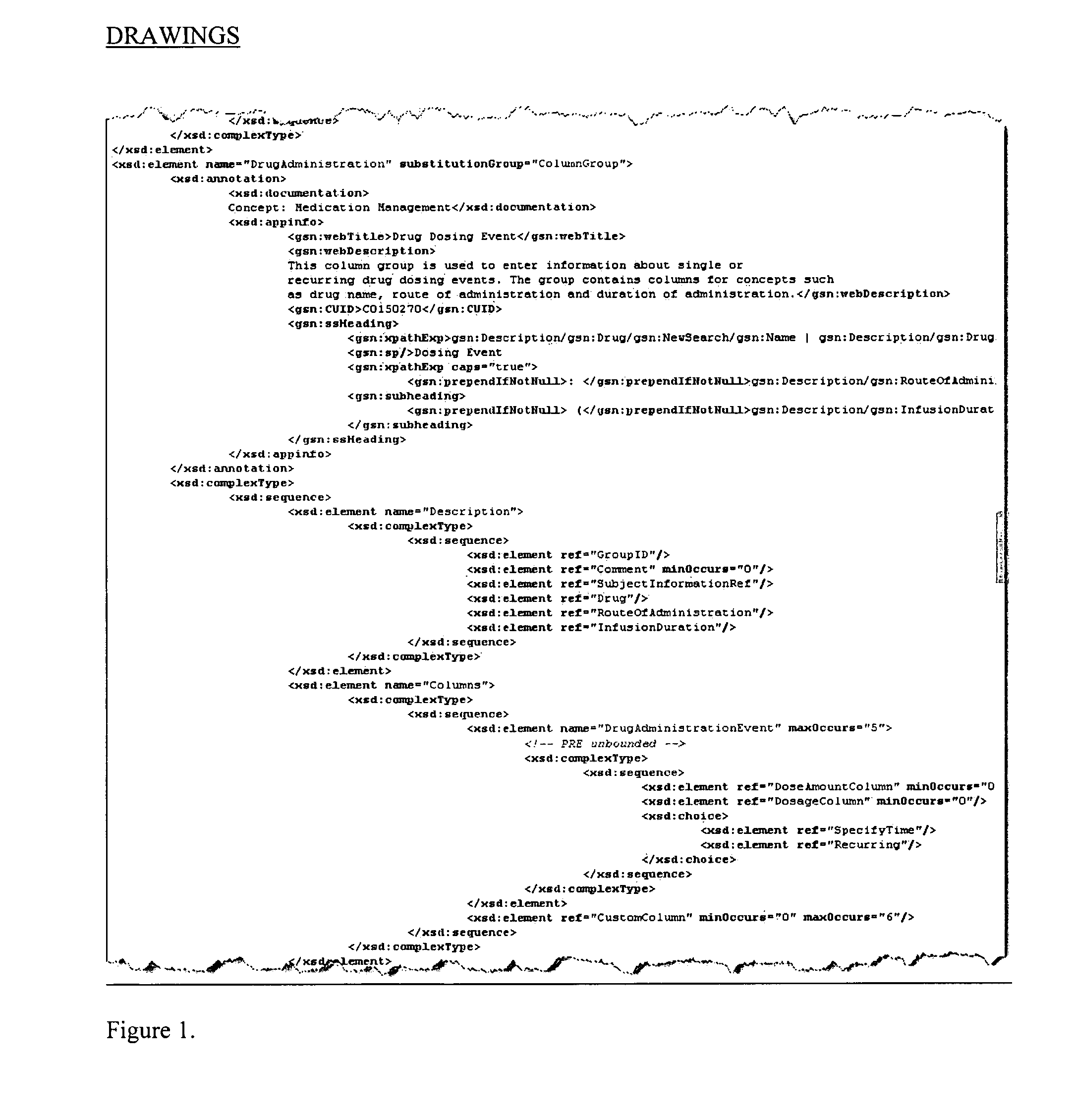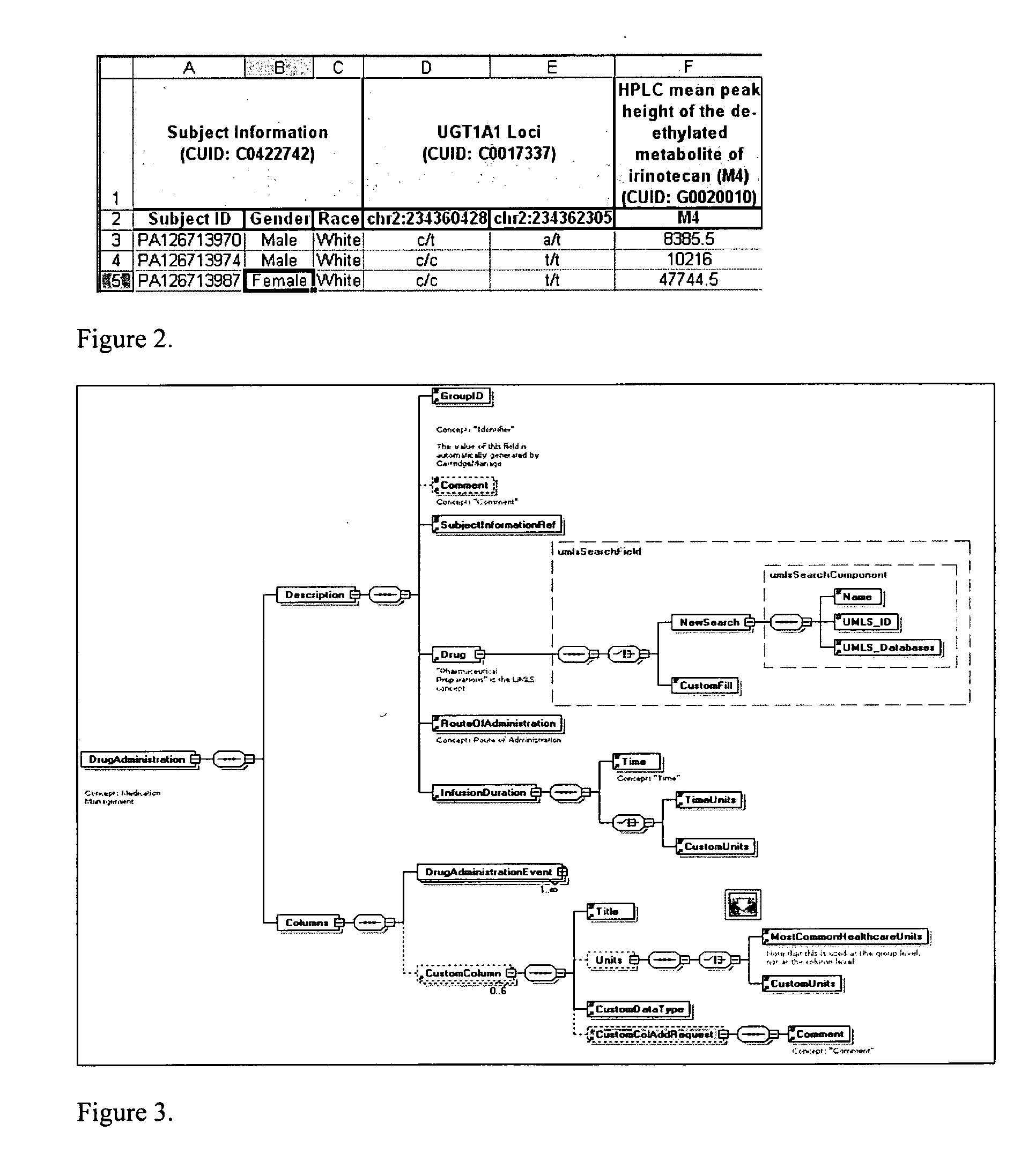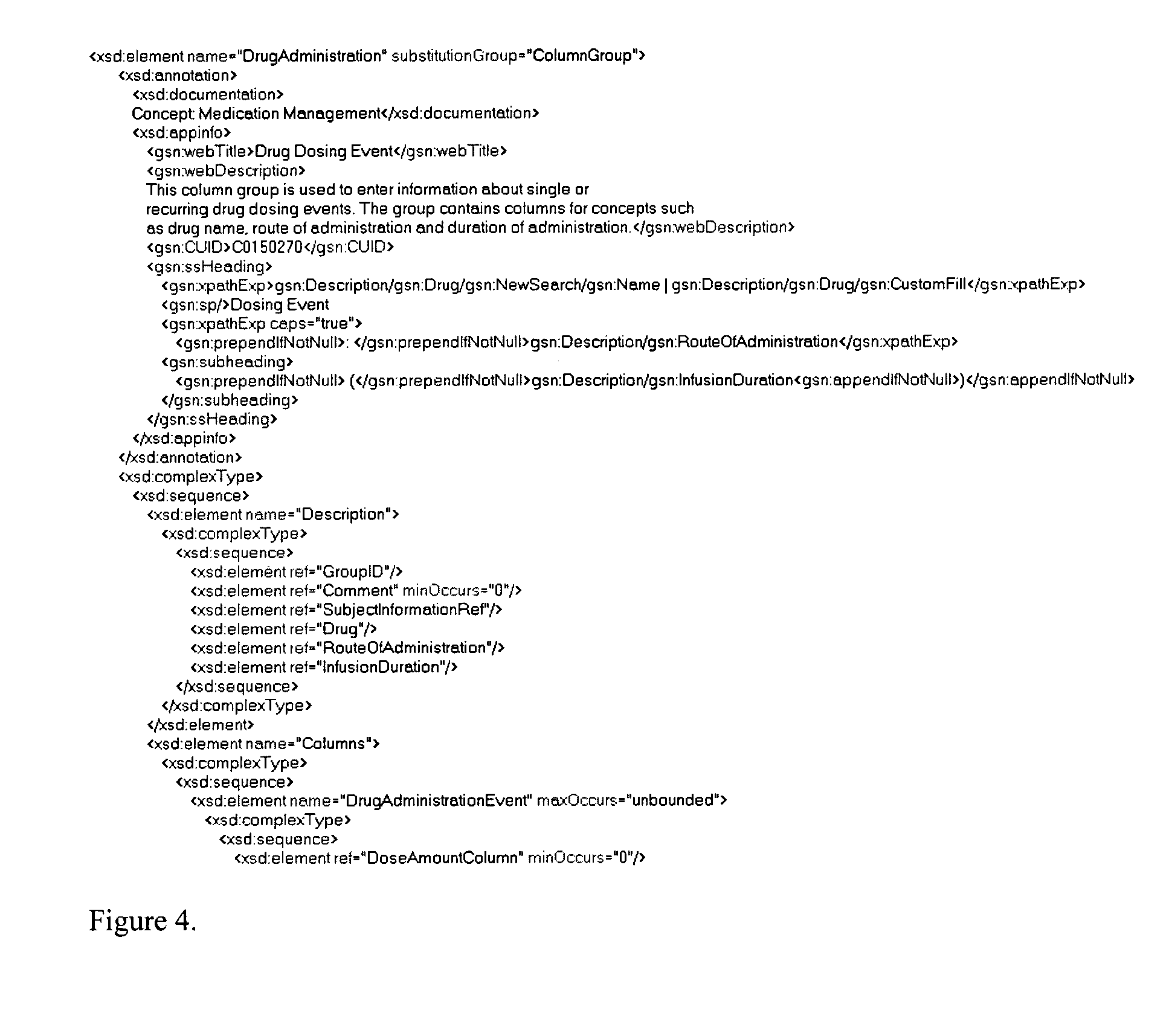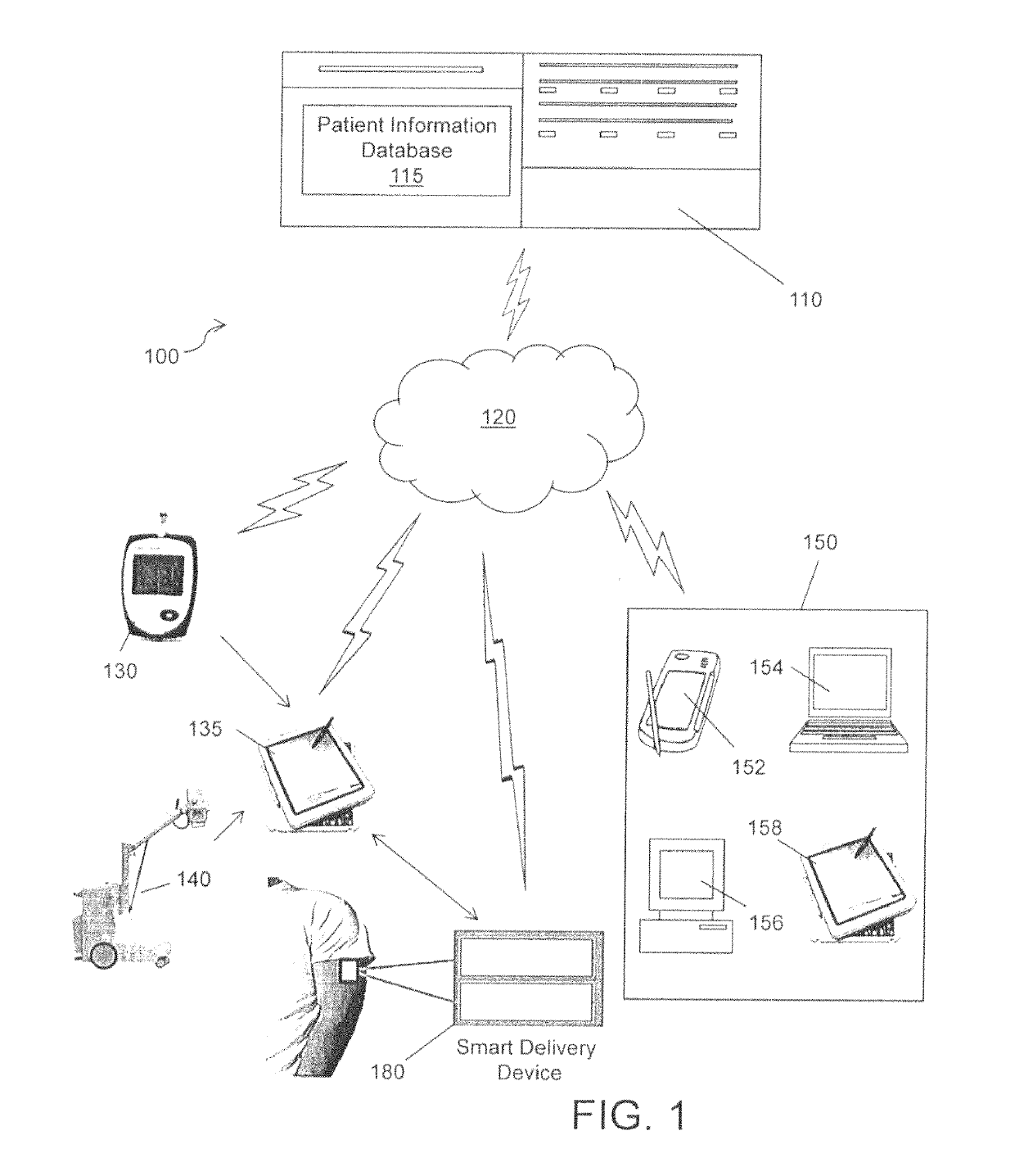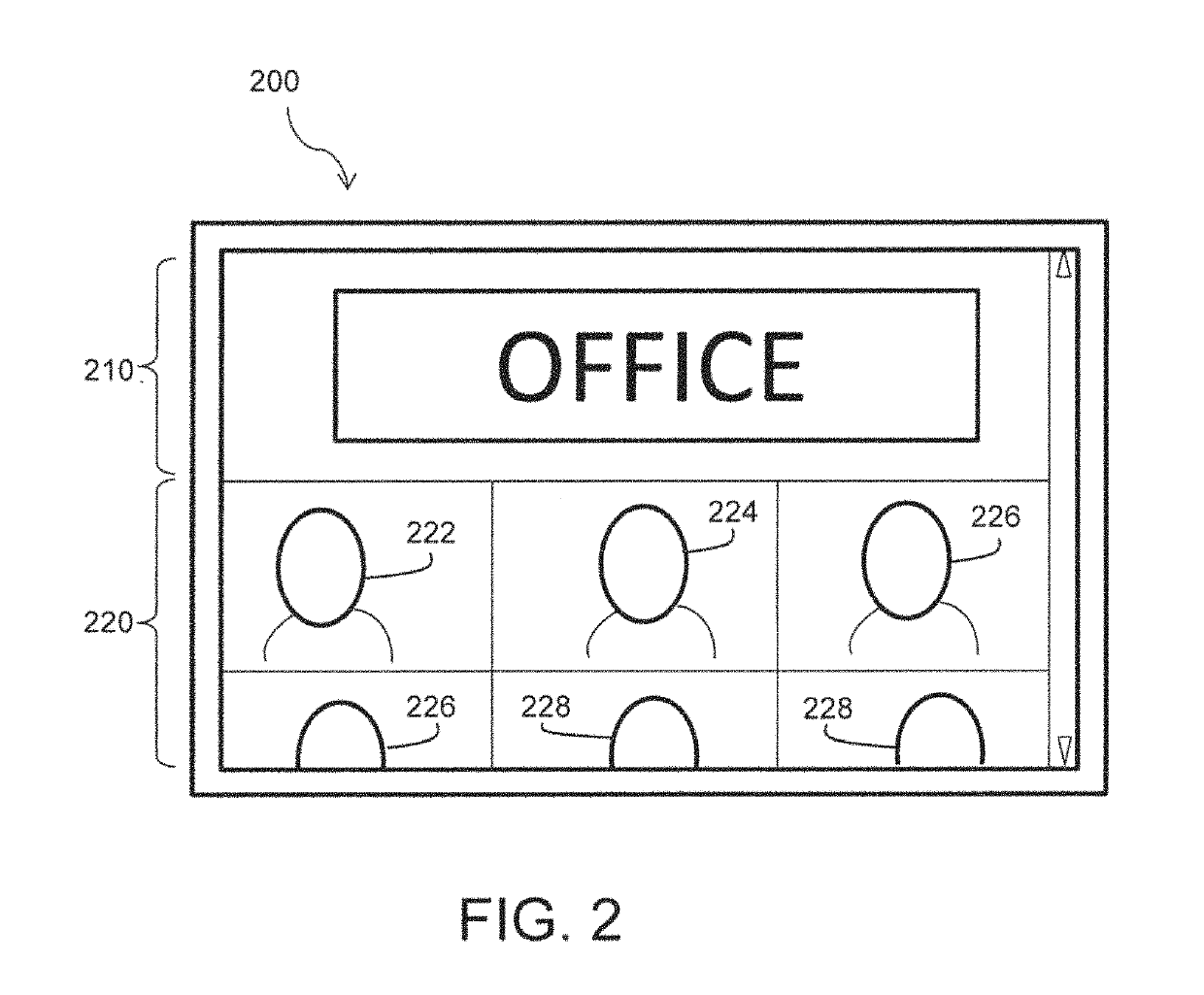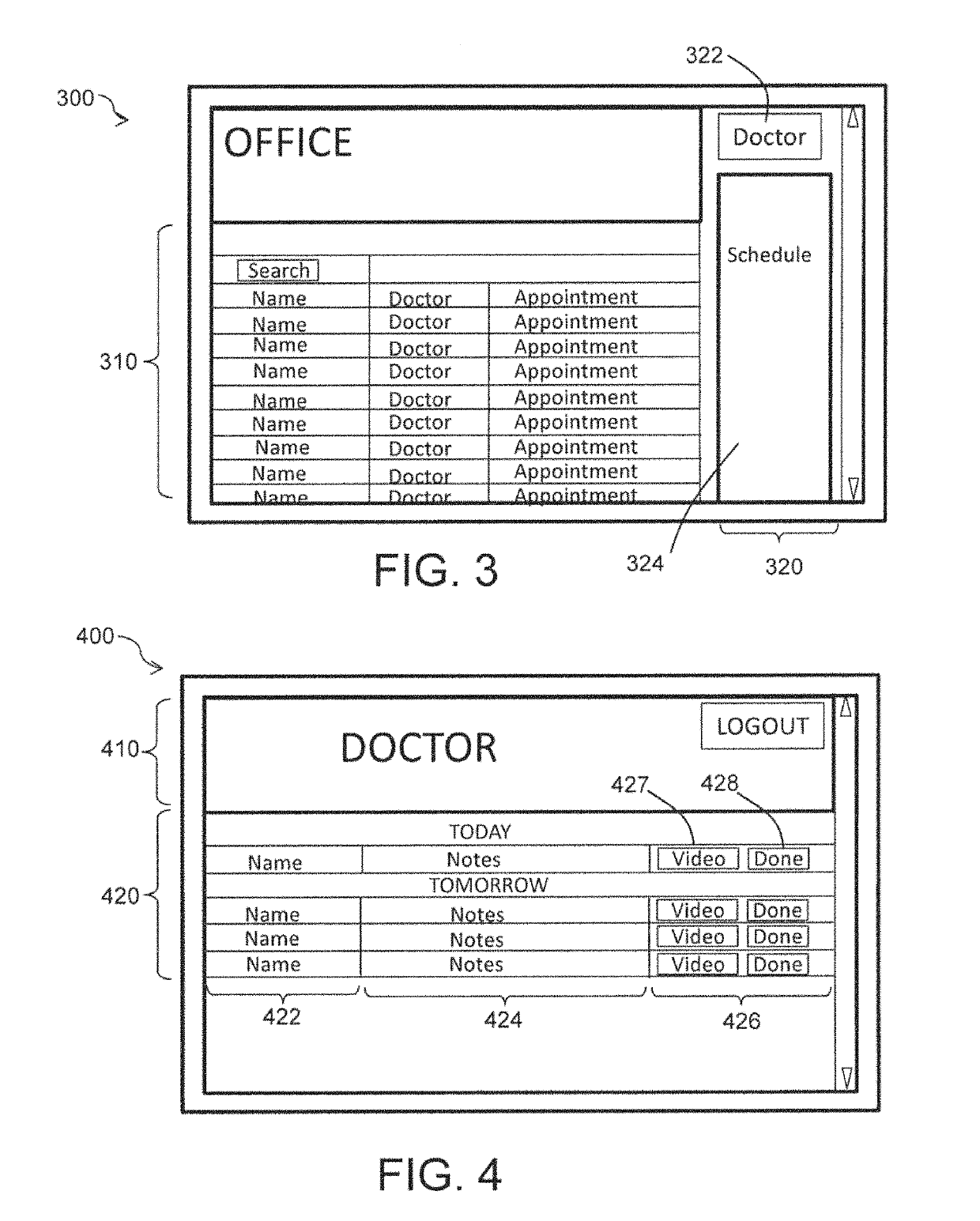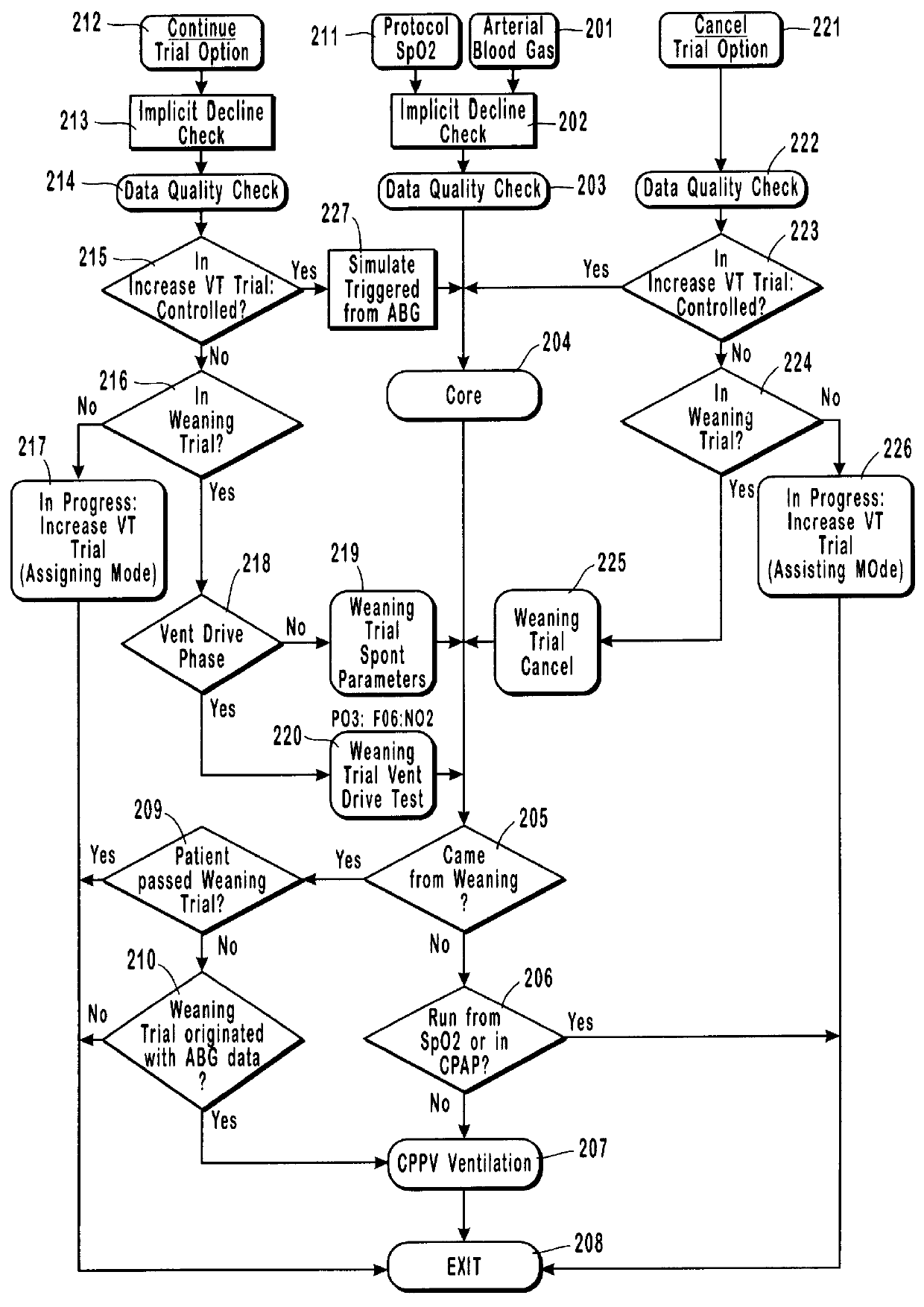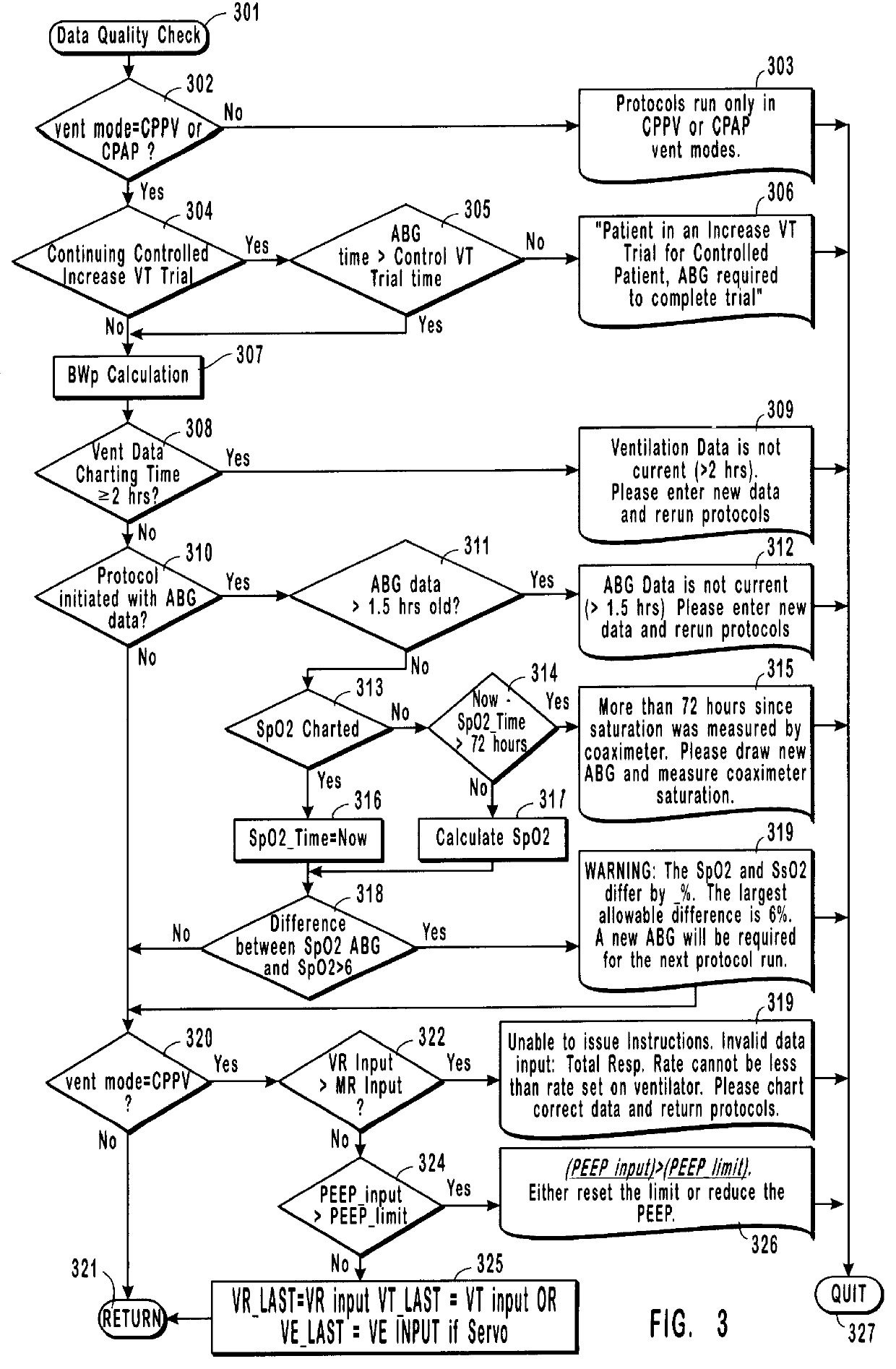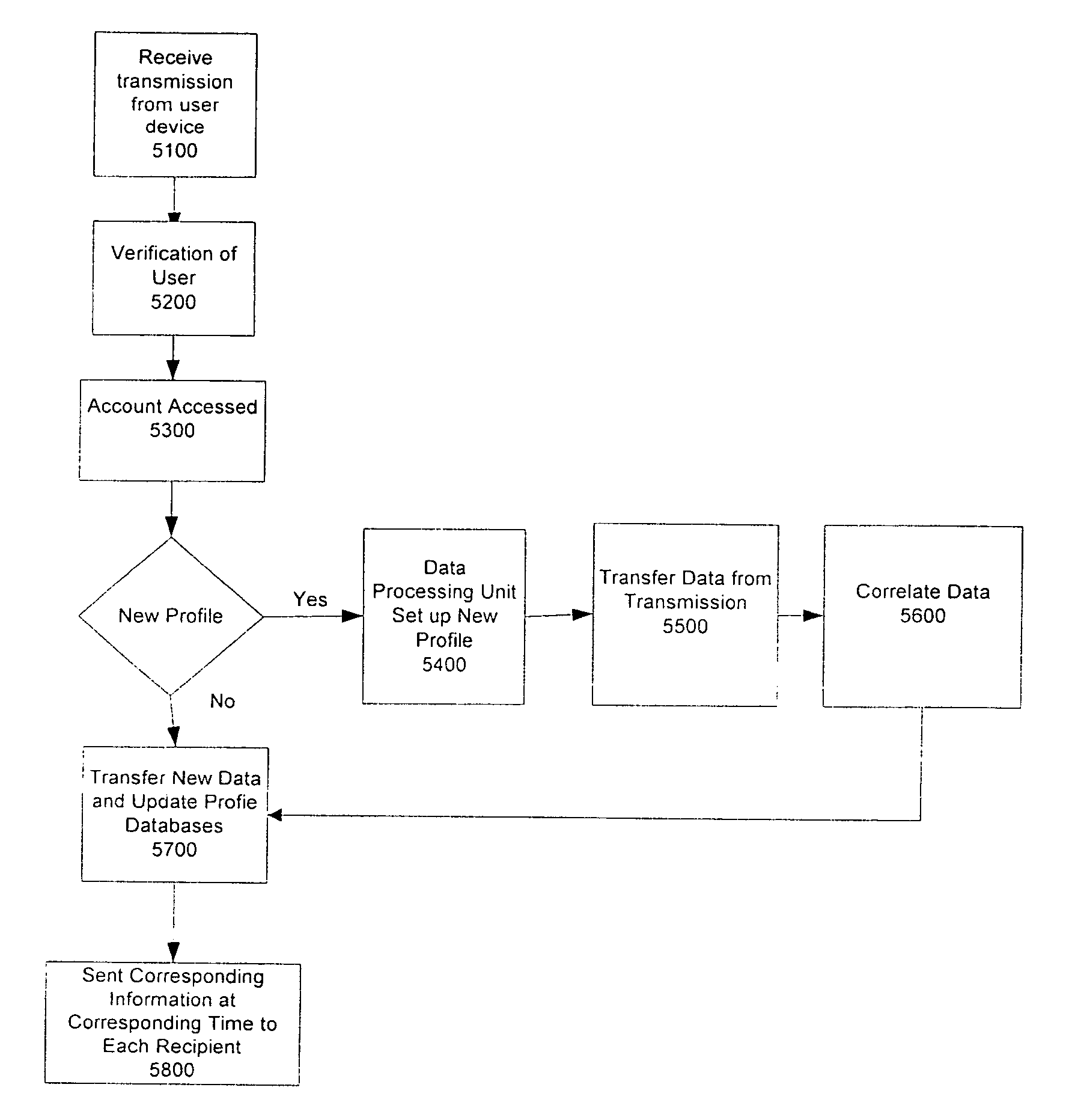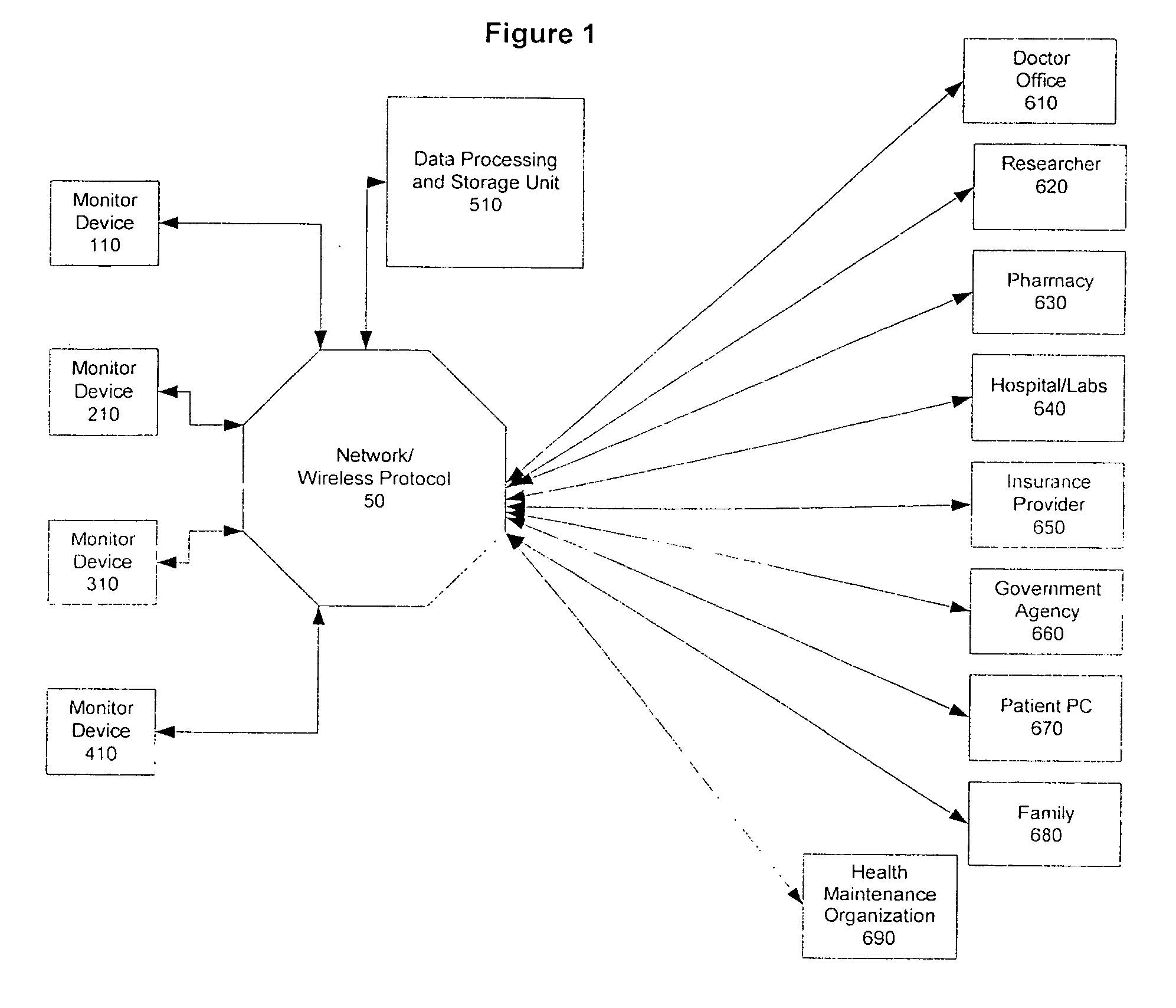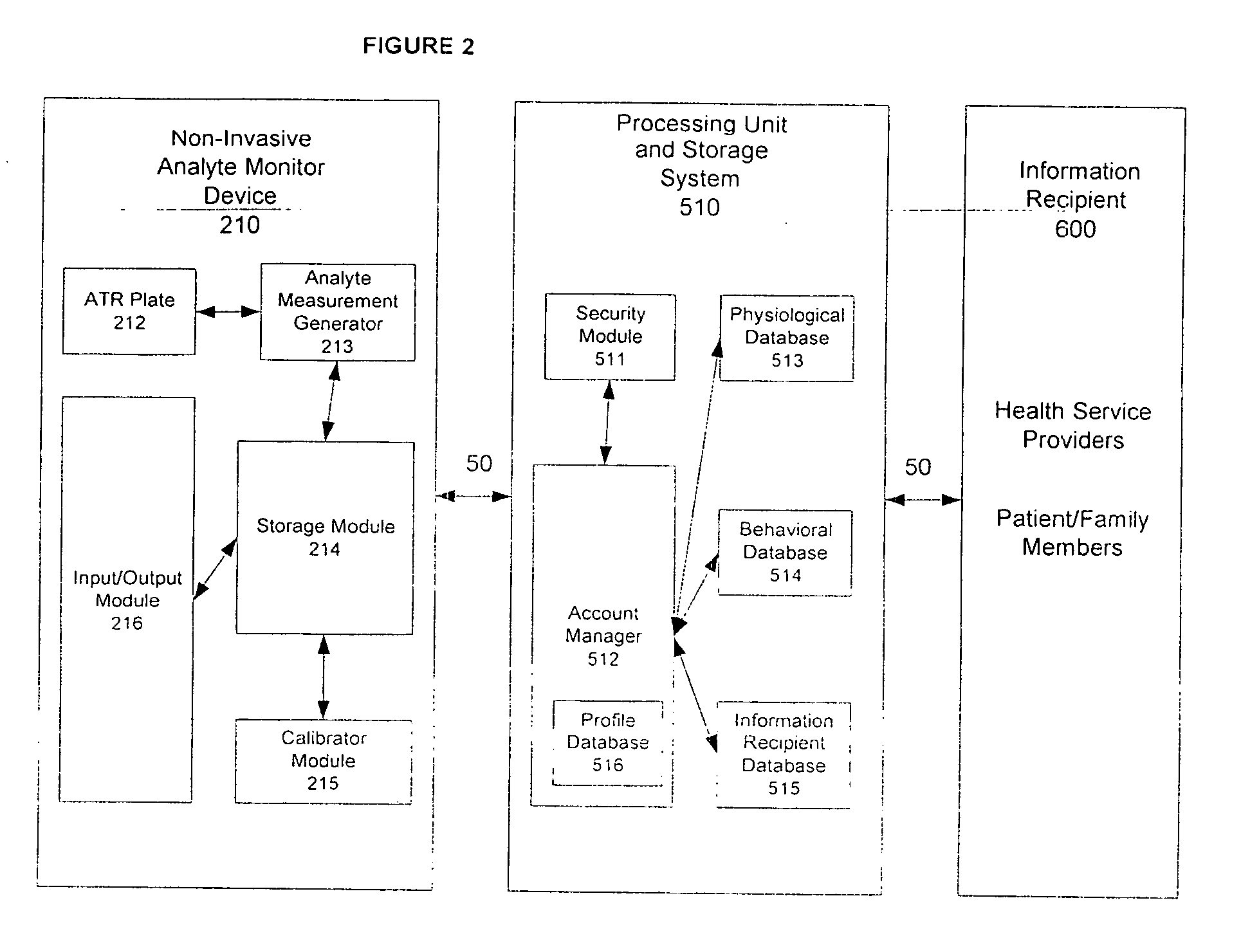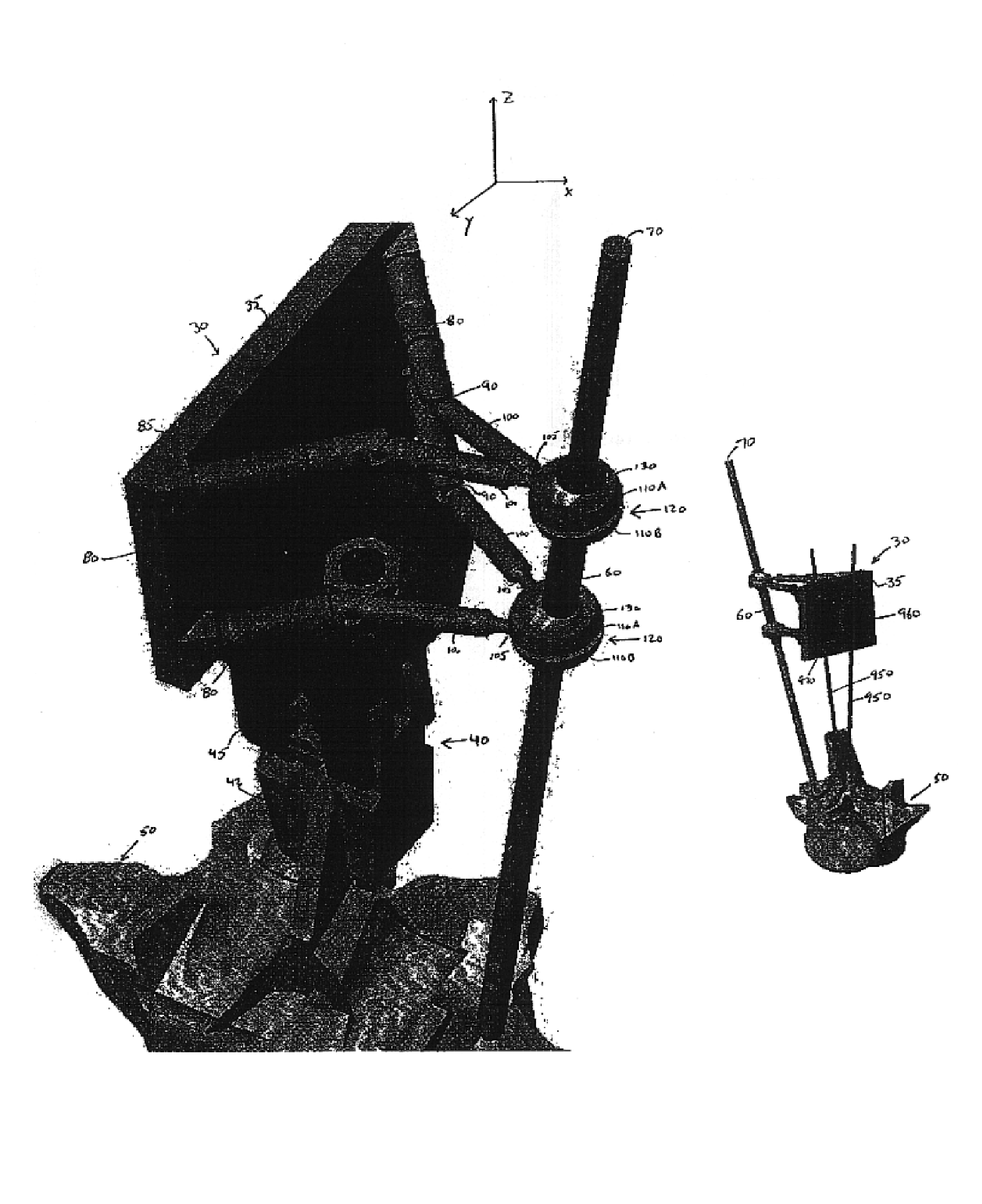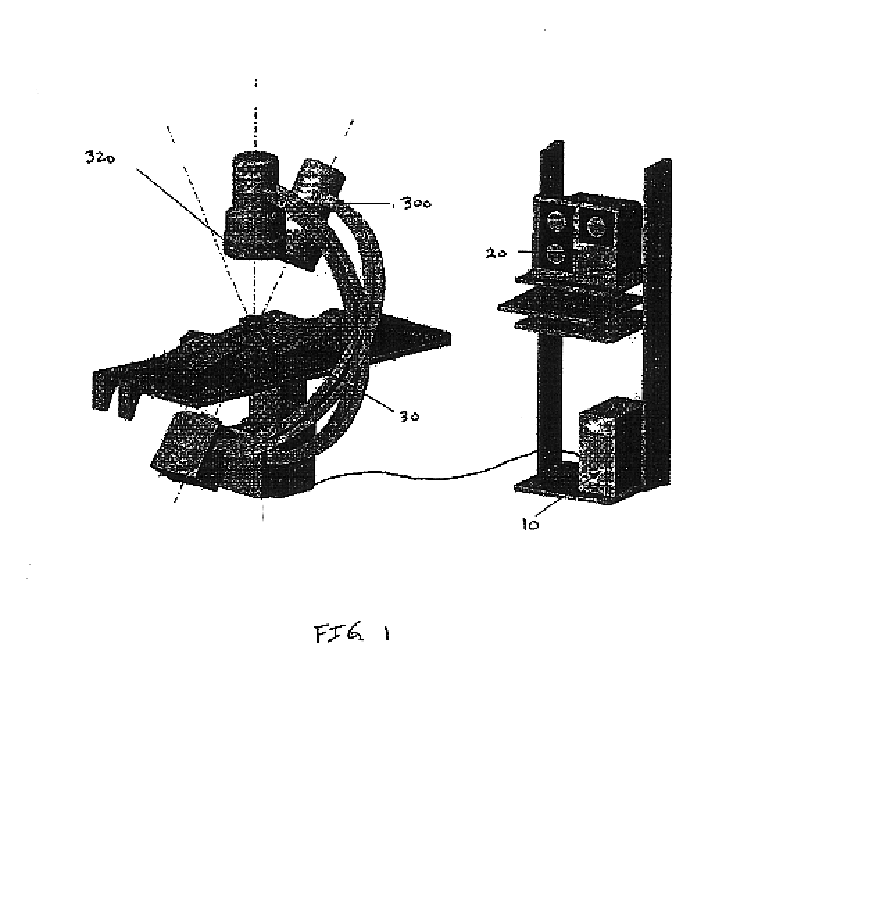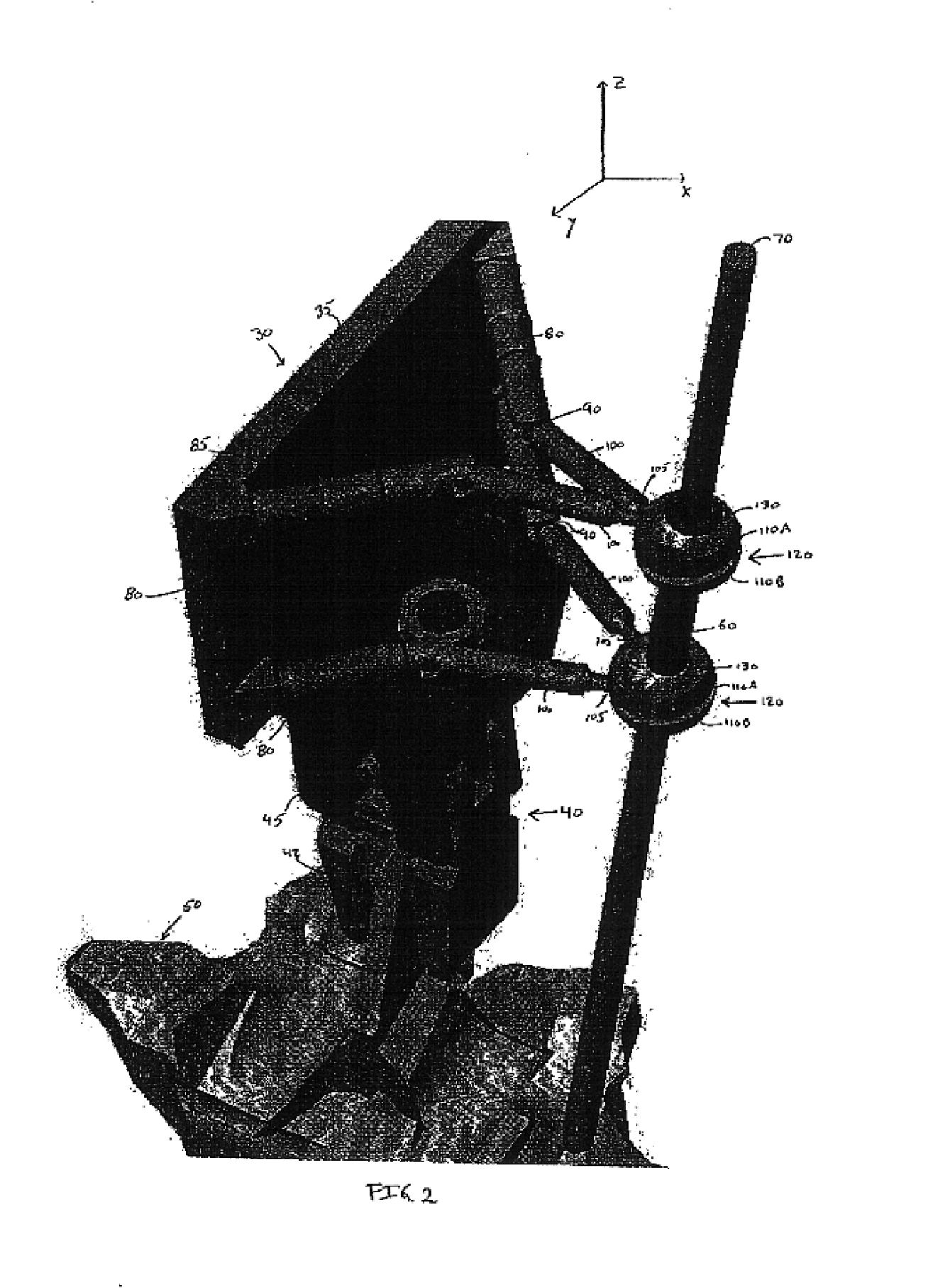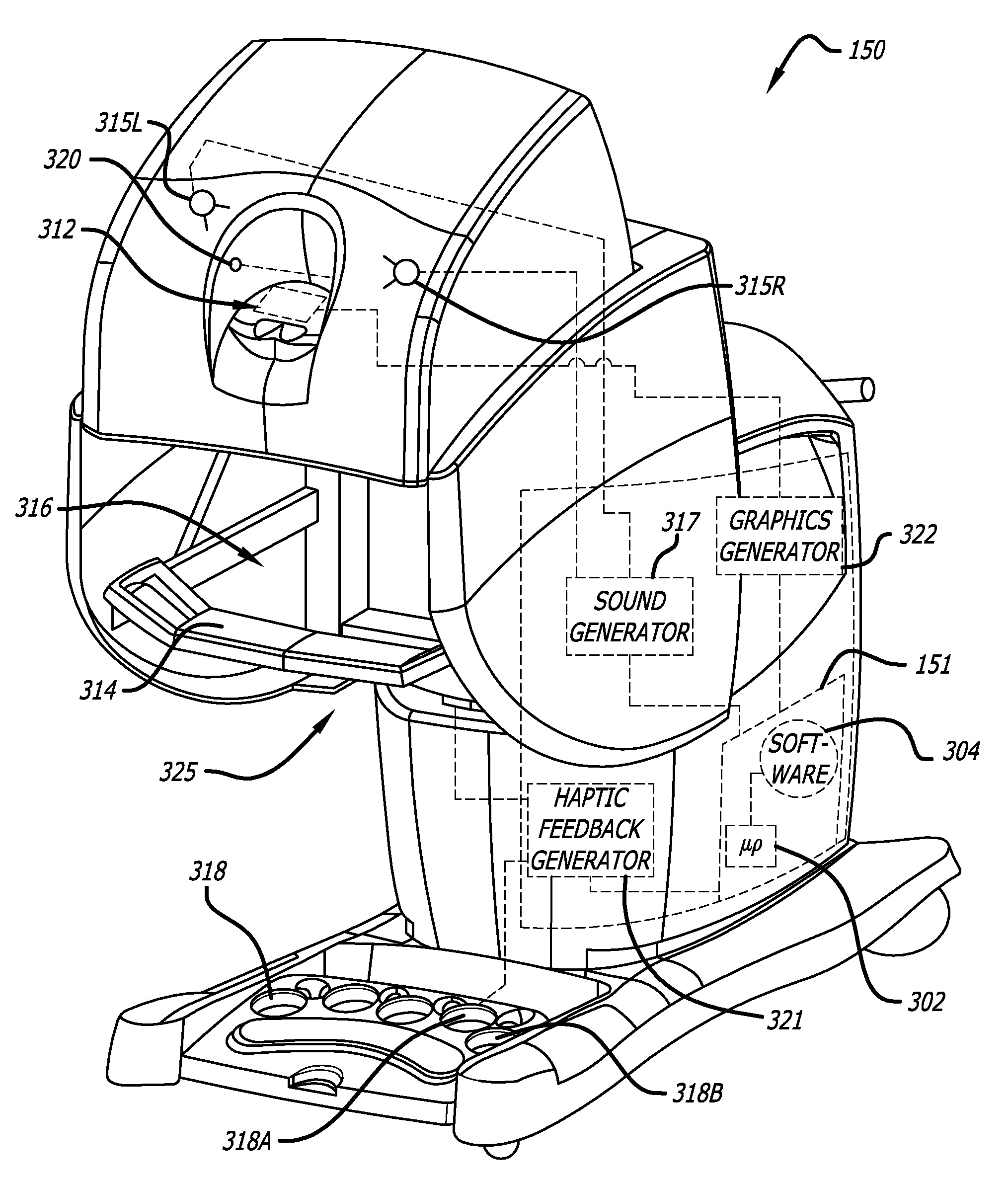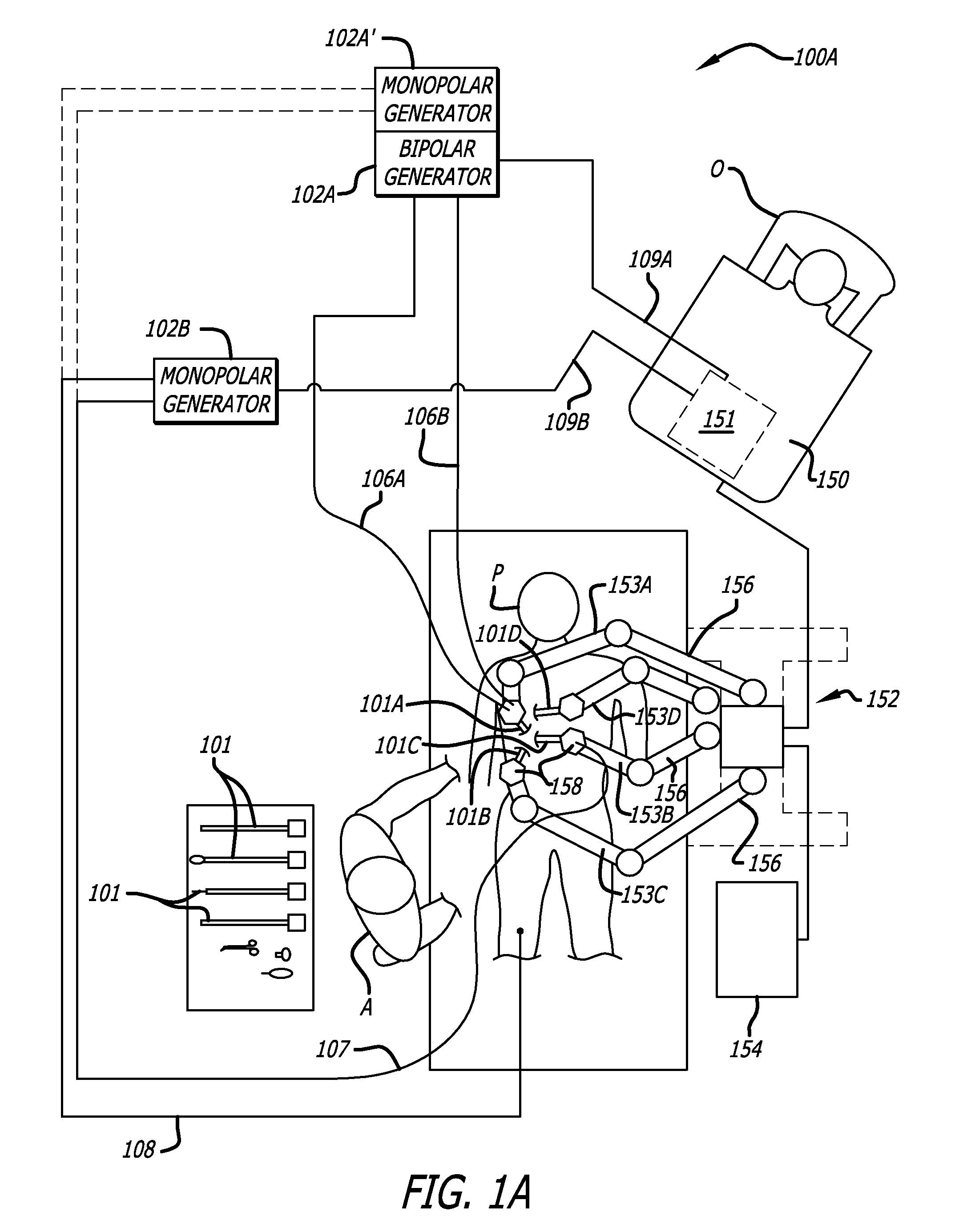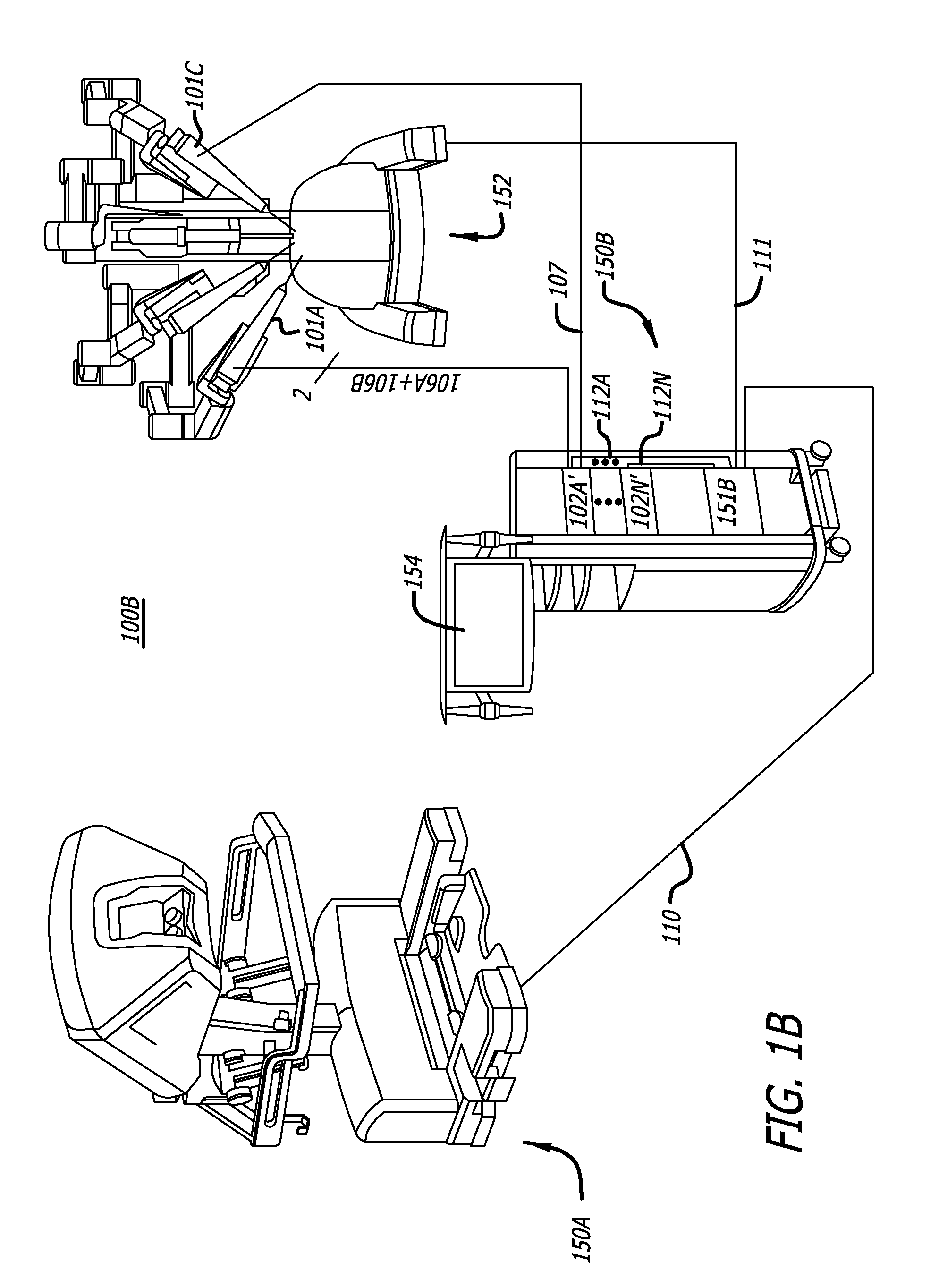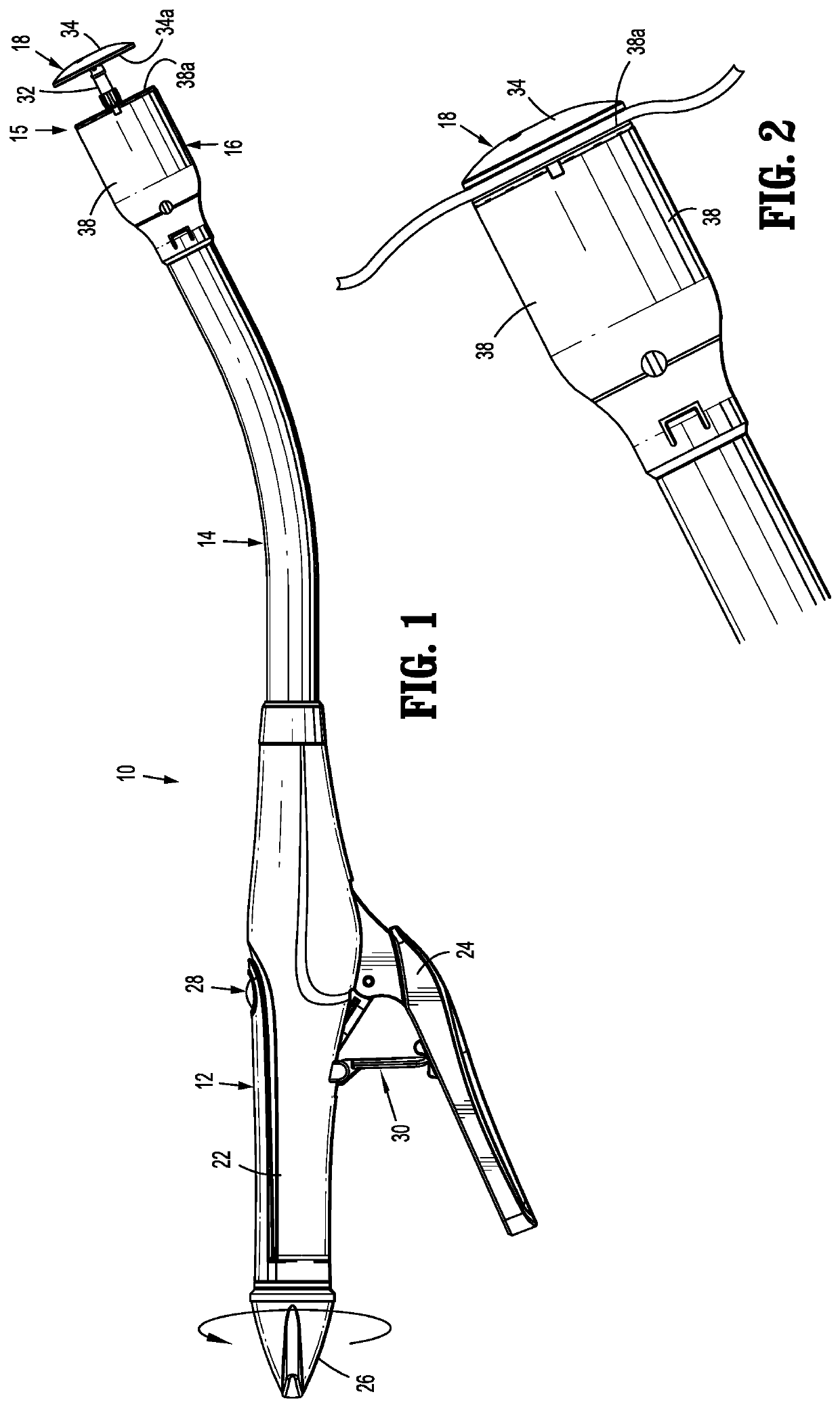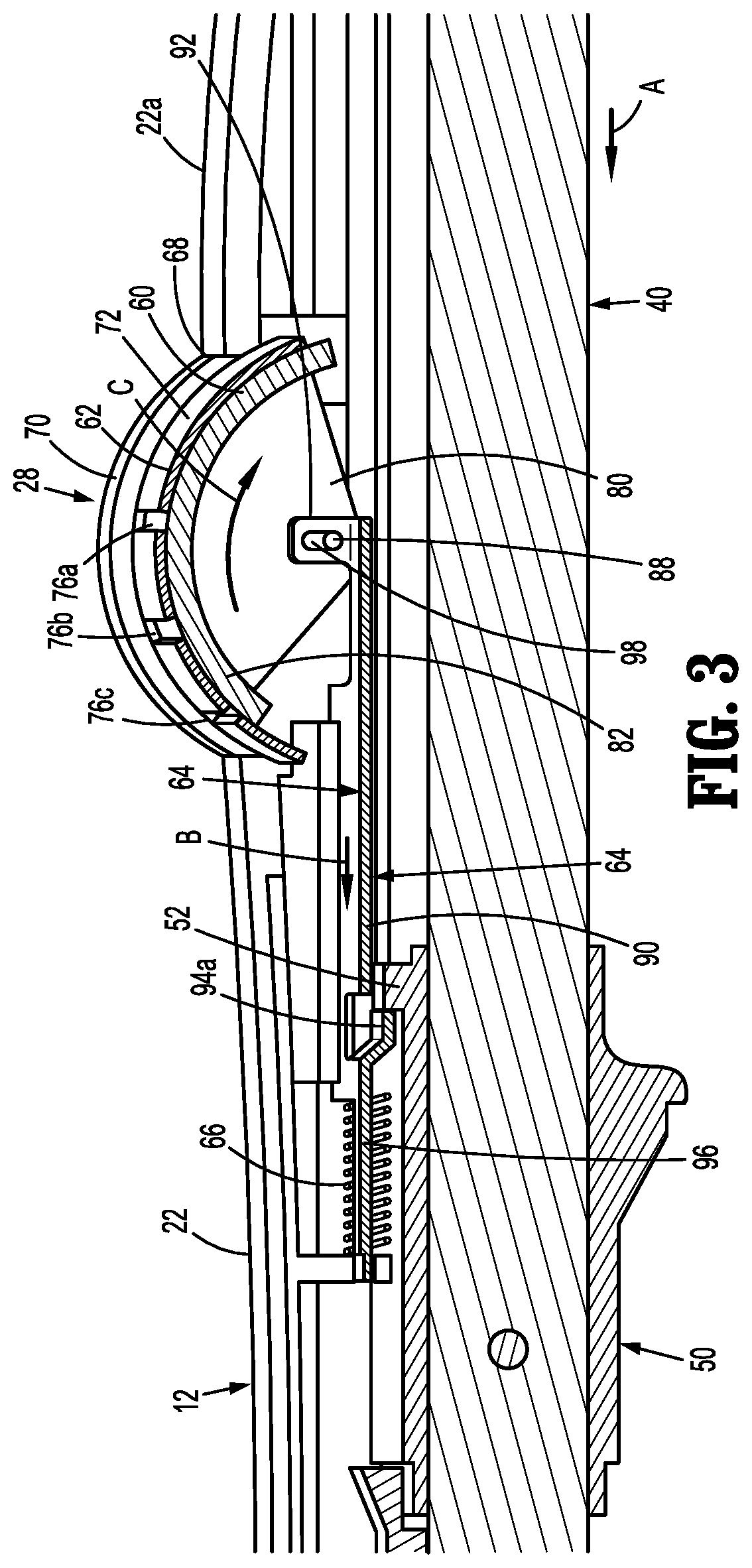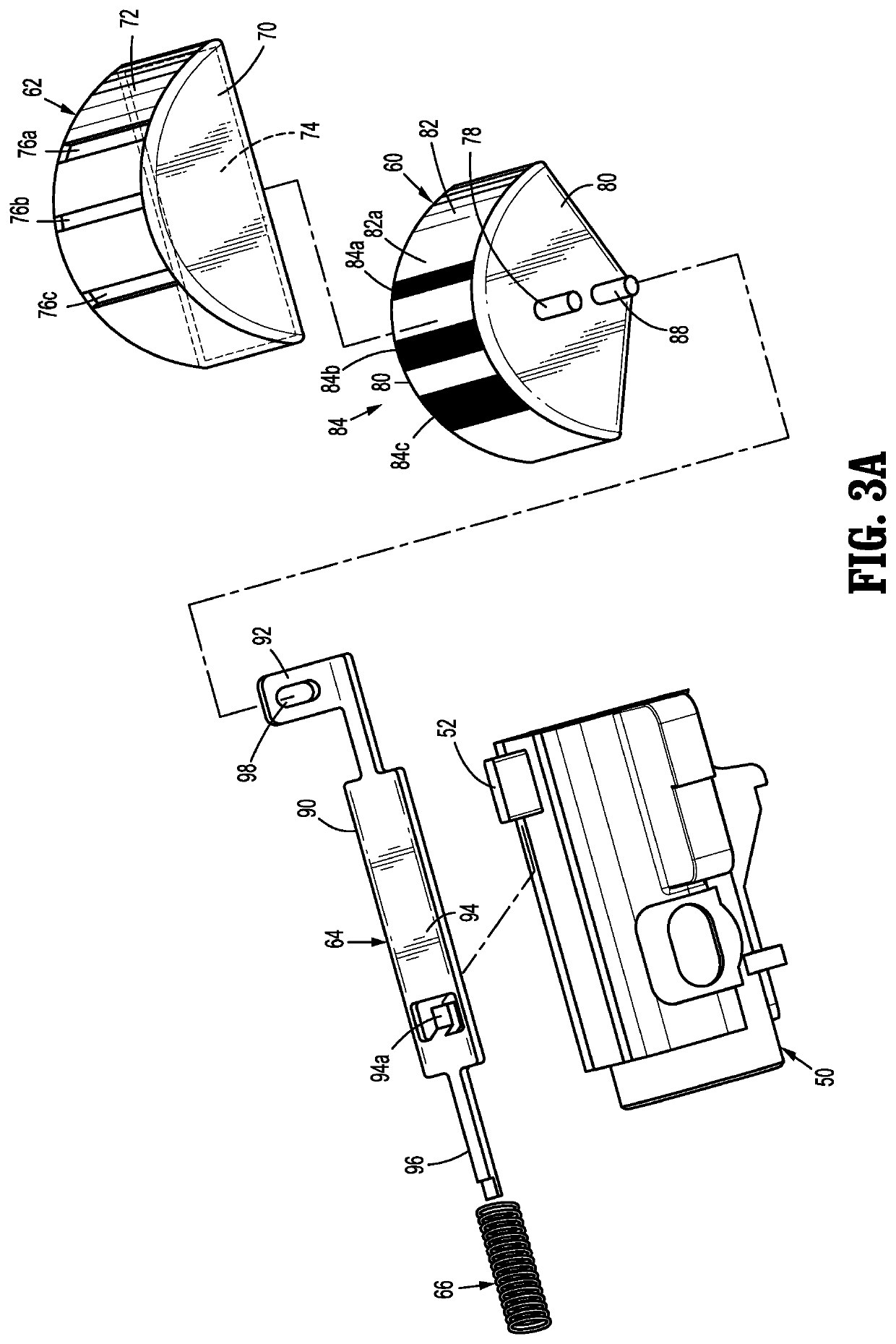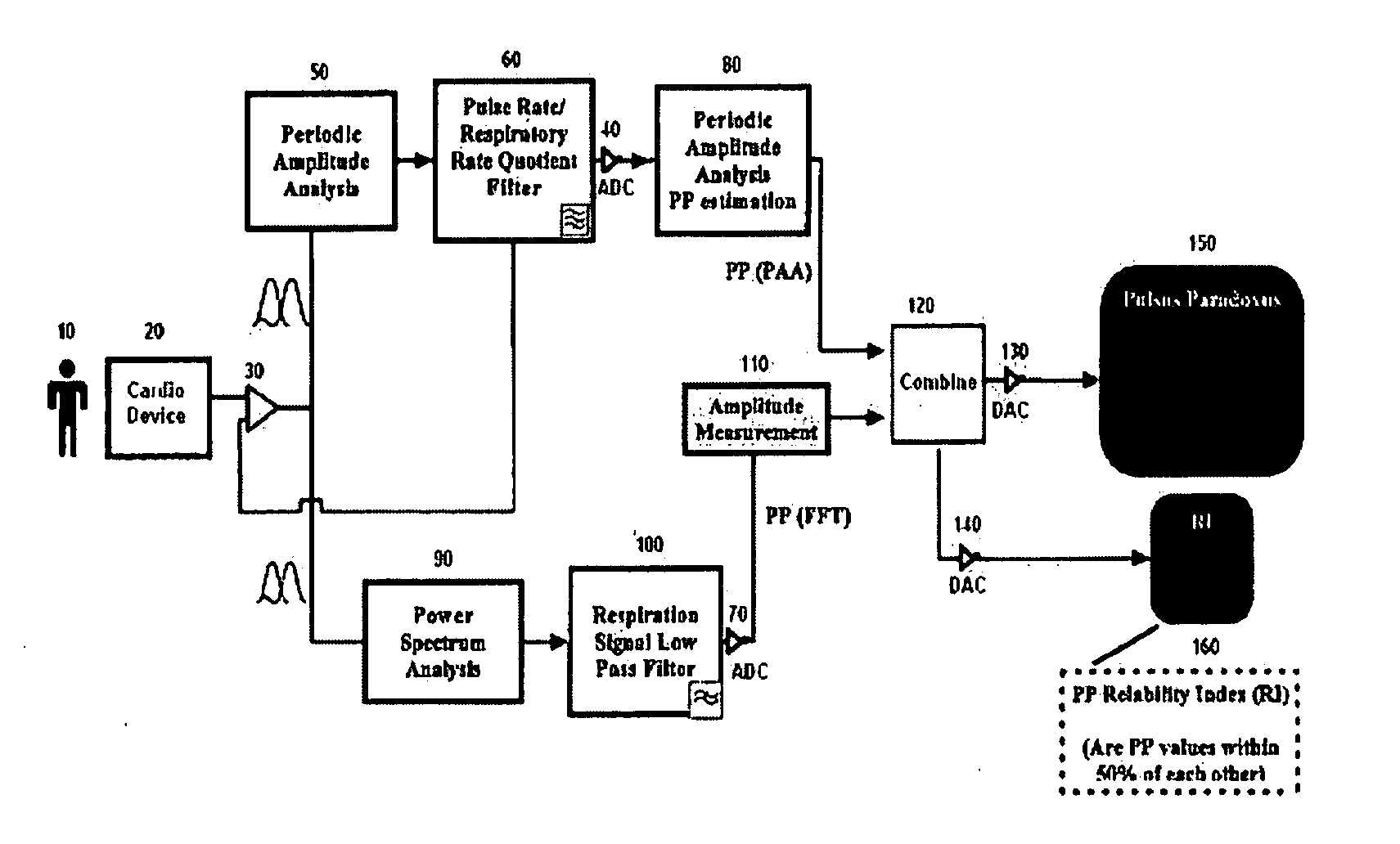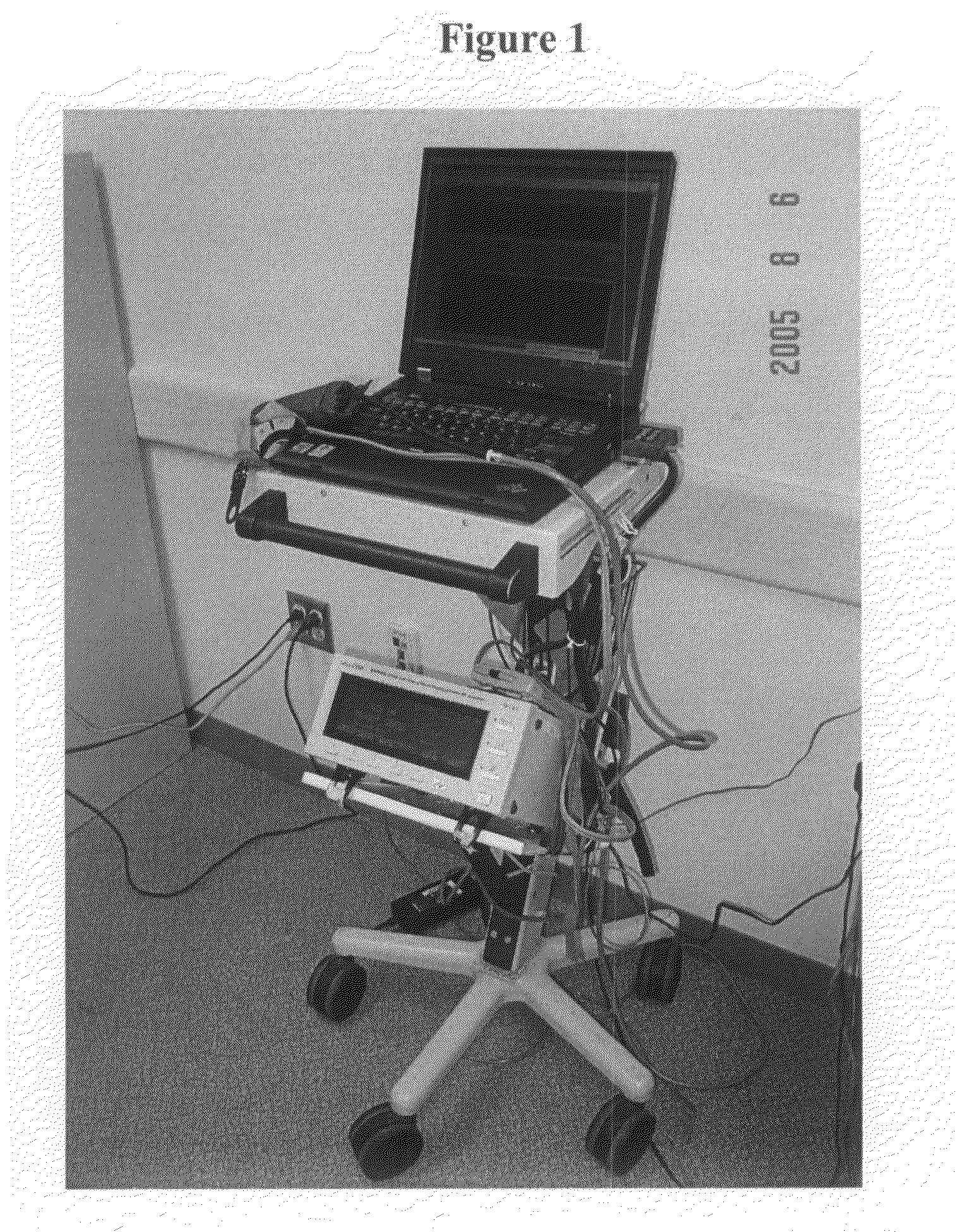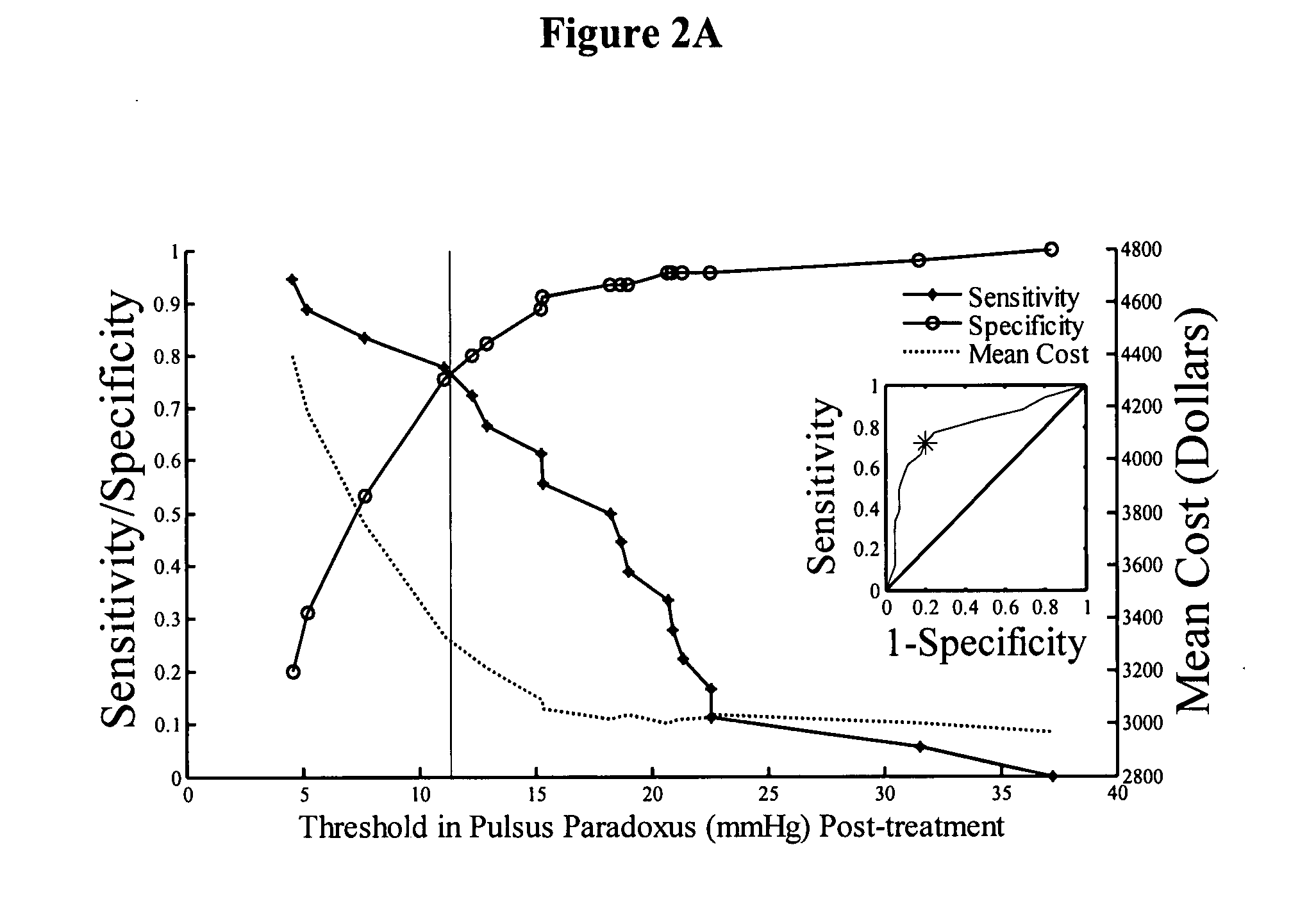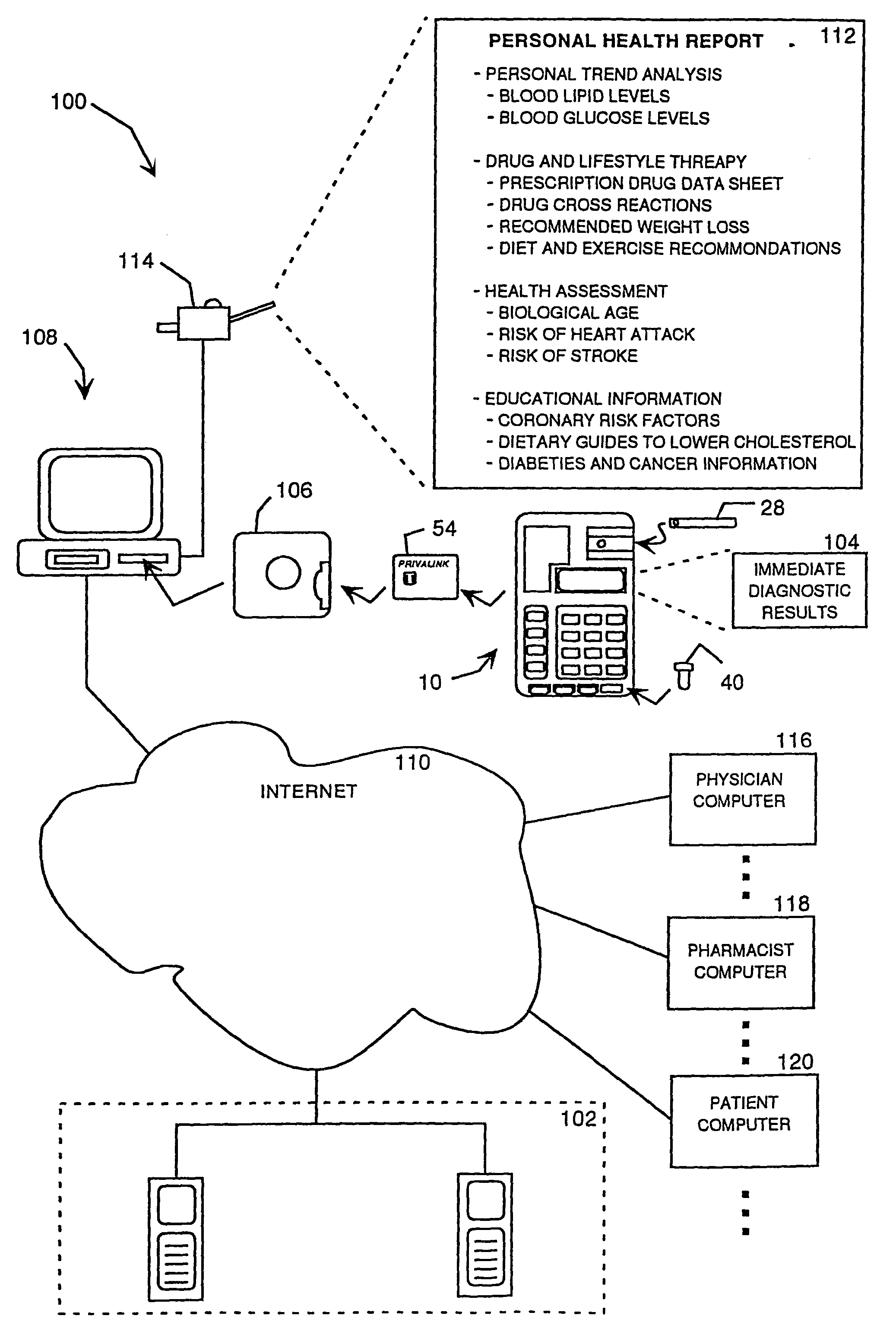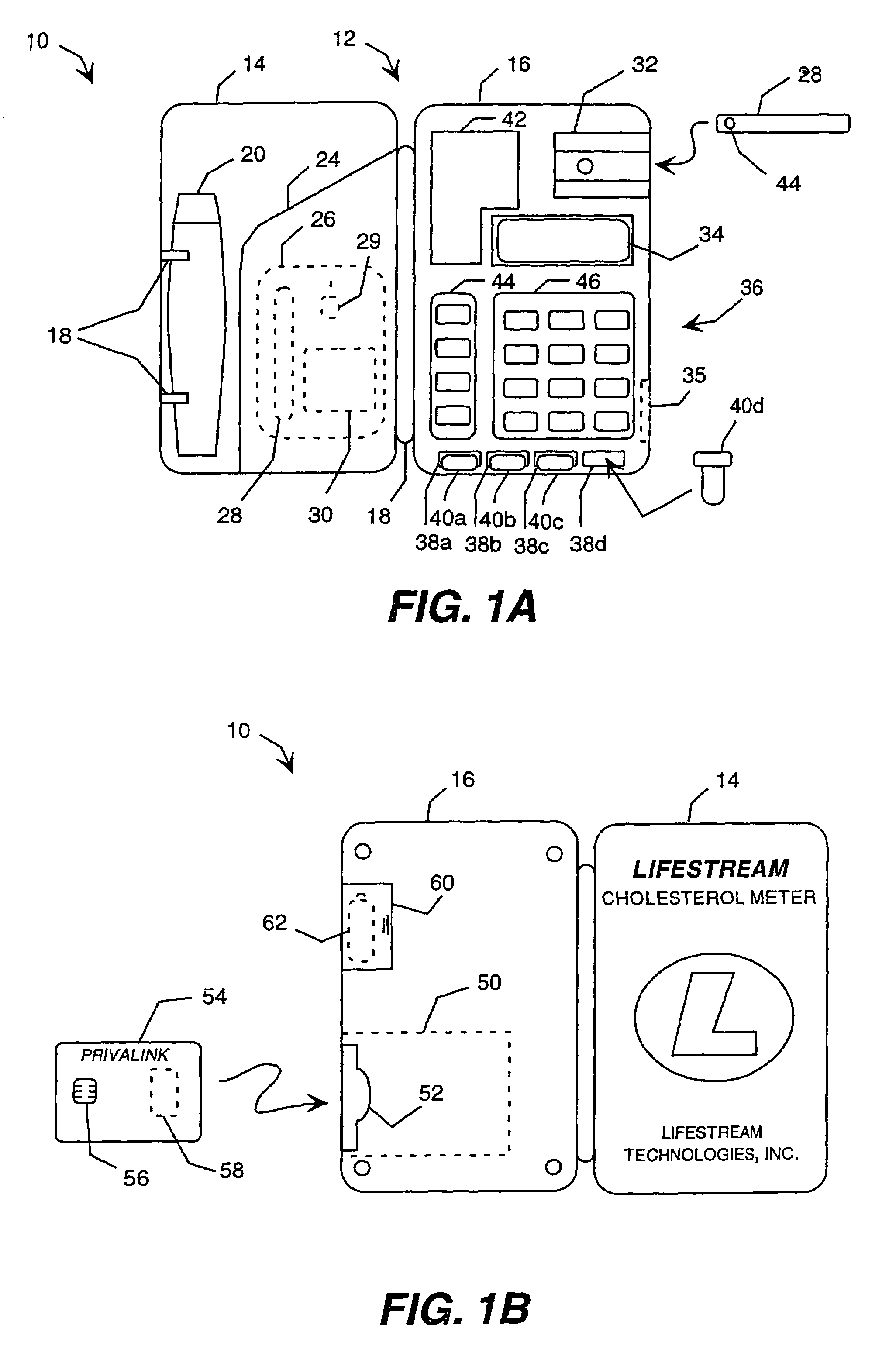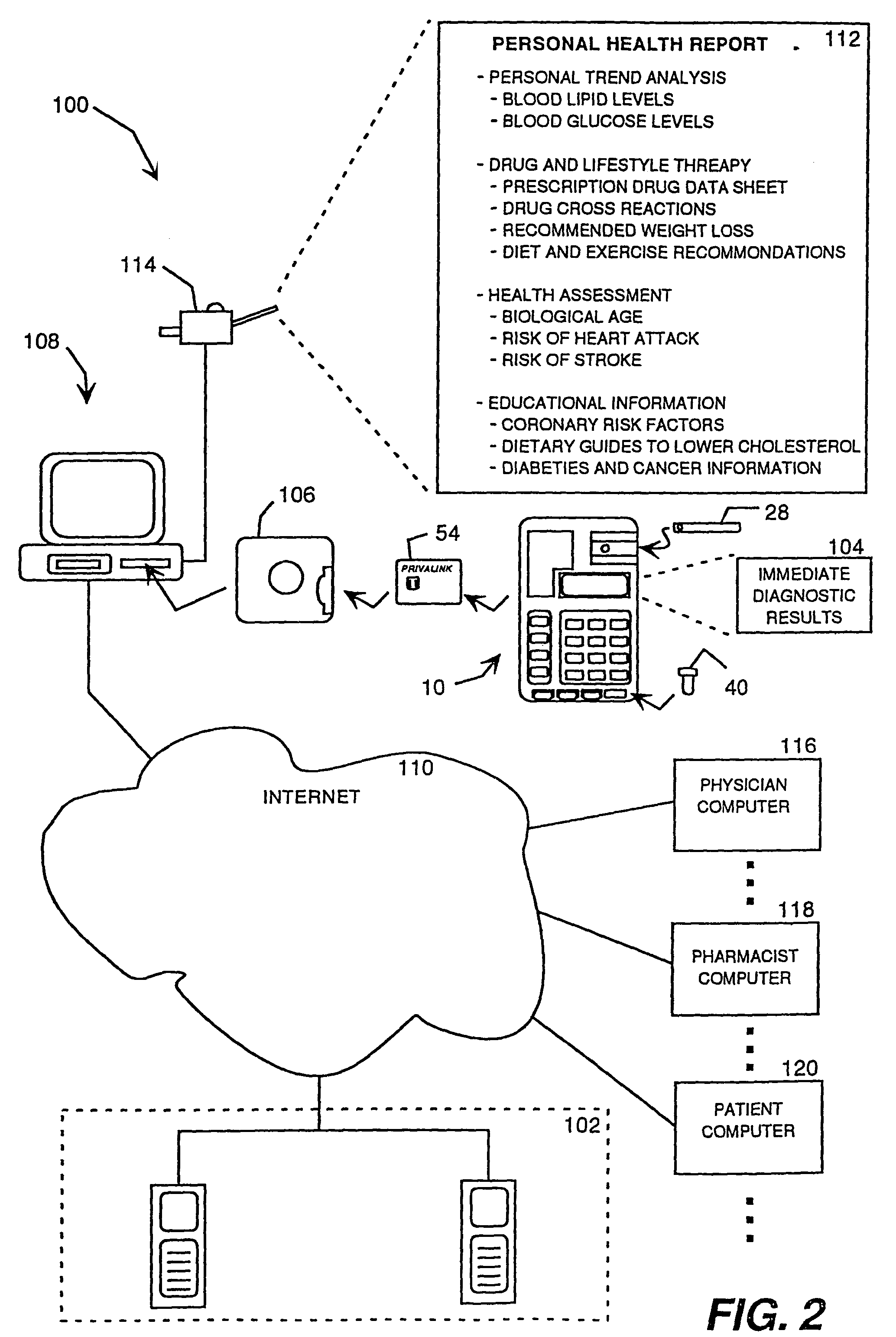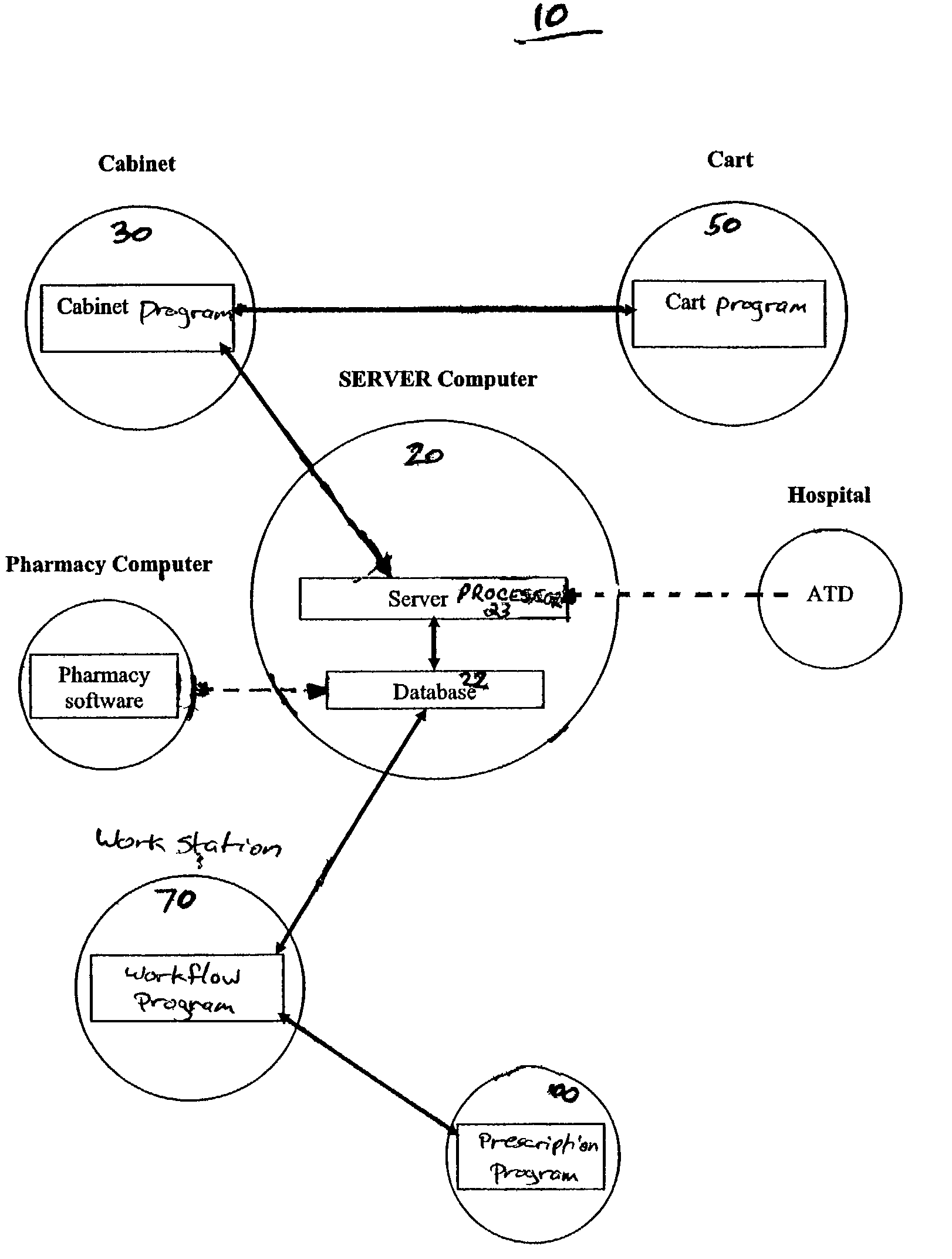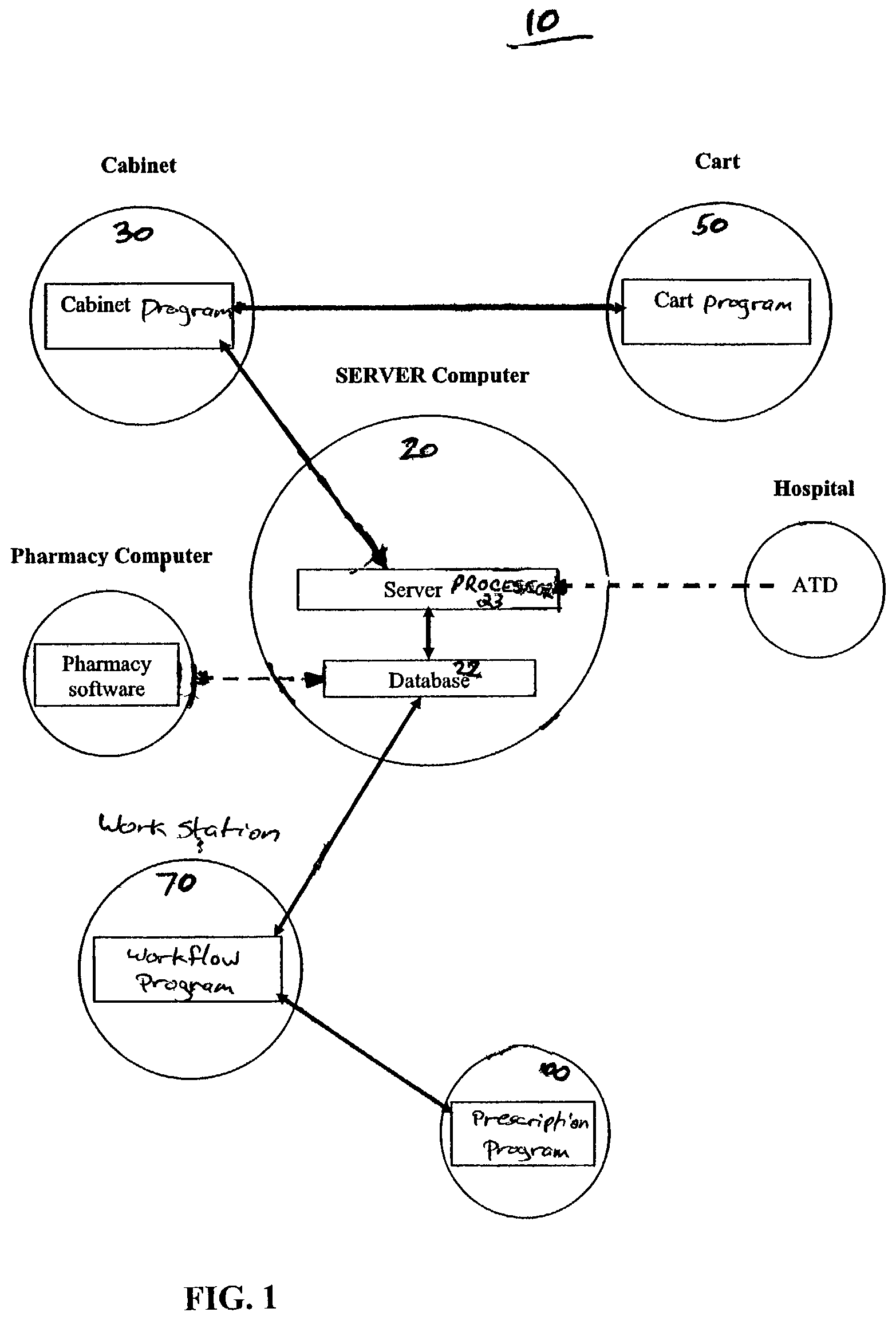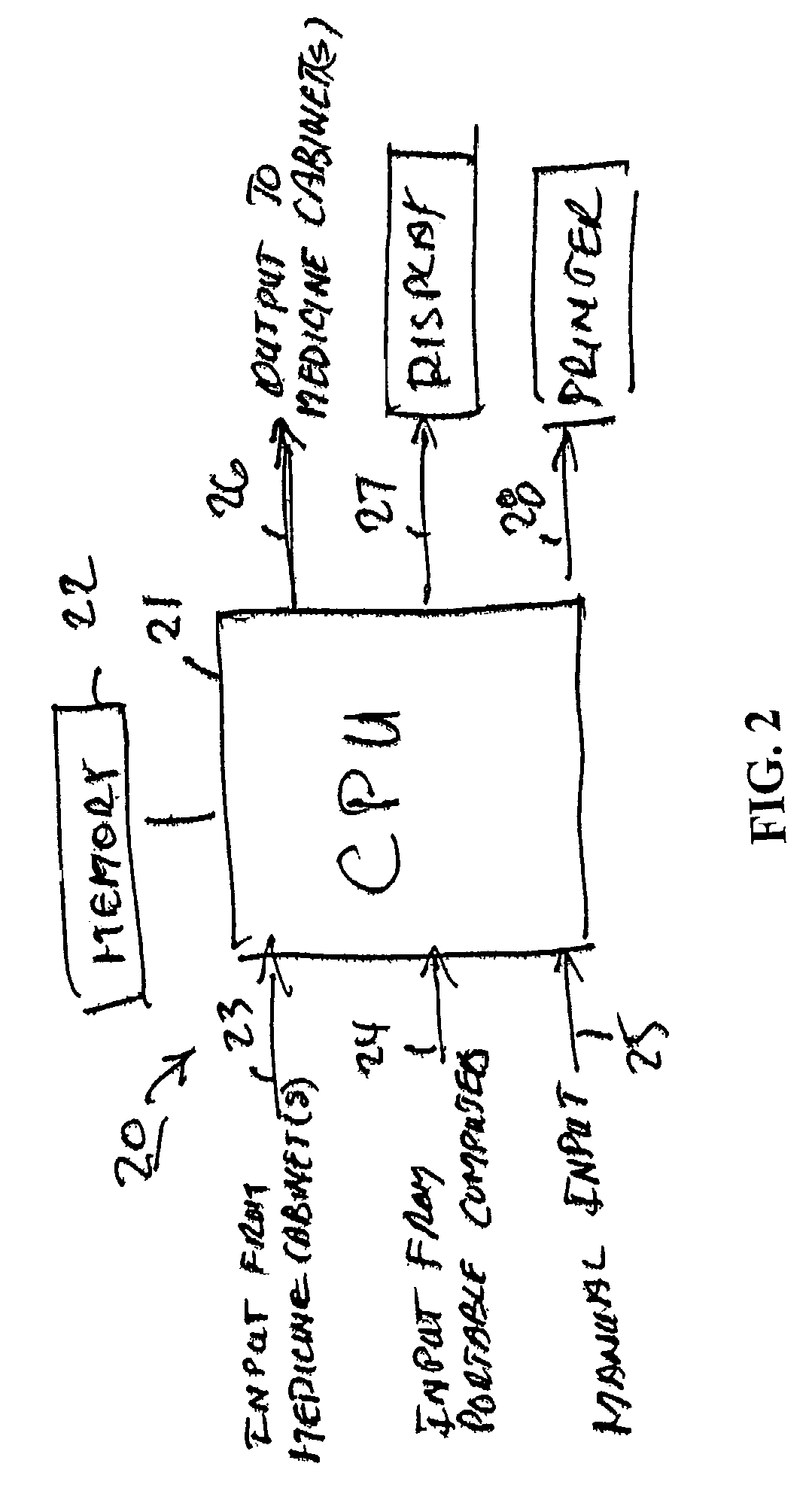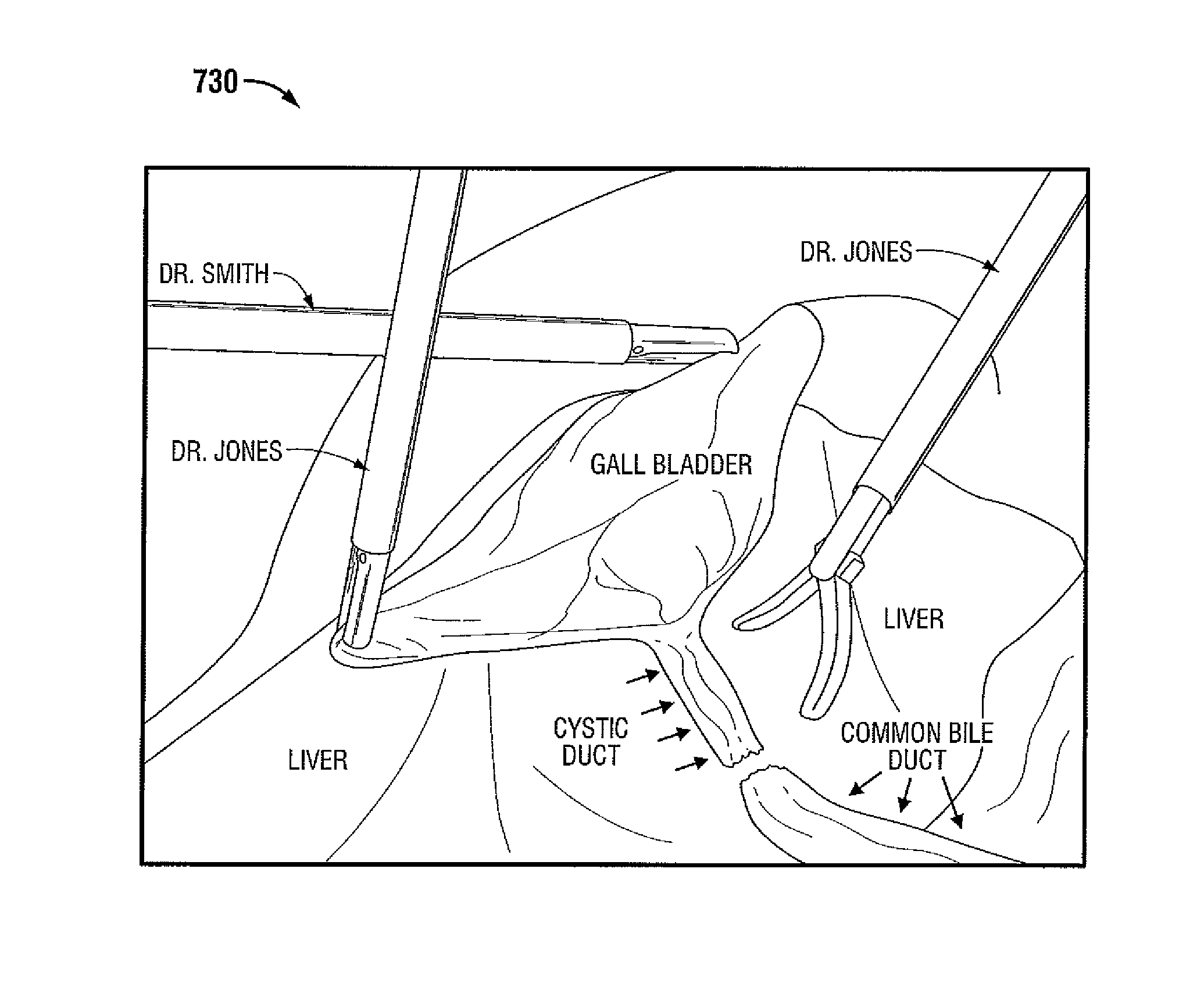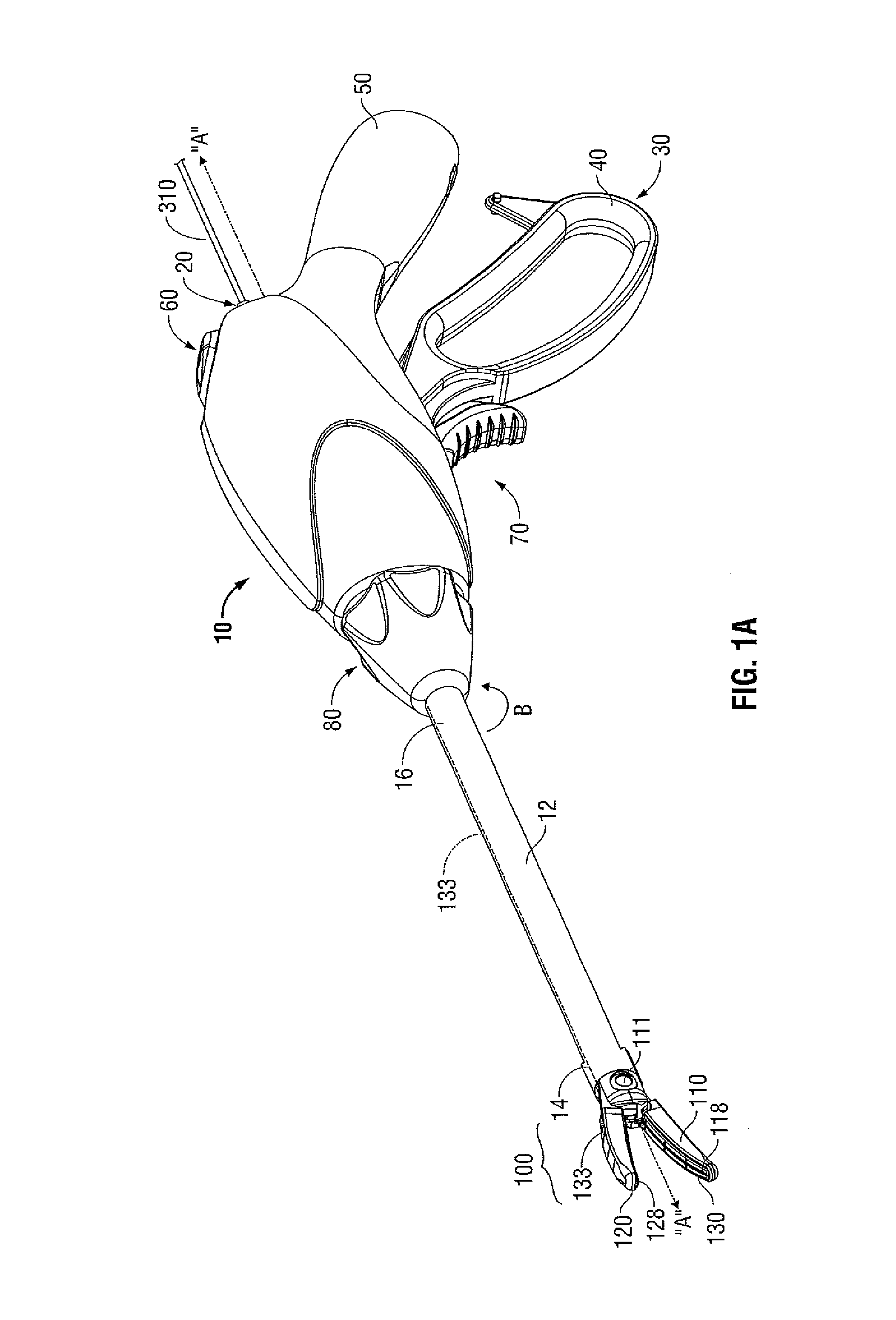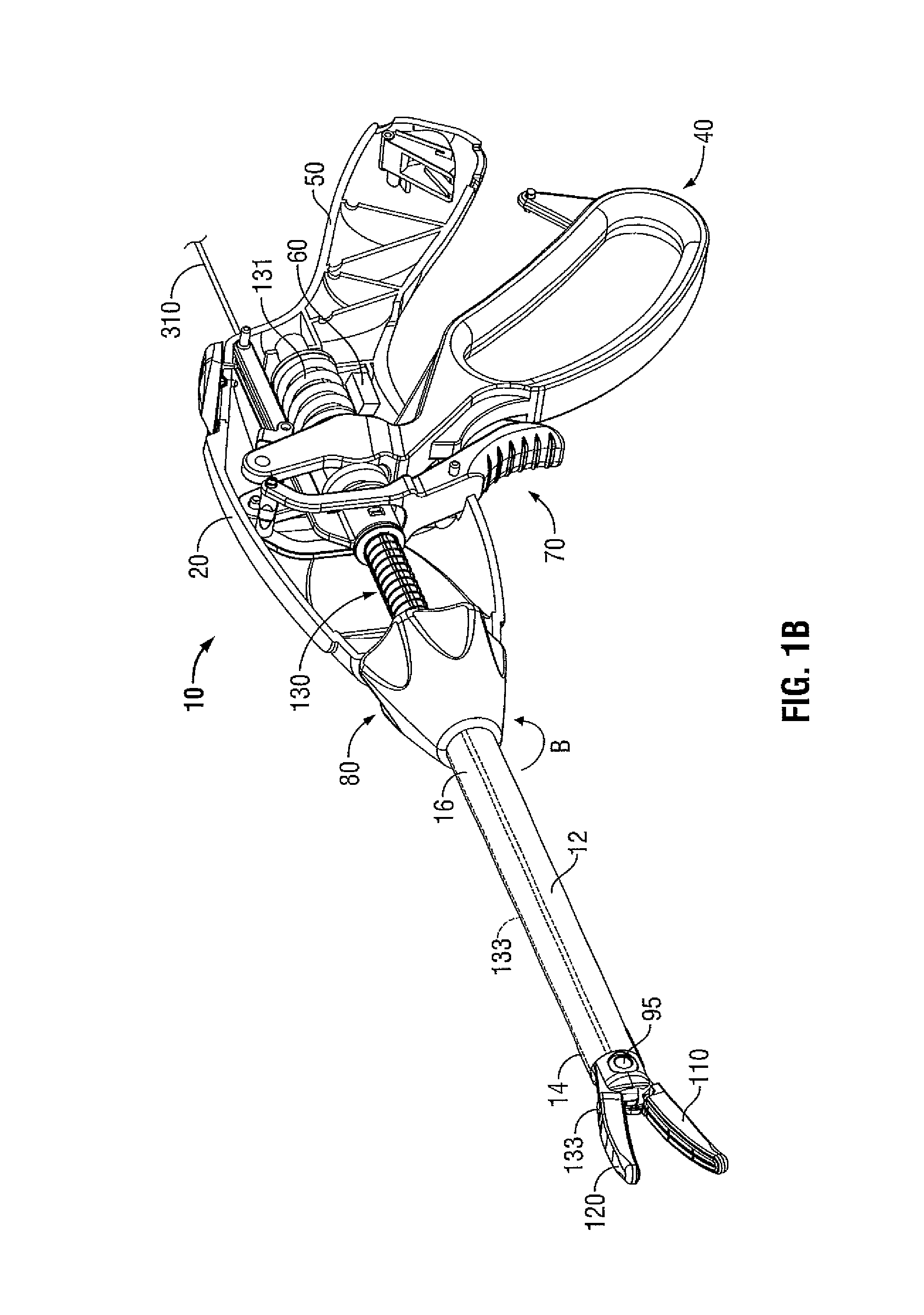Patents
Literature
Hiro is an intelligent assistant for R&D personnel, combined with Patent DNA, to facilitate innovative research.
12142 results about "Medical practitioner" patented technology
Efficacy Topic
Property
Owner
Technical Advancement
Application Domain
Technology Topic
Technology Field Word
Patent Country/Region
Patent Type
Patent Status
Application Year
Inventor
A physician, medical practitioner, medical doctor, or simply doctor, is a professional who practises medicine, which is concerned with promoting, maintaining, or restoring health through the study, diagnosis, prognosis and treatment of disease, injury, and other physical and mental impairments.
Portable remote patient telemonitoring system
A system and method for monitoring vital signs and capturing data from a patient remotely using radiotelemetry techniques. The system is characterized by a cordless, disposable sensor band with sensors form measuring full waveform ECG, full waveform respiration, skin temperature, and motion, and transmission circuitry for the detection and transmission of vital signs data of the patient. A small signal transfer unit that can either be worn by the patient, e.g., on his or her belt, or positioned nearby receives data from the sensor band, which it then forwards by e.g., radio transmission to a base station that can be located up to 60 meters away. The base station receives data transmissions from the signal transfer unit and is designed to connect to conventional phone lines for transferring the collected data to a remote monitoring station. The base station may also capture additional clinical data, such as blood pressure data, and to perform data checks. Patient safety is enhanced by the ability of the base station to compare clinical data, e.g., ECG, against given profiles and to mark events when appropriate or when the base station is programmed to do so. Such events are indicated to the physician and could be indicated to the patient by reverse transmission to the signal transfer unit. A remote monitoring station allows the presentation and review of data (including events) forwarded by the sensor band. ECG analysis software and a user-friendly graphical user interface are provided to remotely analyze the transmitted data and to permit system maintenance and upkeep. The system of the invention has useful application to the collection of patient clinical data during drug trials and medical testing for regulatory approvals as well as management of patients with chronic diseases.
Owner:CLEARPATH PARTNERS
Endoscope assemblies having working channels with reduced bending and stretching resistance
InactiveUS7056284B2Reduce bending and stretching resistanceReduce tensionSurgeryVaccination/ovulation diagnosticsAxial forceEngineering
Apparatus and methods for endoscope assemblies having working channels with reduced bending and stretching resistance are disclosed. In one embodiment, an endoscope assembly includes a sheath having a body portion adapted to at least partially encapsulate an endoscopic insertion tube, and a working channel attached to the body portion and extending along at least a portion of the body portion. The working channel includes a component for reducing the resistance of the assembly to bending and stretching. In alternate aspects, the working channel may include a cut, a gap, a sliding portion, or an expansion section. Endoscope assemblies having a working channel in accordance with the invention advantageously reduce the articulation and stretching resistance of the assembly during articulation of the endoscope assembly. Also, because the axial forces (tension and compression) within the working channel are reduced, the working channel can be fabricated out of a relatively hard, inelastic material, thereby reducing the friction within the working channel and improving the physician's ability to perform a medical procedure.
Owner:COGENTIX MEDICAL
User interfaces for electrosurgical tools in robotic surgical systems
A method for a minimally invasive surgical system is disclosed including capturing camera images of a surgical site; generating a graphical user interface (GUI) including a first colored border portion in a first side and a second colored border in a second side opposite the first side; and overlaying the GUI onto the captured camera images of the surgical site for display on a display device of a surgeon console. The GUI provides information to a user regarding the first electrosurgical tool and the second tool in the surgical site that is concurrently displayed by the captured camera images. The first colored border portion in the GUI indicates that the first electrosurgical tool is controlled by a first master grip of the surgeon console and the second colored border portion indicates the tool type of the second tool controlled by a second master grip of the surgeon console.
Owner:INTUITIVE SURGICAL OPERATIONS INC
System and method for a tissue resection margin measurement device
ActiveUS20160192960A1Minimally invasiveCompensation for deformationMedical imagingSurgical needlesMeasurement deviceVisual perception
Embodiments of the invention provide a system and method for resecting a tissue mass. The system for resecting a tissue mass includes a surgical instrument and a first sensor for measuring a signal corresponding to the position and orientation of the tissue mass. The first sensor is dimensioned to fit insider or next to the tissue mass. The system also includes a second sensor attached to the surgical instrument configured to measure the position and orientation of the surgical instrument. The second sensor is configured to receive the signal from the first sensor. A controller is in communication with the first sensor and / or the second sensor, and the controller executes a stored program to calculate a distance between the first sensor and the second sensor. Accordingly, visual, auditory, haptic or other feedback is provided to the clinician to guide the surgical instrument to the surgical margin.
Owner:THE BRIGHAM & WOMEN S HOSPITAL INC
Hybrid surgical robot system and method for controlling a surgical robot
Disclosed are a hybrid surgical robot system and a method for controlling a surgical robot. The hybrid surgical robot system comprises: a robot arm; an instrument mounted on the robot arm such that the instrument operates by the driving force delivered by the robot arm; and a handle which applies a driving force to the instrument by user manipulation, wherein said instrument performs surgical tasks by the driving force delivered by the robot arm and / or by the driving force delivered by the handle.; The hybrid surgical robot system of the present invention has said manual handle mounted on the surgical robot having the instrument, thus efficiently conducting surgery through the cooperation between a surgeon and the robot, and the surgeon near the patient can directly and manually manipulate the handle to conduct surgery upon the occurrence of emergency during the performance of a remote surgical procedure using the surgical robot.
Owner:EATON CORP
System for and method of collecting and populating a database with physician/patient data for processing to improve practice quality and healthcare delivery
A system and method relates to the field of building and administrating a patient management and health care management database containing data relevant to the clinical care of patients, to the management of the practices to which the patients belong, and to outcomes of that health care and practice management. The disclosed system encompasses (i) designing and administering paper and pen and hand held computer survey instruments; (ii) administering and collecting completed surveys (iii) building and managing a database of information collected from the surveys; (iv) analyzing data collected from the surveys; (v) and providing clinical practices with summary information. Summary information may be used to improve patient care, health outcomes, and the management of physician practices.
Owner:PULSEGROUP
Method and system for determining insulin dosing schedules and carbohydrate-to-insulin ratios in diabetic patients
ActiveUS20050049179A1Prevent overshootPeptide/protein ingredientsAutomatic syringesInsulin regimenCompound (substance)
Method for digitally determining the daily insulin regimen for a diabetic patient. The invention divides the patient's day into adjustable time intervals containing basal insulin dosage rates and Carbohydrate-to-Insulin Ratio(s) (for determining meal insulin doses). The invention identifies the Corrective Insulin doses over a time interval as an “error” in the Prescription Insulin (Basal Insulin+Meal Insulin). Methods involve first estimating the change to one of these two components of Prescription Insulin, and then determining the change to the other by subtracting from the error. One method estimates Change in Meal Insulin distributed among intervals proportional to old Meal Insulin. Another method lumps After-Meal Corrective Insulin together with Meal Insulin. Another method splits the interval at the After-Meal Corrective Dose and determines Basal from Time-Boundary Corrective Dose. Data may be obtained from the previous day, and a small fraction of error applied, leading to asymptotic reduction of error. Data may be obtained from recent history, and a larger fraction of error applied by doctor or automatic method.
Owner:ASEKO
Linear type suturing and excising device
ActiveCN103860225AAvoid surgeryAvoid medical malpracticeEndoscopic cutting instrumentsSurgical staplesReoperative surgeryBiomedical engineering
The invention discloses a linear type suturing and excising device, comprising a body, a staple cartridge rack, a staple anvil, a staple cartridge, a cocking block and a knife pushing rod, wherein the staple cartridge rack, the staple anvil and the staple cartridge are arranged at the far end of the body, the cocking block is used for pushing a staple pushing piece and is arranged in a chute of the staple cartridge, the knife pushing rod pushes the cocking block to move, the staple cartridge rack is provided with a safety block for preventing secondary cocking, the safety block has a linear motion trail, the moving direction of the safety block is vertical to the moving direction of the knife pushing rod, and the safety block is arranged at the far end of the knife pushing rod and the excising knife, and is used for limiting the movement of the knife pushing rod and the excising knife from the near end of the linear suturing and excising device to the far end of the linear suturing and excising device when the linear type suturing and excising device is under the initial state and under the state of cocking completion. The linear type suturing and excising device has the beneficial effects that a doctor is effectively prevented from performing the next operation under the condition of not replacing a cocked staple cartridge, the occurrence of medical negligence is avoided, and the structure is simple and effective.
Owner:TOUCHSTONE INTERNATIONAL MEDICAL SCIENCE CO LTD
Surgical stapling device with firing indicator
Owner:TYCO HEALTHCARE GRP LP
Neural network drug dosage estimation
InactiveUS6658396B1Improve accuracyGood precisionDrug and medicationsBiological neural network modelsNerve networkPatient characteristics
Neural networks are constructed (programmed), trained on historical data, and used to predict any of (1) optimal patient dosage of a single drug, (2) optimal patient dosage of one drug in respect of the patient's concurrent usage of another drug, (3a) optimal patient drug dosage in respect of diverse patient characteristics, (3b) sensitivity of recommended patient drug dosage to the patient characteristics, (4a) expected outcome versus patient drug dosage, (4b) sensitivity of the expected outcome to variant drug dosage(s), (5) expected outcome(s) from drug dosage(s) other than the projected optimal dosage. Both human and economic costs of both optimal and sub-optimal drug therapies may be extrapolated from the exercise of various optimized and trained neural networks. Heretofore little recognized sensitivities-such as, for example, patient race in the administration of psychotropic drugs-are made manifest. Individual prescribing physicians employing deviant patterns of drug therapy may be recognized. Although not intended to prescribe drugs, nor even to set prescription drug dosage, the neural networks are very sophisticated and authoritative "helps" to physicians, and to physician reviewers, in answering "what if" questions.
Owner:PREDICTION SCI
Ultrasonic surgical instrument with finger actuator
Owner:ET HICON ENDO SURGERY
Method and apparatus for the management of data files
InactiveUS6263330B1Easy retrievalEasy accessData processing applicationsTelemedicineMedical recordData file
The present invention provides a network system for storage of medical records. The records are stored in a database on a server. Each record includes two main parts, namely a collection of data elements containing information of medical nature for the certain individual, and a plurality of pointers providing addresses or remote locations where reside other medical data for that particular individual. Each record also includes a data element indicative of the basic type of medical data found at the location pointed to by a particular pointer. This arrangement permits a client workstation to download the record along with the set of pointers which link the client to the remotely stored files. The identification of the basic type of information that each pointer points to allows the physician to select the ones of interest and thus avoid downloading massive amounts of data where only part of that data is needed at that time. In addition, this record structure allows statistical queries to be effected without the necessity of accessing the data behind the pointers. For instance, a query can be built based on keys, one of which is the type of data that a pointer points to. The query can thus be performed solely on the basis of the pointers and the remaining information held in the record.
Owner:BESSETTE LUC
System and method for providing electrical pulses to the vagus nerve(s) to provide therapy for obesity, eating disorders, neurological and neuropsychiatric disorders with a stimulator, comprising bi-directional communication and network capabilities
InactiveUS20050049655A1Extended service lifeIncrease stimulationElectrotherapyArtificial respirationRight vagusThe Internet
A system and method for providing pulsed electrical stimulation to one or both vagus nerve(s) of a patient to provide therapy for obesity, eating disorders, neurological and neuropsychiatric disorders. The electrical pulses can be provided either unilaterally or bilaterally (left and right vagus nerves) and can be supra-diaphramatic or be sub-diaphramatic. The system comprising implantable stimulator, lead(s), an external stimulator, and a programmer. The implantable stimulator, comprising a pulse generator module, and a stimulus-receiver module which is used in conjunction with an external stimulator. Control circuitry ensures selective operation of one of the modules of the implanted stimulator, at a time. Further, the external stimulator comprises a telemetry module for remotely activating (or de-activating) programs over the internet, to arrive at the optimal program for each patient. Once the optimal “dose” is titrated using the external stimulator, the implanted pulse generator can then be programmed to similar parameters. The external stimulator in conjunction with the implanted stimulus-receiver can override the implanted pulse generator module, to provide extra dose of therapy, and also to conserve the implanted battery. The external stimulator is networked to other computers. Using the networking, a physician situated remotely can monitor and program the devices, as well as, automatically generate invoicing. In one embodiment, the external stimulator also comprises GPS circuitry for locating patient.
Owner:NEURO & CARDIAC TECH
External pulse generator for adjunct (add-on) treatment of obesity, eating disorders, neurological, neuropsychiatric, and urological disorders
An external pulse generator comprising a primary coil and adapted to inductively couple to an implanted receiving means, is designed to deliver neuromodulation therapy for disorders comprising obesity, eating disorders, anxiety and the like. The external pulse generator contains limited number of predetermined programs. These programs provide the patient or caretaker a means to adjust the therapy within confined limits, or turn the device off. The predetermined programs contain unique combination of pulse amplitude, pulse width, frequency of stimulation, and on-off time. In another mode of operation, the parameters can be individually adjusted and the stimulation therapy program can be “customized” for the patient, and stored in the memory. The programs are capable of being modified with a programming station connected to the pulse generator with a RS232-C serial connection. Additionally, the external pulse generator has two-way wireless capabilities, whereby enabling the physicians to remotely control the therapy programs of their patients using wireless internet. Moreover, the external pulse generator has proximity sensing and feedback regulation component to provide a constant therapy in accordance with the predetermined programs.
Owner:NEURO & CARDIAC TECH
Surgical extractor
InactiveUS6168603B1Increase the number ofIncrease in sizeSurgeryDilatorsKidney stonesBiomedical engineering
A surgical extractor for removing objects from a body including, for example, calculi, such as kidney stones and gall stones. The extractor includes a handle at a proximal end with a slider for operation by a physician. At the distal end the extractor includes a plurality of wires with each wire comprising a first portion having an individual strand and a second portion comprising a plurality of filaments. When a retaining sheath is retracted, the wires, formed of a shape memory material such as stainless steel, expand such that each of strands assume a spaced relationship to define a first section of a basket and the plurality of the filaments assume a spaced relationship to define a second section of the basket. The use of a basket formed by wires having a first section having an individual strand and a second section having the plurality of filaments promotes capture of objects within the body by having widely spaced wires in the first section, retention of such objects in the second section by multiplying the number of contacts with entrapped object, and improved selective release of such objects without any deleterious effect on the reliability or size of the extractor. Additionally, use of the basket enables improved dislodgment and capture of embedded or impacted objects.
Owner:BOSTON SCI CORP
System and method for intra-operative, image-based, interactive verification of a pre-operative surgical plan
InactiveUS6301495B1Registration errorAvoid mistakesGeometric image transformationDiagnostic markersFusion mechanismPhysical space
A system and method for intra-operatively providing a surgeon with visual evaluations of possible surgical outcomes ahead of time, and generating simulated data, includes a medical imaging camera, a registration device for registering data to a physical space, and to the medical imaging camera, and a fusion mechanism for fusing the data and the images to generate simulated data. The simulated data (e.g., such as augmented X-ray images) is natural and easy for a surgeon to interpret. In an exemplary implementation, the system preferably includes a data processor which receives a three-dimensional surgical plan or three-dimensional plan of therapy delivery, one or a plurality of two-dimensional intra-operative images, a three-dimensional model of pre-operative data, registration data, and image calibration data. The data processor produces one or a plurality of simulated post-operative images, by integrating a projection of a three-dimensional model of pre-operative data onto one or a plurality of two-dimensional intra-operative images.
Owner:IBM CORP
Orthopaedic Implants and Prostheses
InactiveUS20090210062A1Small sizeAdjustable sizeSuture equipmentsBone implantSurgical siteSurgical department
Disclosed herein are spinal implants particularly useful in interbody fusion surgery. One embodiment pertains to a plate configured to establish desired lordosis and / or disc height that may be implanted and secured to a superior and inferior vertebral body. The plate may be interlocked with a spacer component to form a single implant. Also disclosed is an anti-backout mechanism that helps prevent fixators from backing out upon securement of the plate in the spine. Kits comprising different sizes and inclination angles of components are disclosed, which can assist the surgeon in preoperatively assembling an implant to best fit in the surgical site of the patient.
Owner:THALGOTT JOHN +1
Radio frequency ablation servo catheter and method
ActiveUS20060015096A1Surgical navigation systemsDiagnostic recording/measuringRf ablationWorkstation
A system that interfaces with a workstation endocardial mapping system allows for the rapid and successful ablation of cardiac tissue. The system allows a physician to see a representation of the physical location of a catheter in a representation of an anatomic model of the patient's heart. The workstation is the primary interface with the physician. A servo catheter having pull wires and pull rings for guidance and a servo catheter control system are interfaced with the workstation. Servo catheter control software may run on the workstation. The servo catheter is coupled to an RF generator. The physician locates a site for ablation therapy and confirms the location of the catheter. Once the catheter is located at the desired ablation site, the physician activates the RF generator to deliver the therapy.
Owner:ST JUDE MEDICAL ATRIAL FIBRILLATION DIV
User interfaces for electrosurgical tools in robotic surgical systems
A method for a minimally invasive surgical system is disclosed including capturing camera images of a surgical site; generating a graphical user interface (GUI) including a first colored border portion in a first side and a second colored border in a second side opposite the first side; and overlaying the GUI onto the captured camera images of the surgical site for display on a display device of a surgeon console. The GUI provides information to a user regarding the first electrosurgical tool and the second tool in the surgical site that is concurrently displayed by the captured camera images. The first colored border portion in the GUI indicates that the first electrosurgical tool is controlled by a first master grip of the surgeon console and the second colored border portion indicates the tool type of the second tool controlled by a second master grip of the surgeon console.
Owner:INTUITIVE SURGICAL OPERATIONS INC
System and method for integrating and validating genotypic, phenotypic and medical information into a database according to a standardized ontology
InactiveUS20070178501A1Safest and most effective treatmentGood decisionData processing applicationsMicrobiological testing/measurementData validationMedical record
The system described herein enables clinicians and researchers to use aggregated genetic and phenotypic data from clinical trials and medical records to make the safest, most effective treatment decisions for each patient. This involves (i) the creation of a standardized ontology for genetic, phenotypic, clinical, pharmacokinetic, pharmacodynamic and other data sets, (ii) the creation of a translation engine to integrate heterogeneous data sets into a database using the standardized ontology, and (iii) the development of statistical methods to perform data validation and outcome prediction with the integrated data. The system is designed to interface with patient electronic medical records (EMRs) in hospitals and laboratories to extract a particular patient's relevant data. The system may also be used in the context of generating phenotypic predictions and enhanced medical laboratory reports for treating clinicians. The system may also be used in the context of leveraging the huge amount of data created in medical and pharmaceutical clinical trials. The ontology and validation rules are designed to be flexible so as to accommodate a disparate set of clients. The system is also designed to be flexible so that it can change to accommodate scientific progress and remain optimally configured.
Owner:NATERA
Physician-centric health care delivery platform
A system for diagnosing and / or treating a patient comprising a patient information database for storing and retrieving patient health data related to the patient. The data includes one or more of real-time patient health information, at least one clinical practice guideline, at least one patient questionnaire and a patient medical history. At least one server is operative to access the patient information database. A computing device remotely located from the server, including a microprocessor, configured to store a computer application and is configured for communication with the server for retrieving of the patient health data. The computer application generates at least one of a patient diagnosis or a patient treatment recommendation using the retrieved patient health data.
Owner:MD24 PATENT TECH LLC
Method and system for patient monitoring and respiratory assistance control through mechanical ventilation by the use of deterministic protocols
InactiveUS6148814AReducing ventilator rateRelieve pressureRespiratorsBreathing masksDiseaseClinical staff
A method and system for managing mechanical ventilation of patients with respiratory disorders is described. The main objective of the system is to generate executable instructions for patient care which take into account a large number of parameters of patient condition and ventilation. Data regarding the state of the patient are stored in a database. Patient data are processed according to a set of protocols which contain rules for patient care decisions arranged in a logical sequence to generate detailed, executable instructions for patient care. Instructions are updated when new data are entered into the database. The data can be acquired in an automated fashion, or the clinician can be instructed to collect and enter new data into the clinical database. Likewise, patient care instructions can be carried out automatically or manually, but it is preferred that instructions are carried out manually as a safety check. The preferred embodiment of the invention includes a computer system, software for processing patient data, and a display device for presenting patient care instructions to the clinician. The system maintains a record of patient data, patient care instructions, whether instructions were followed by the clinical staff, and if not, a reason why.
Owner:INTERMOUNTAIN INTELLECTUAL ASSET MANAGEMENT LLC
Method and system of monitoring a patient
A patient monitor system implemented by a service provider for users via recording a patients analytes measurements by an attenuated total reflection (ATR) infrared total spectroscopy method. The system comprises an input module that provides a non-invasive method in measuring analytes in a patient, such as a measurement of the glucose level and other blood analytes. The measurement is shared among a plurality of output devices such as computers, personal digital assistants (PDAs), cellular phones, and pagers that are stationed or held by various users such as doctors, patients, researchers, pharmacies, labs, and health insurers. In addition behavioral attributes are recorded and correlated with the analytes measurements to generate a profile. The profile is selectively sent to output devices based on the user profile corresponding to the output device. Also, access to the profile is monitored by a security module that encrypts the profile to prevent access by un-authorized users.
Owner:VIVOMEDICAL INC
Miniature bone-mounted surgical robot
InactiveUS6837892B2Highly accurateImprove efficiencyMechanical apparatusJointsSurgical robotSurgical site
A miniature surgical robot and a method for using it are disclosed. The miniature surgical robot attaches directly with the bone of a patient. Two-dimensional X-ray images of the robot on the bone are registered with three-dimensional images of the bone. This locates the robot precisely on the bone of the patient. The robot is then directed to pre-operative determined positions based on a pre-operative plan by the surgeon. The robot then moves to the requested surgical site and aligns a sleeve through which the surgeon can insert a surgical tool.
Owner:MAZOR ROBOTICS
Ergonomic surgeon control console in robotic surgical systems
A control console to remotely control medical equipment is disclosed having a base with an ergonomically adjustable pedal system. The base further has an opening to receive the pedal system. The pedal system includes a moveable pedal tray with a pedal base. The tray includes a first left pedal assembly and a first right pedal assembly, and an upper tier having a second left pedal assembly and a second right pedal assembly respectively in alignment with and elevated above the first left pedal assembly and the first right pedal assembly. Rollers are rotatable coupled to the moveable pedal tray to allow it roll over a floor. A drive assembly is coupled between the moveable pedal tray and the base. The drive assembly applies a force to the to roll the moveable pedal tray over the floor within the opening of the base.
Owner:INTUITIVE SURGICAL +1
Circular stapler with visual indicator mechanism
ActiveUS10874399B2Improve visualizationDegree of controlDiagnosticsSurgical staplesEngineeringVisual perception
A surgical stapling device includes a visual indicator mechanism that provides a clinician with greater visualization of the movement of an anvil assembly in relation to a cartridge assembly after the anvil and cartridge assemblies have been approximated to within a firing zone. The visual indicator mechanism improves visualization of the different degrees of approximation within the firing zone by providing an indicator cover having spaced slots that allow indicia formed on an indicator member to sequentially appear within the spaced slots to identify the different degrees of approximation within the firing zone.
Owner:TYCO HEALTHCARE GRP LP
Devices and methods for measuring pulsus paradoxus
The invention relates to methods and devices for measuring pulsus paradoxus. The methods herein employ a combination of one or more forms of waveform analysis for the purpose of measuring pulsus paradoxus and diagnosing respiratory distress. The methods also combine measurements of pulsus paradoxus and physician assessments to diagnose respiratory distress. The methods also combine measurements of pulsus paradoxus and percentage oxygenated hemoglobin to diagnose respiratory distress. The devices of this invention employ pulse oximeters, arterial tonometers, finometers, or processors for the purpose of implementing the methods of the invention.
Owner:JPMORGAN CHASE BANK NA
Secure medical records maintenance system
InactiveUS7092891B2Low costReduce inconvenienceBiomass after-treatmentAngiographyMedical recordRemovable media
A secure medical records maintenance system including a first server that stores patient identification information indexed by patient identification numbers (PINs) and a second server that stores patient medical data indexed by medical record identification numbers. For security purposes, the medical data maintained in the second remote server cannot be correlated to the associated patient identification information maintained in the first server based on the information contained in the servers. A correlation table uniquely associating each medical record identification number with a particular one of the patient identification numbers is used to allow correlation of the databases. The correlation table for a particular patient typically resides on a patient's removable memory storage device (smartcard). The correlation table for a practaioner's patients may also reside on the practitioner's computer, which is associated with the licensed medical practitioner having an assigned professional registration number
Owner:ORANGEHOOK INC
Medication administration system
The present invention comprises a system and method for administering medications to a plurality of patients in a medication institution. A preferred system comprises a workflow program for generating a scheduler, wherein the scheduler coordinates the administration of medications to the patients, a medicine cabinet, responsive to said scheduler, for storing medications and dispensing the medications to an authorized user for administration to the patients, the workflow program providing the cabinet with patient specific information relating to said dispensation of the medications including a physician order for each patient, and a medicine cart, coupled to the medicine cabinet, for instructing said authorized user in the administration of said medication to each of said patients. The cart comprises a plurality of patient specific cart drawers for storing the medication to be administered to each patient, wherein each cart drawer remains unidentified as patient specific until the medication cart receives said patient specific information, and a cart processor, wherein the cart drawers are filled with medicine from the medicine cabinet for each patient associated with each patient specific cart drawer in accordance with the respective physician order for each patient.
Owner:3AM IP
Apparatus and method for using augmented reality vision system in surgical procedures
ActiveUS9123155B2Improve eyesightAvoid enteringMechanical/radiation/invasive therapiesSurgerySurgical siteX-ray
A system and method for improving a surgeon's vision by overlaying augmented reality information onto a video image of the surgical site. A high definition video camera sends a video image in real time. Prior to the surgery, a pre-operative image is created from MRI, x-ray, ultrasound, or other method of diagnosis using imaging technology. The pre-operative image is stored within the computer. The computer processes the pre-operative image to decipher organs, anatomical geometries, vessels, tissue planes, orientation, and other structures. As the surgeon performs the surgery, the AR controller augments the real time video image with the processed pre-operative image and displays the augmented image on an interface to provide further guidance to the surgeon during the surgical procedure.
Owner:TYCO HEALTHCARE GRP LP
Features
- R&D
- Intellectual Property
- Life Sciences
- Materials
- Tech Scout
Why Patsnap Eureka
- Unparalleled Data Quality
- Higher Quality Content
- 60% Fewer Hallucinations
Social media
Patsnap Eureka Blog
Learn More Browse by: Latest US Patents, China's latest patents, Technical Efficacy Thesaurus, Application Domain, Technology Topic, Popular Technical Reports.
© 2025 PatSnap. All rights reserved.Legal|Privacy policy|Modern Slavery Act Transparency Statement|Sitemap|About US| Contact US: help@patsnap.com
